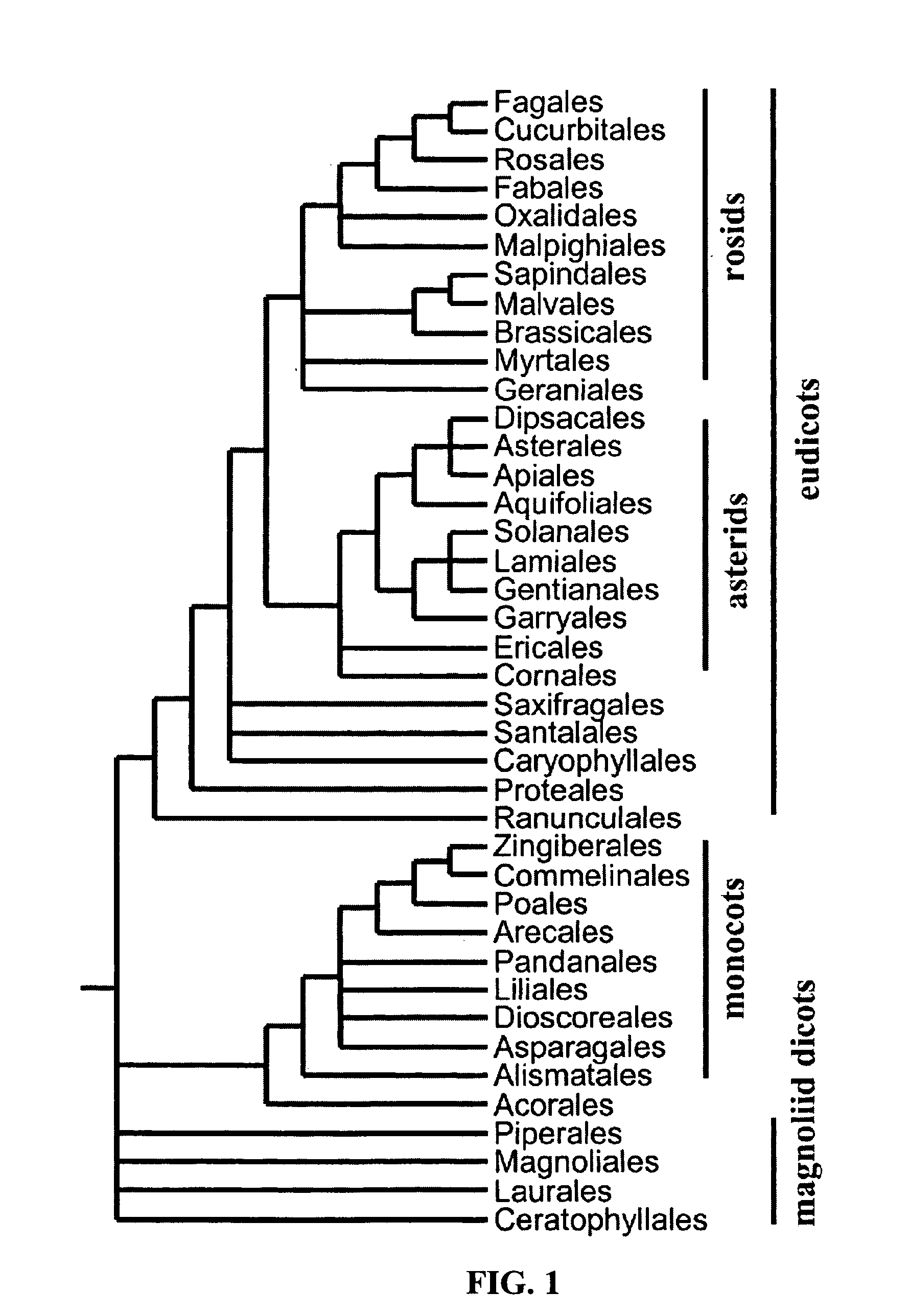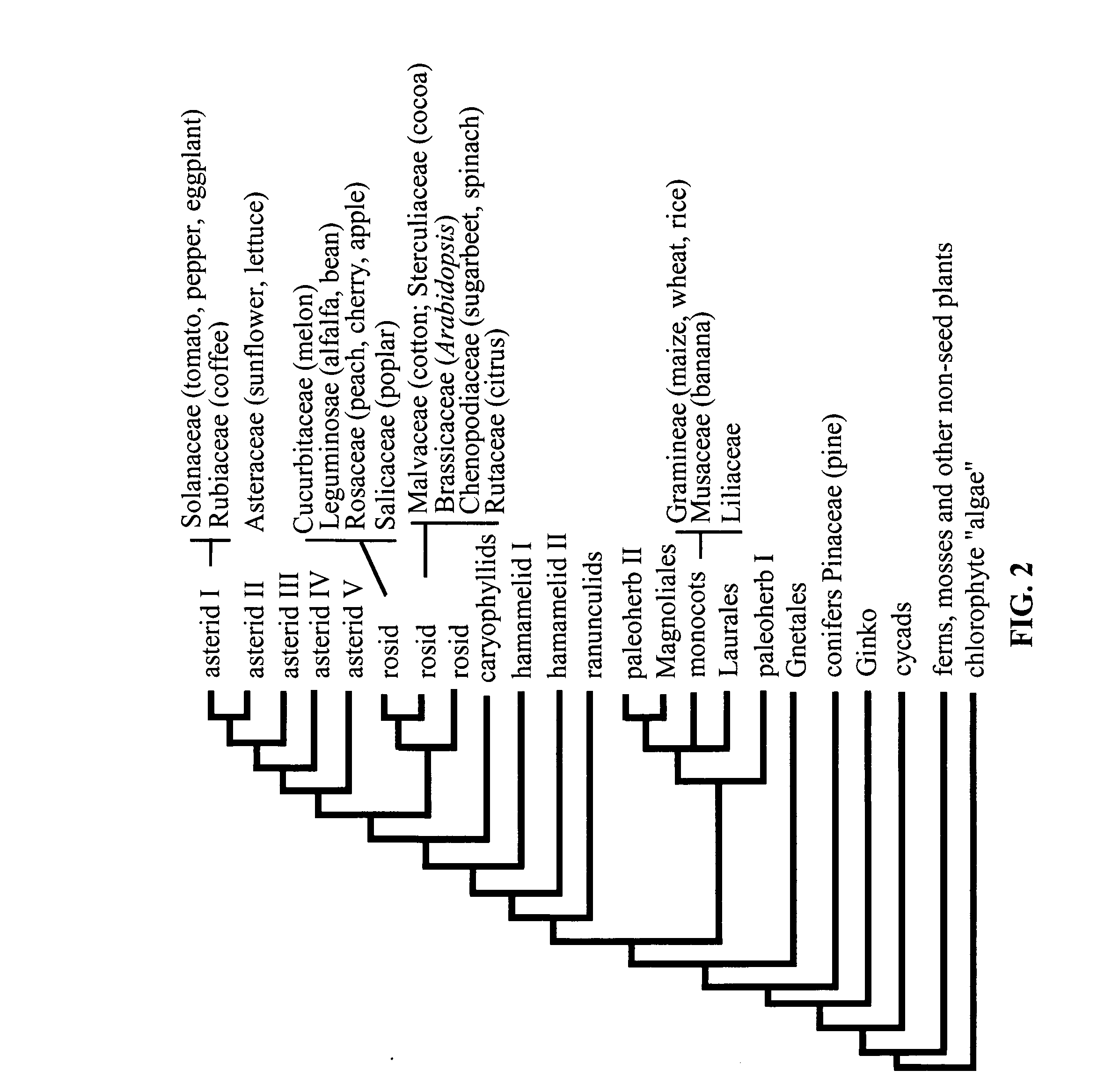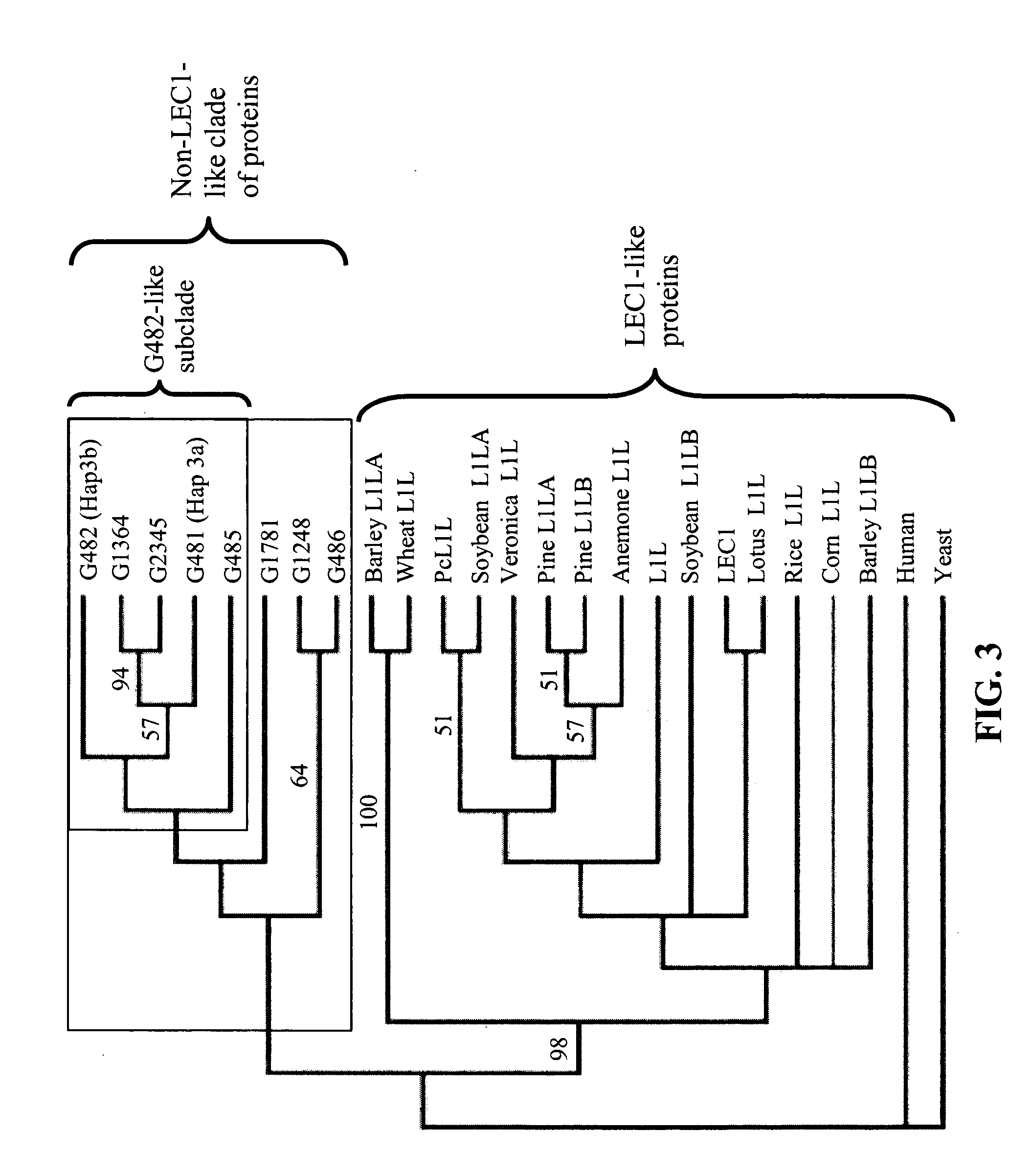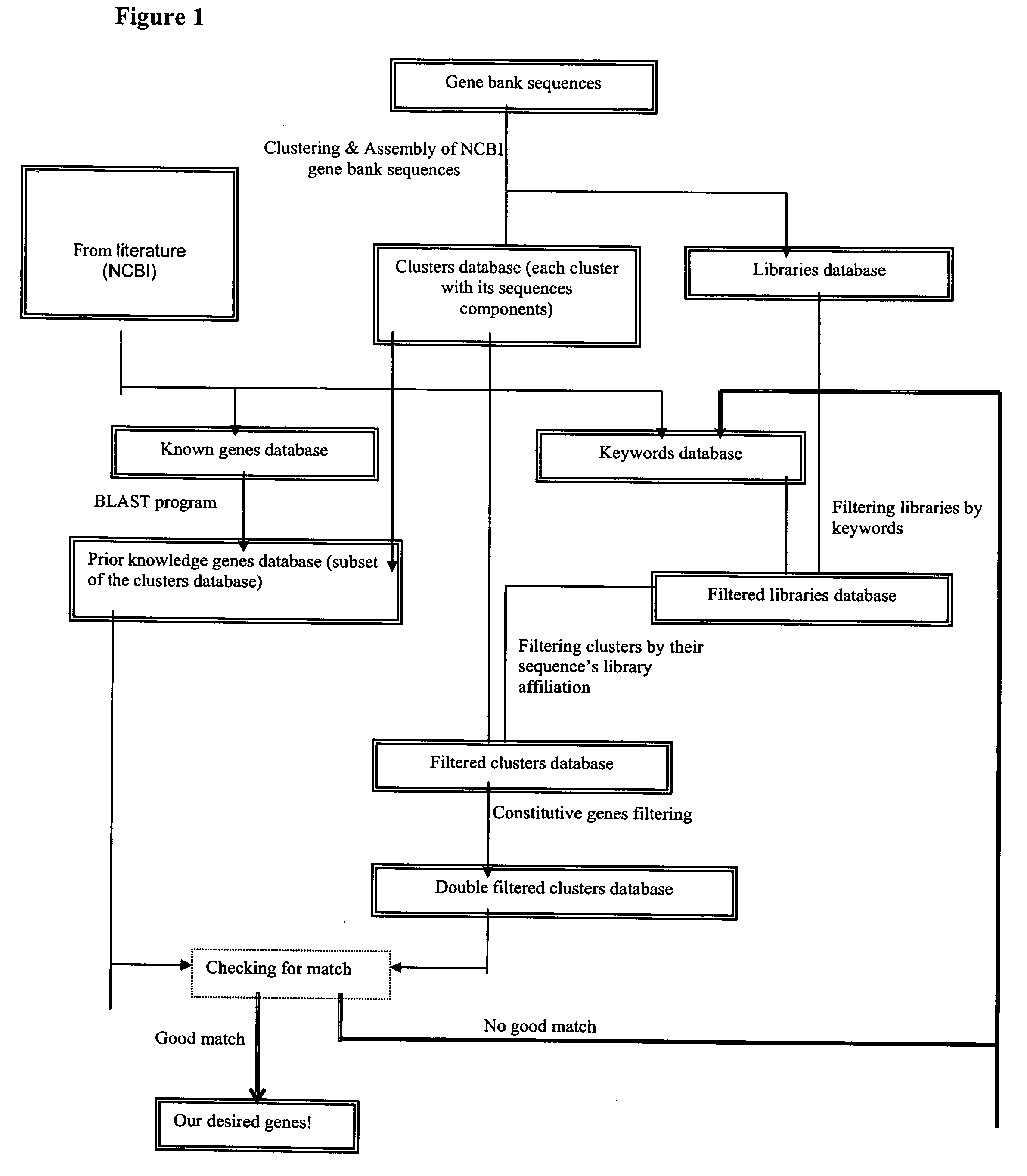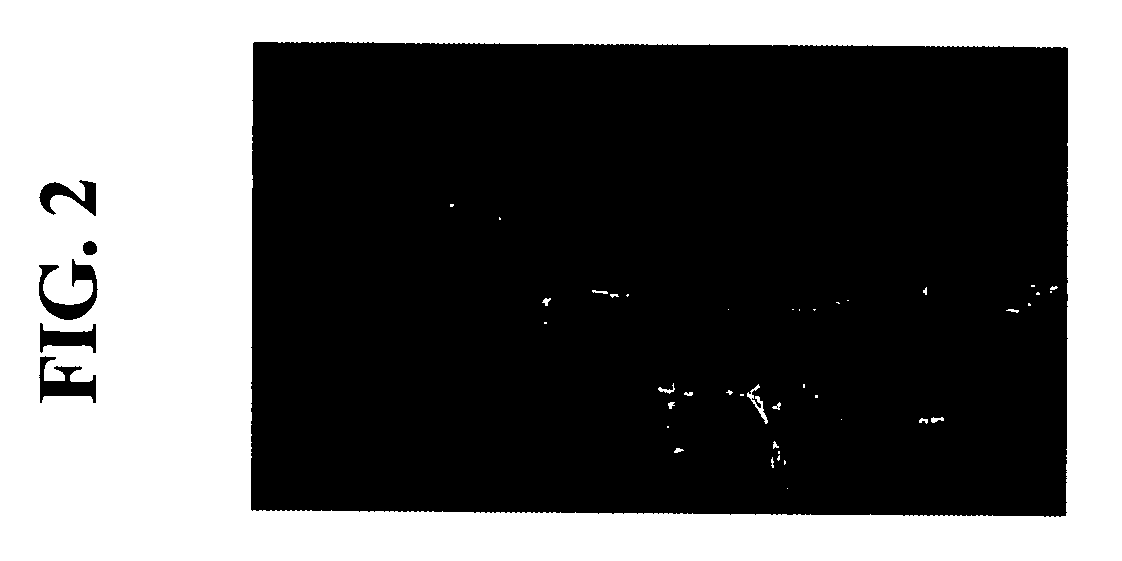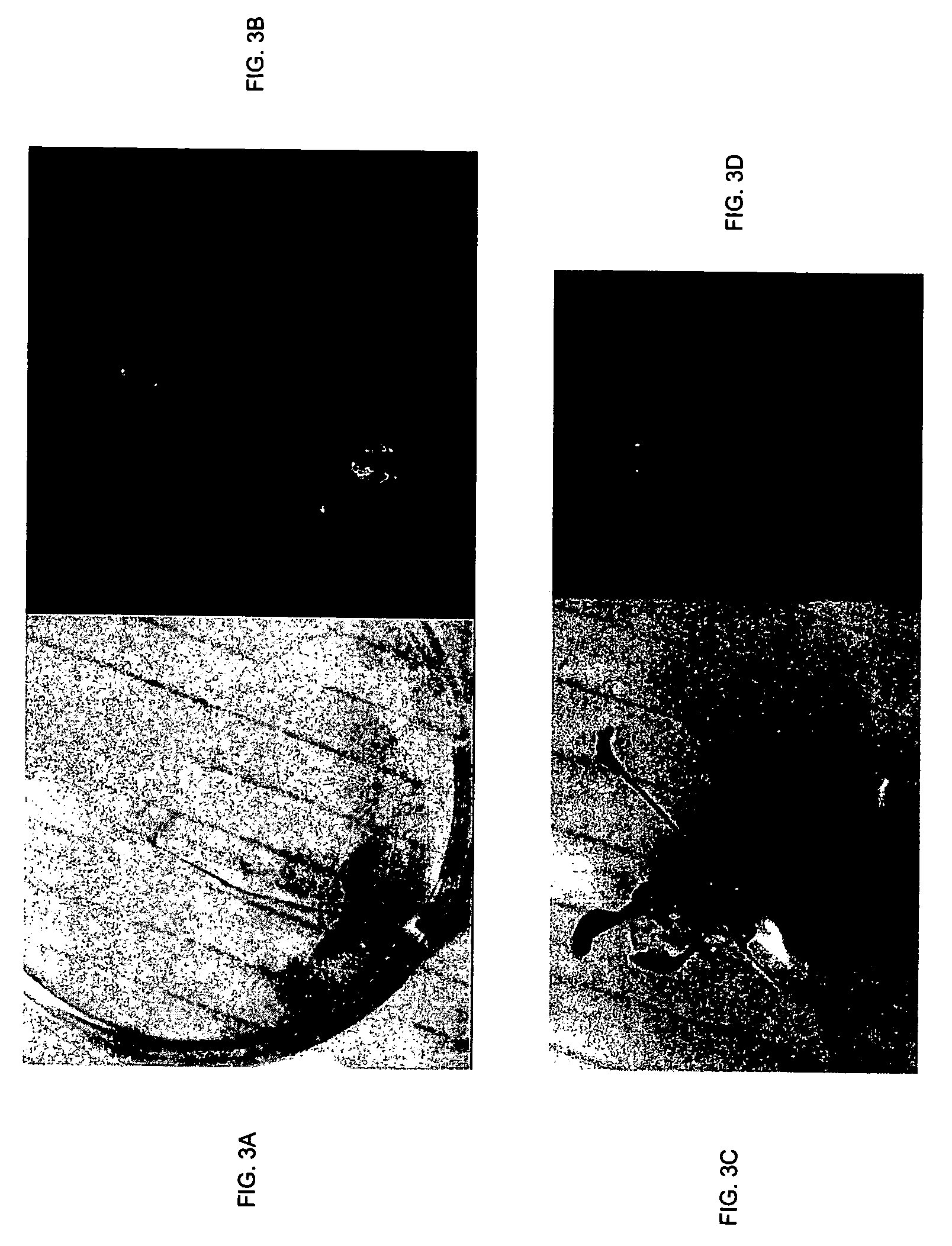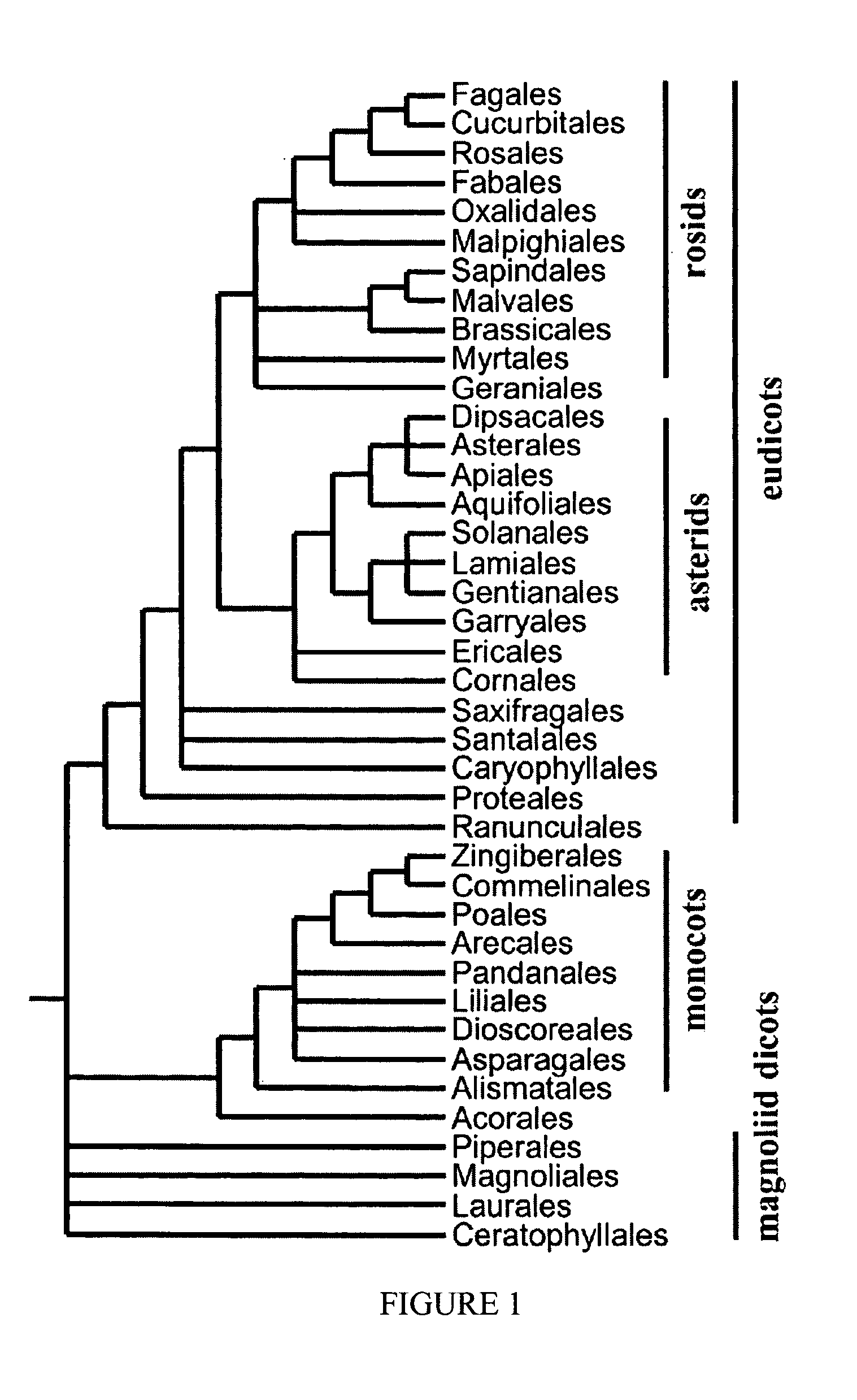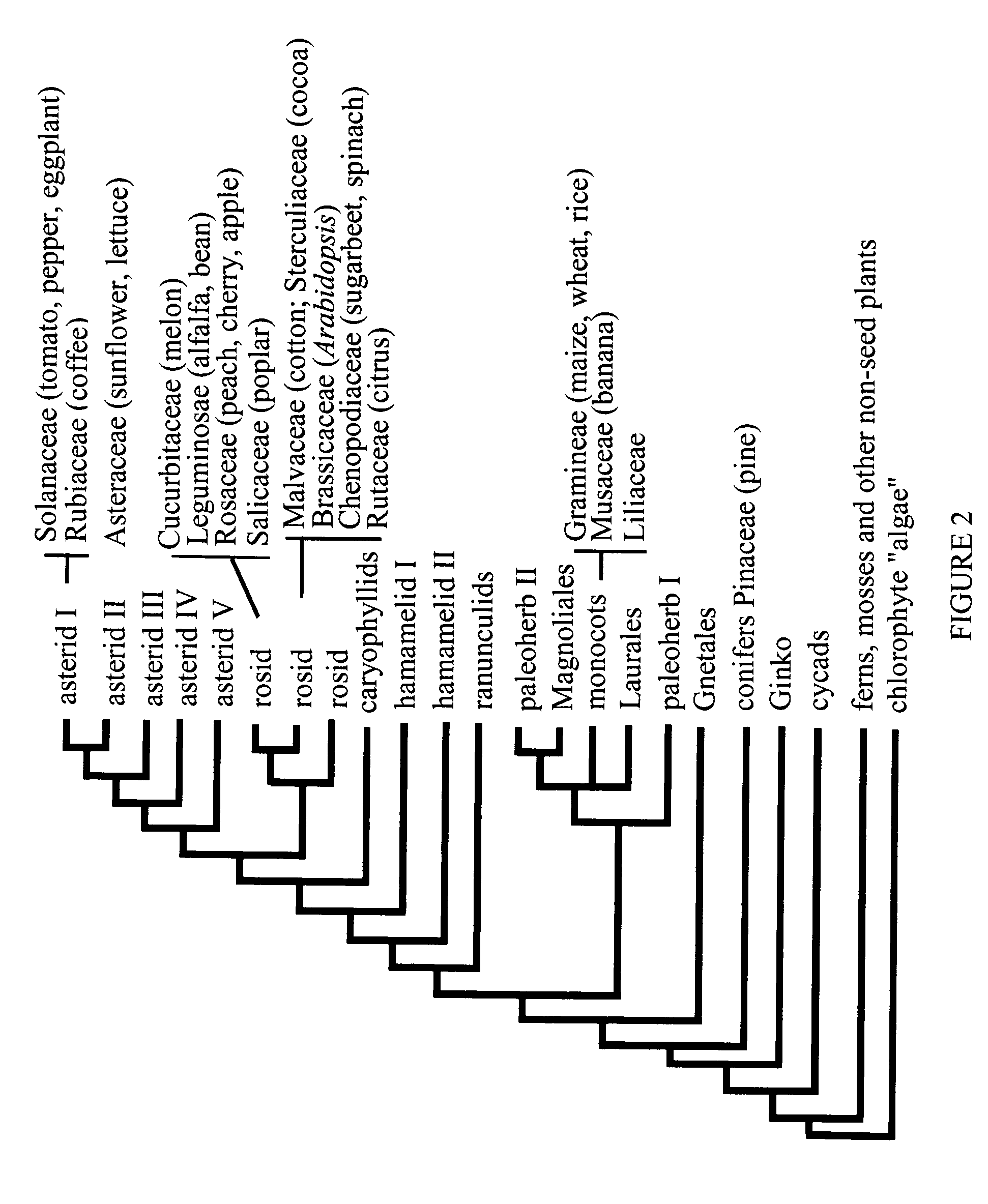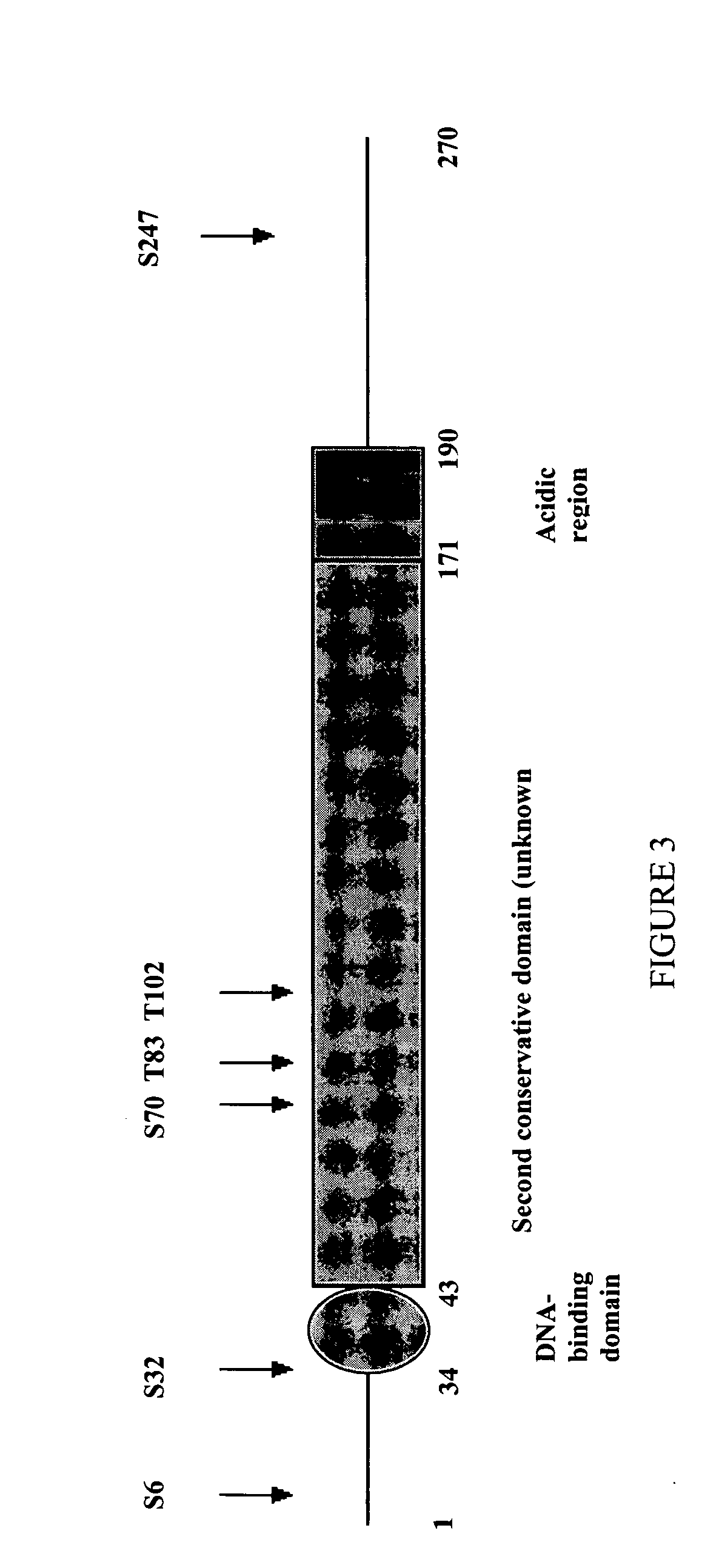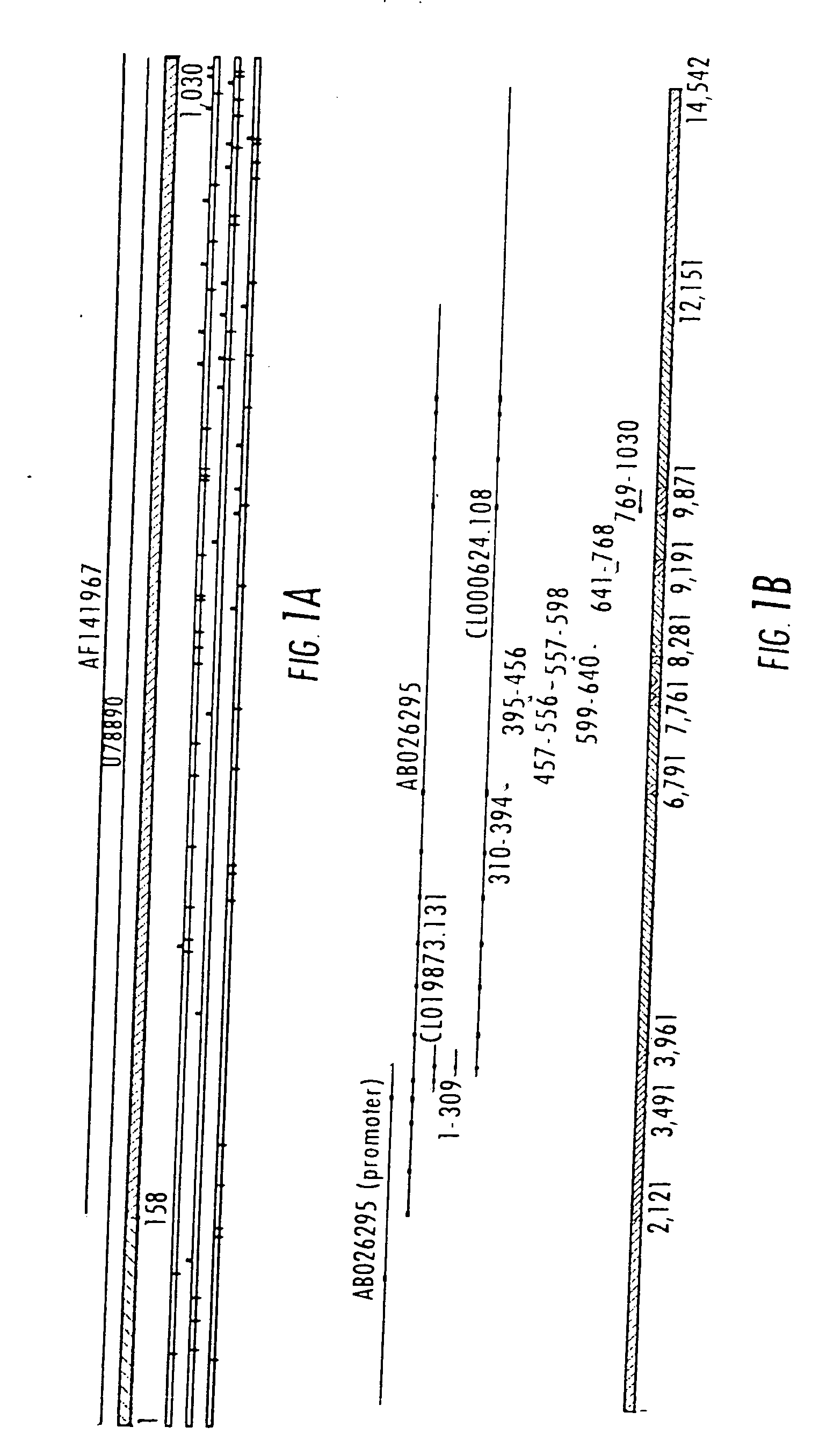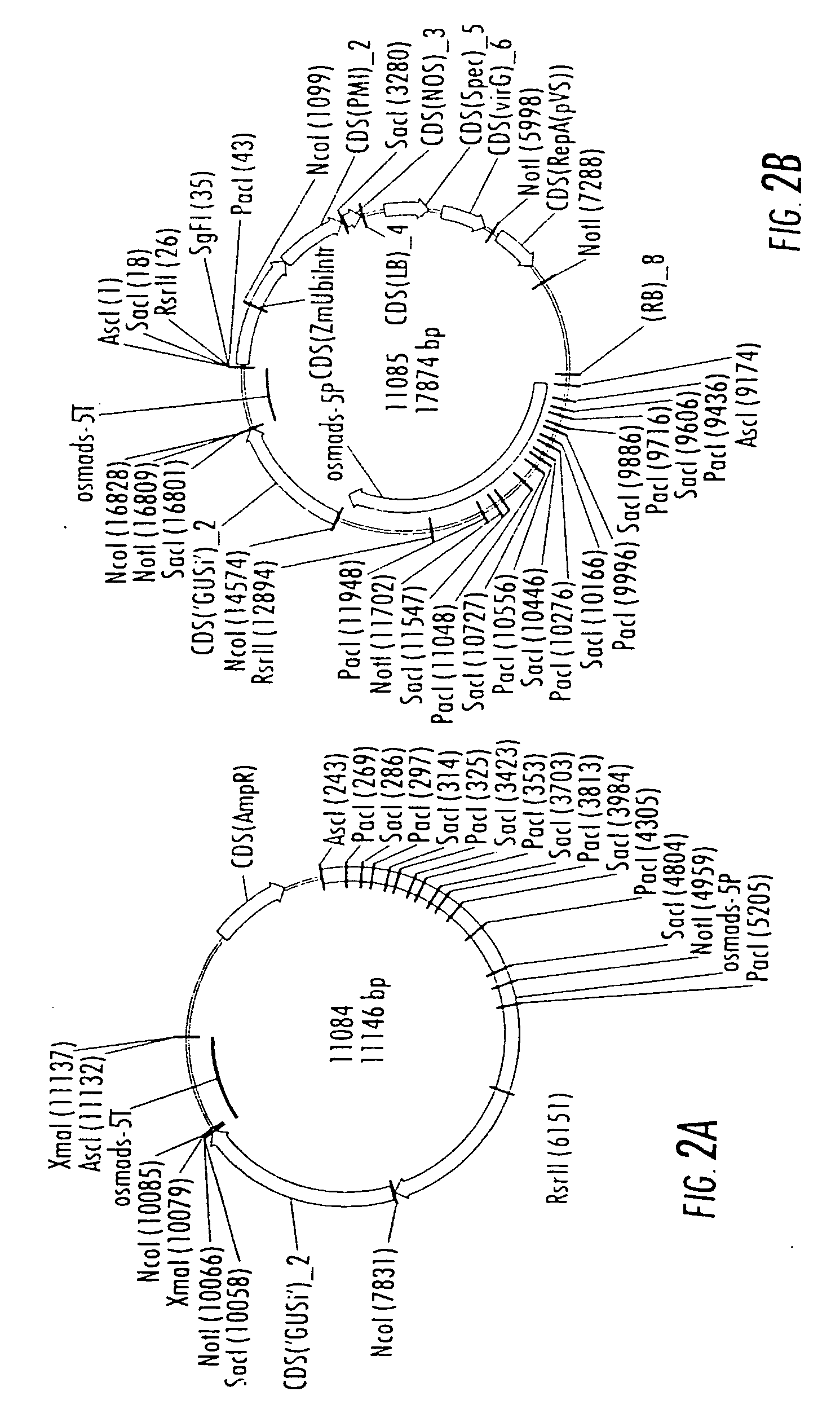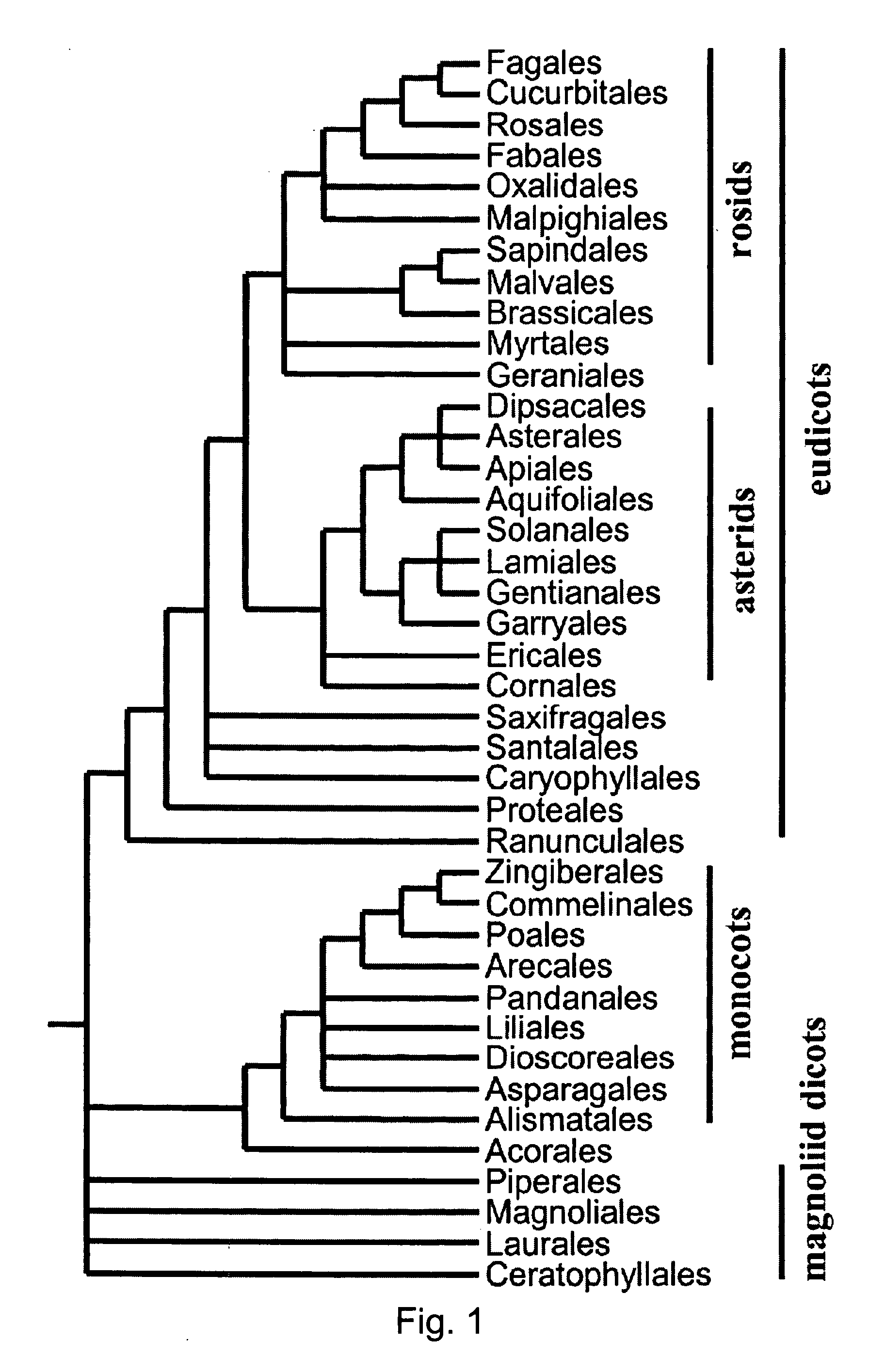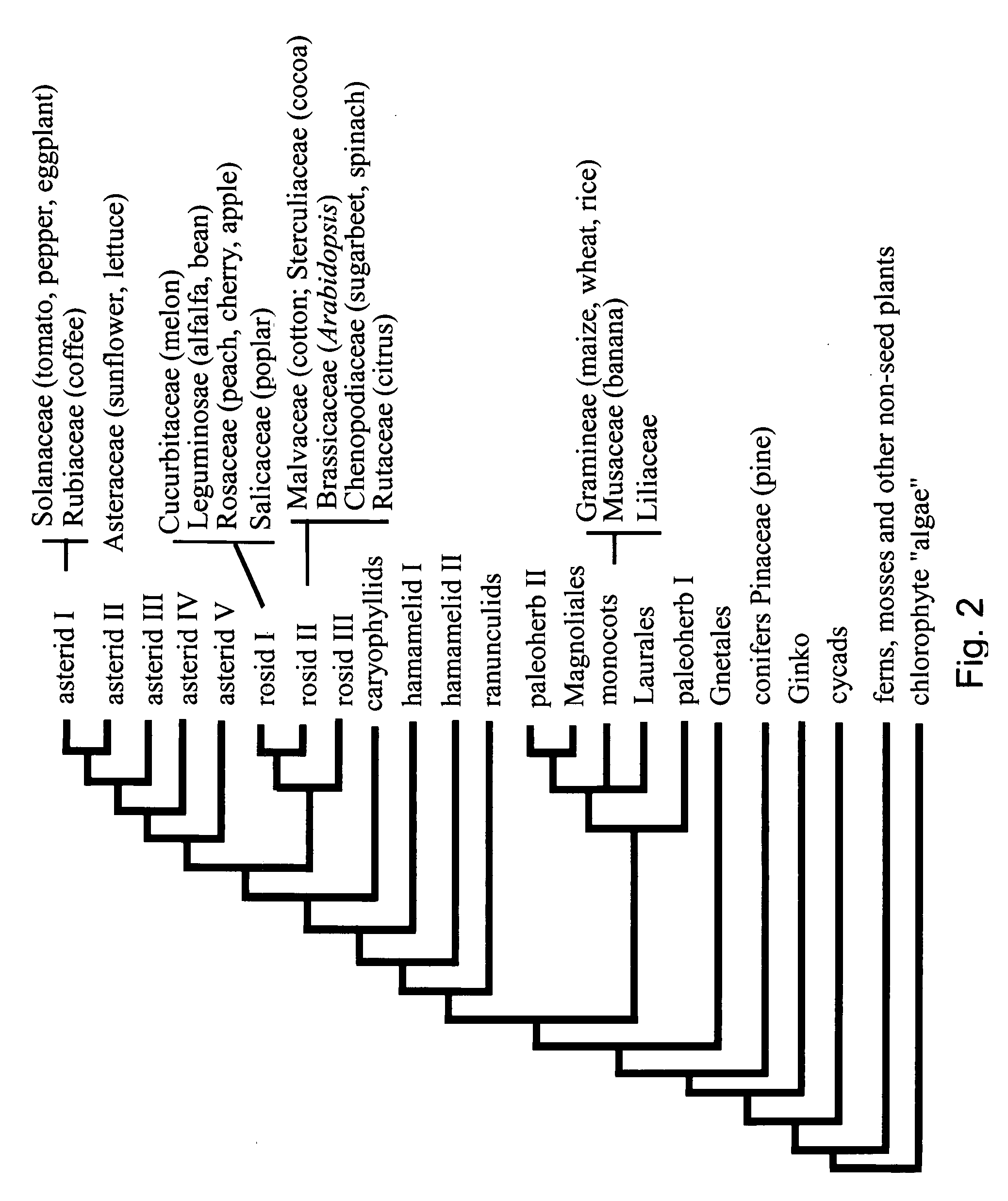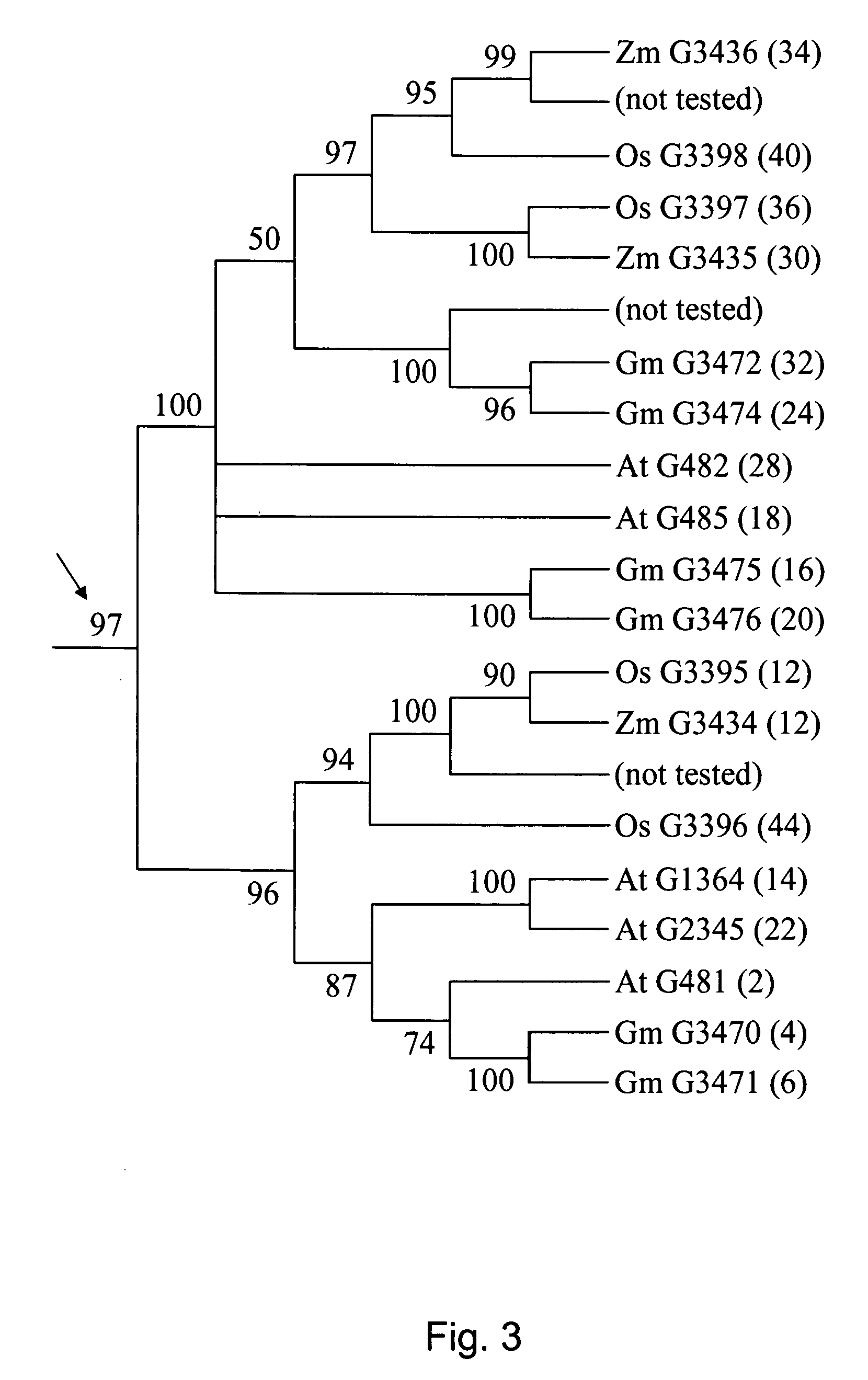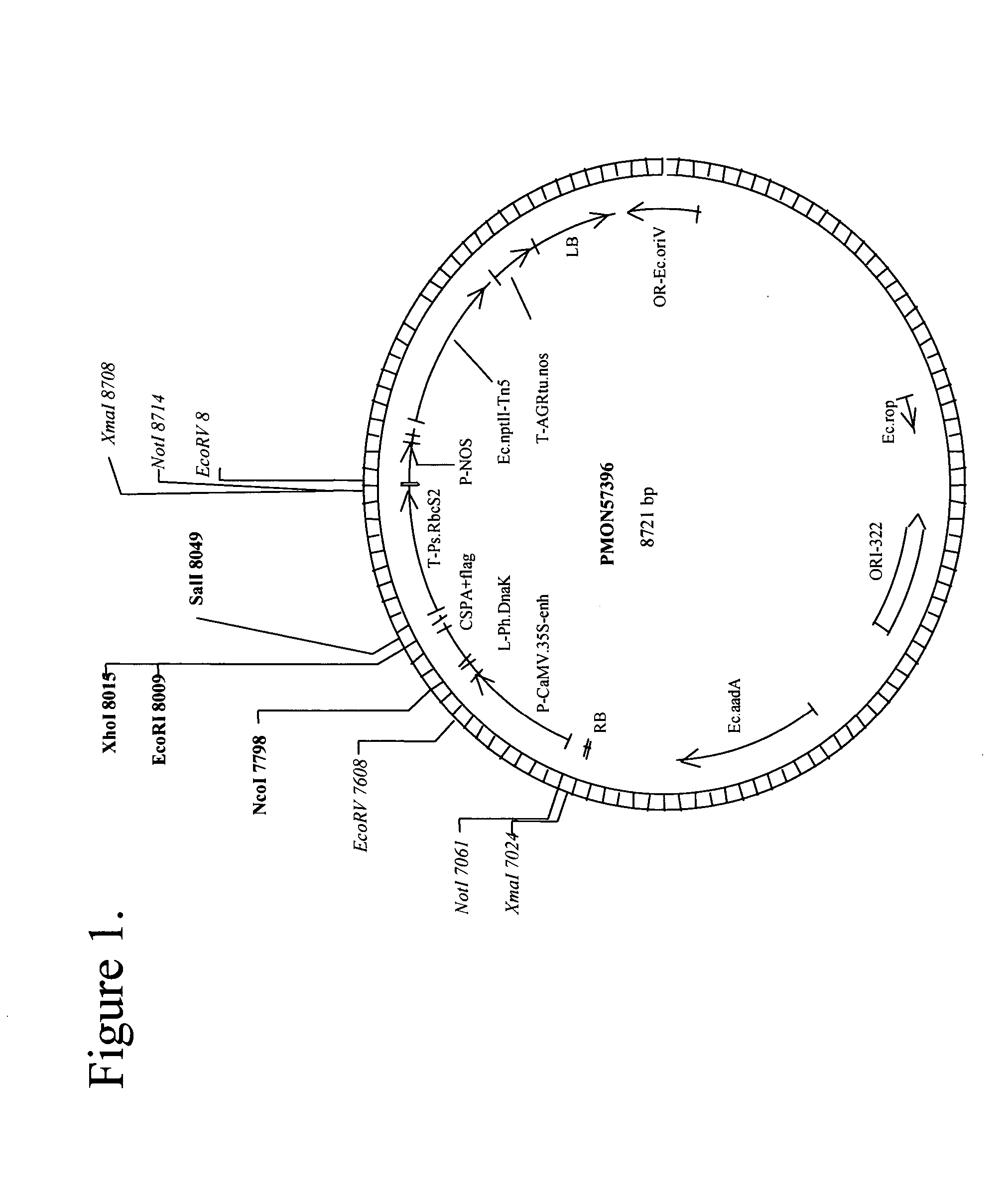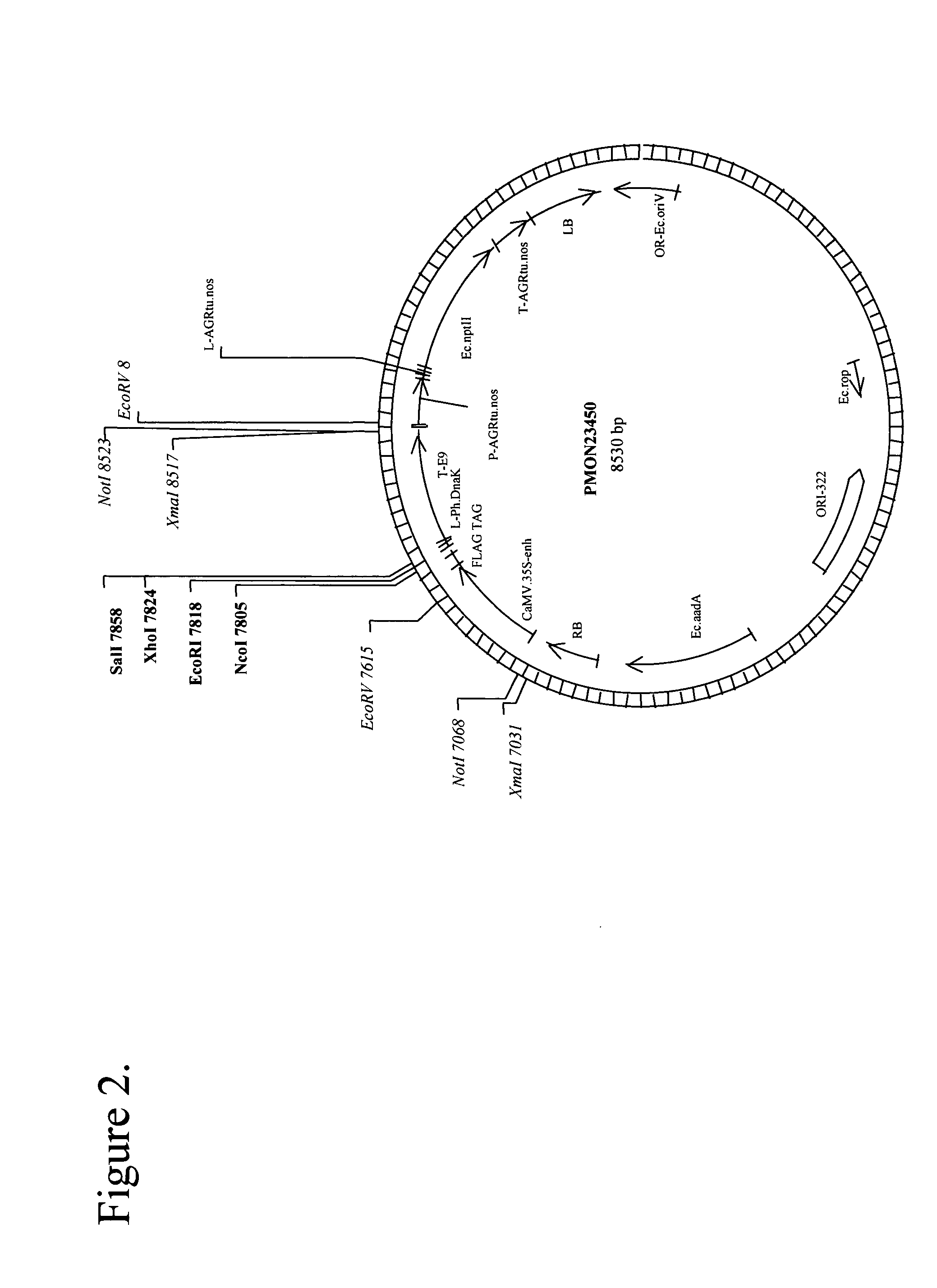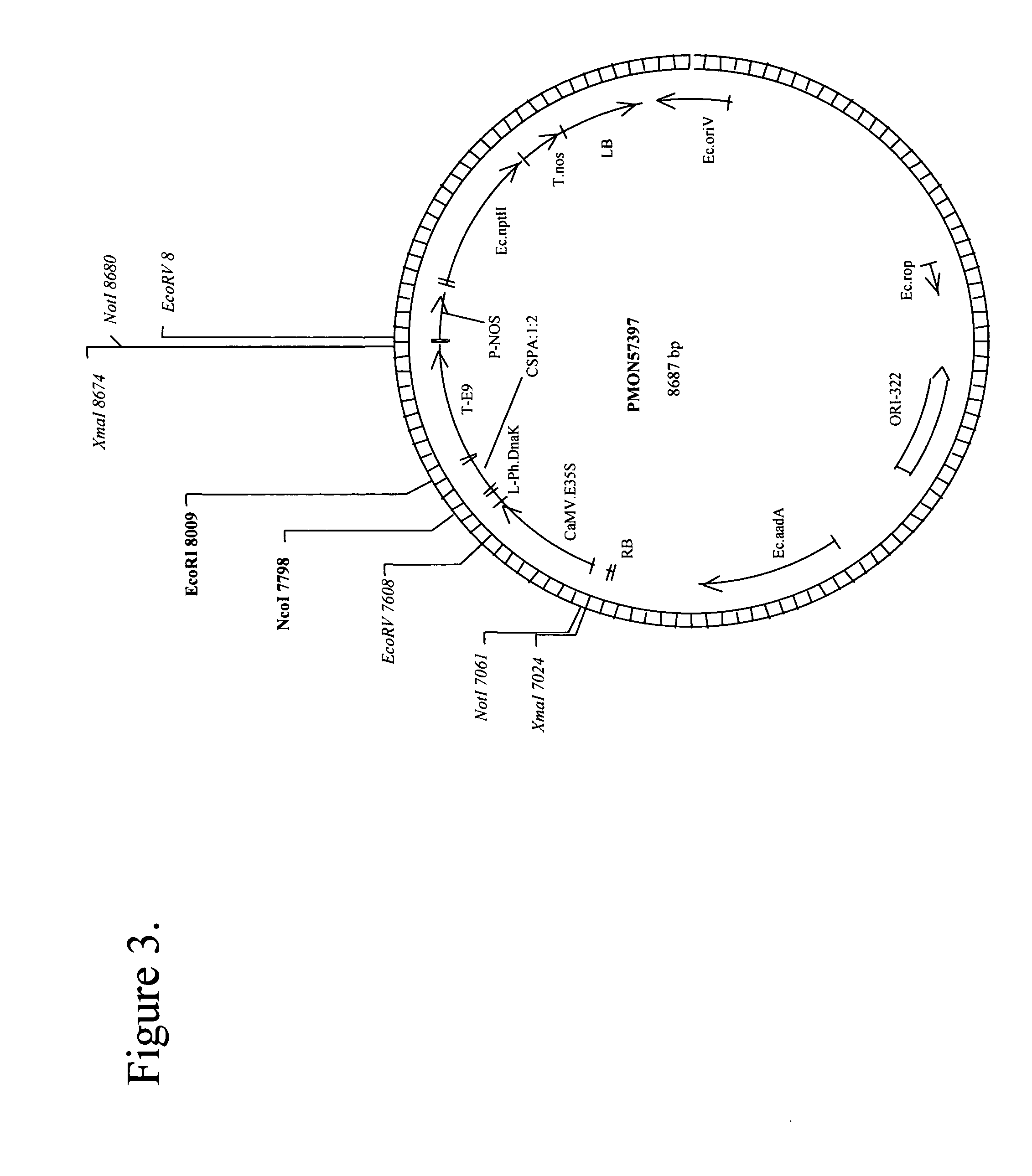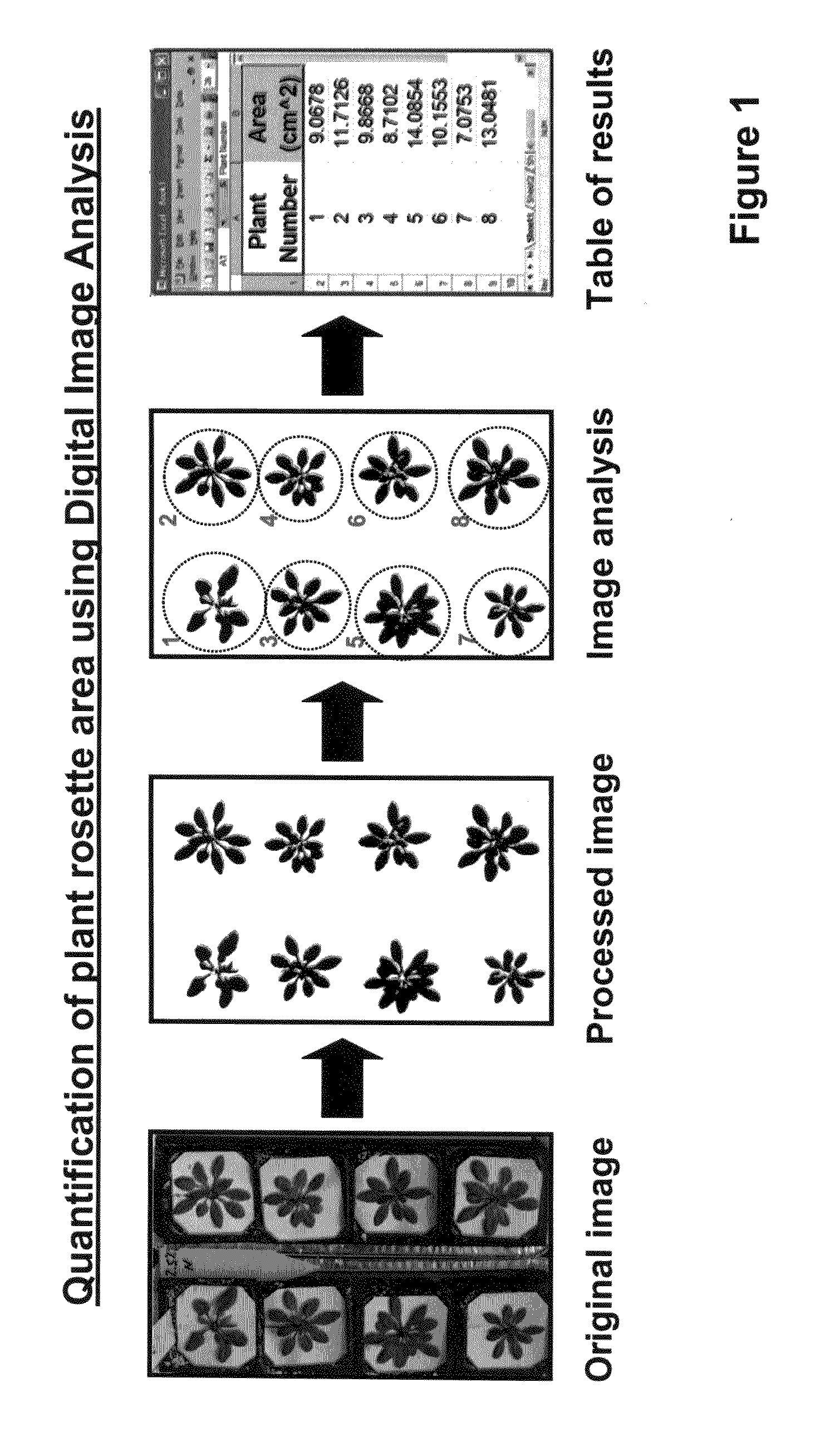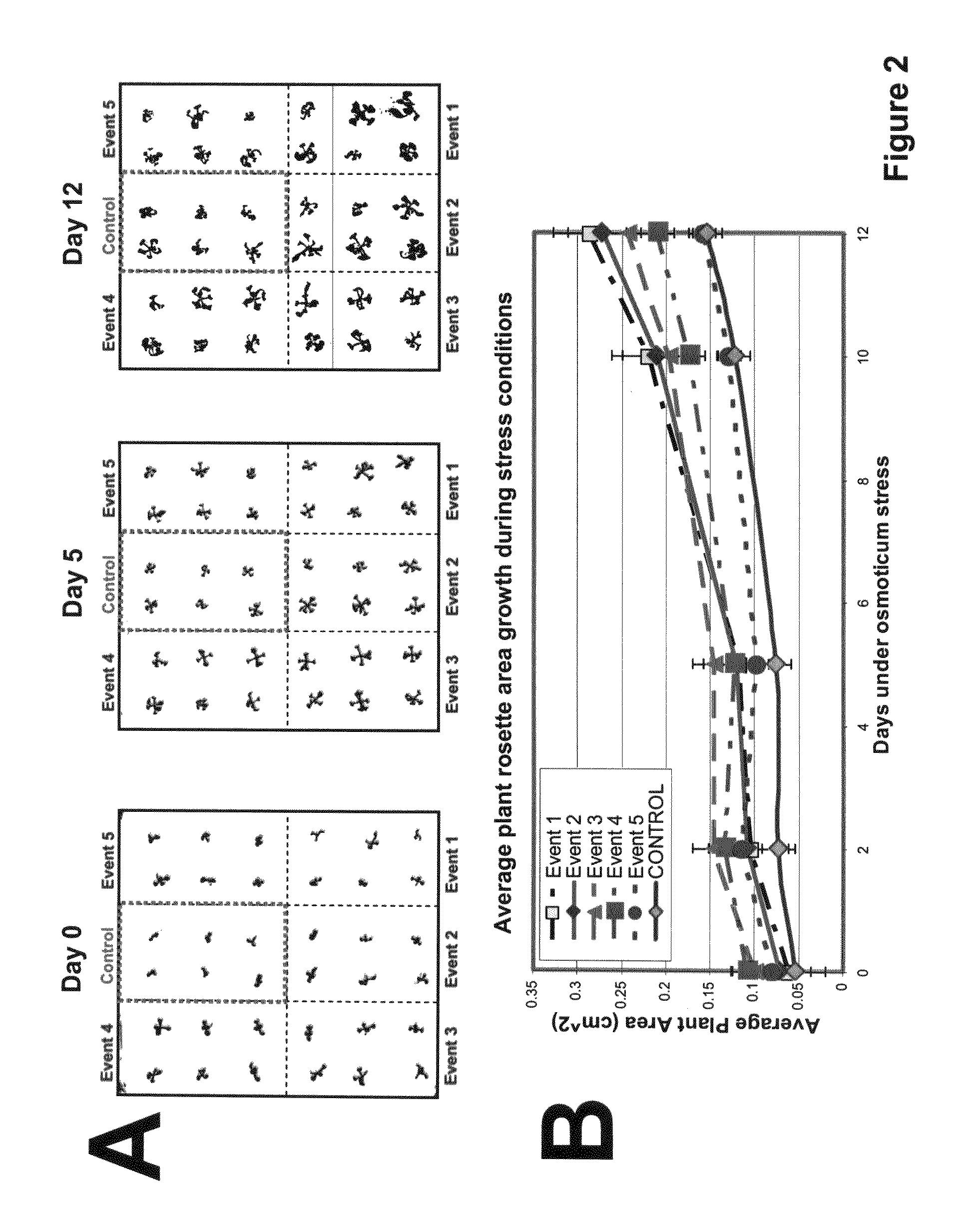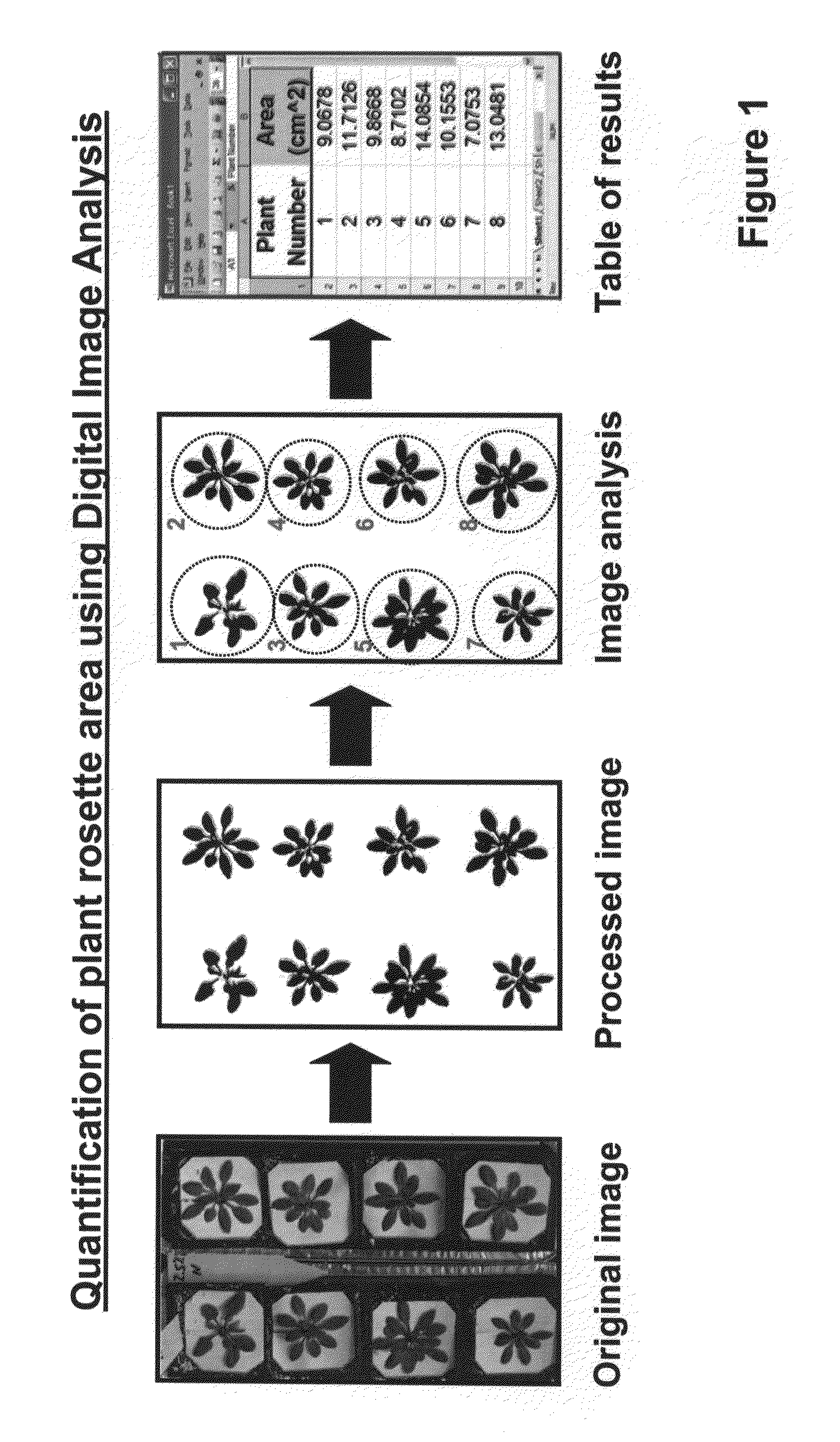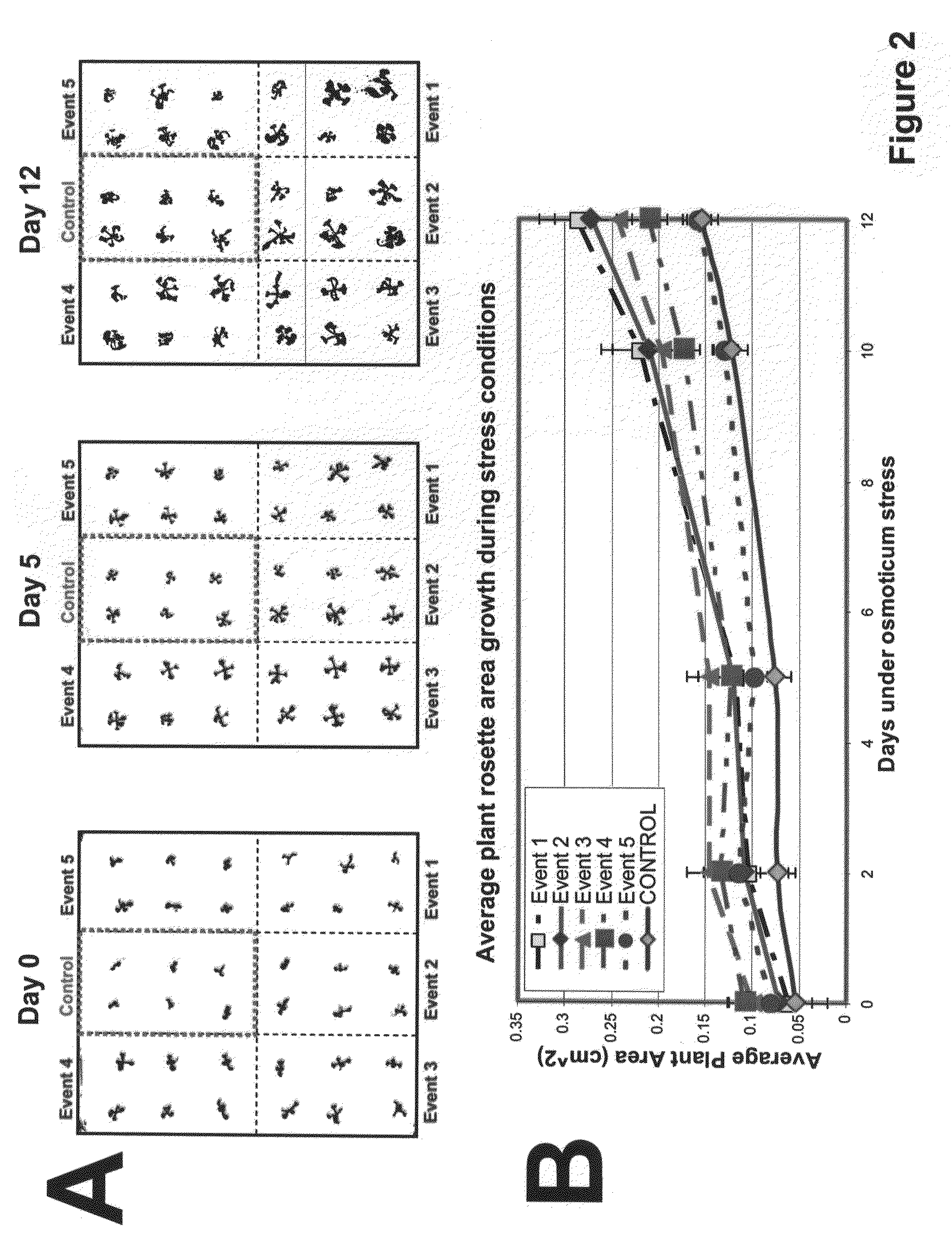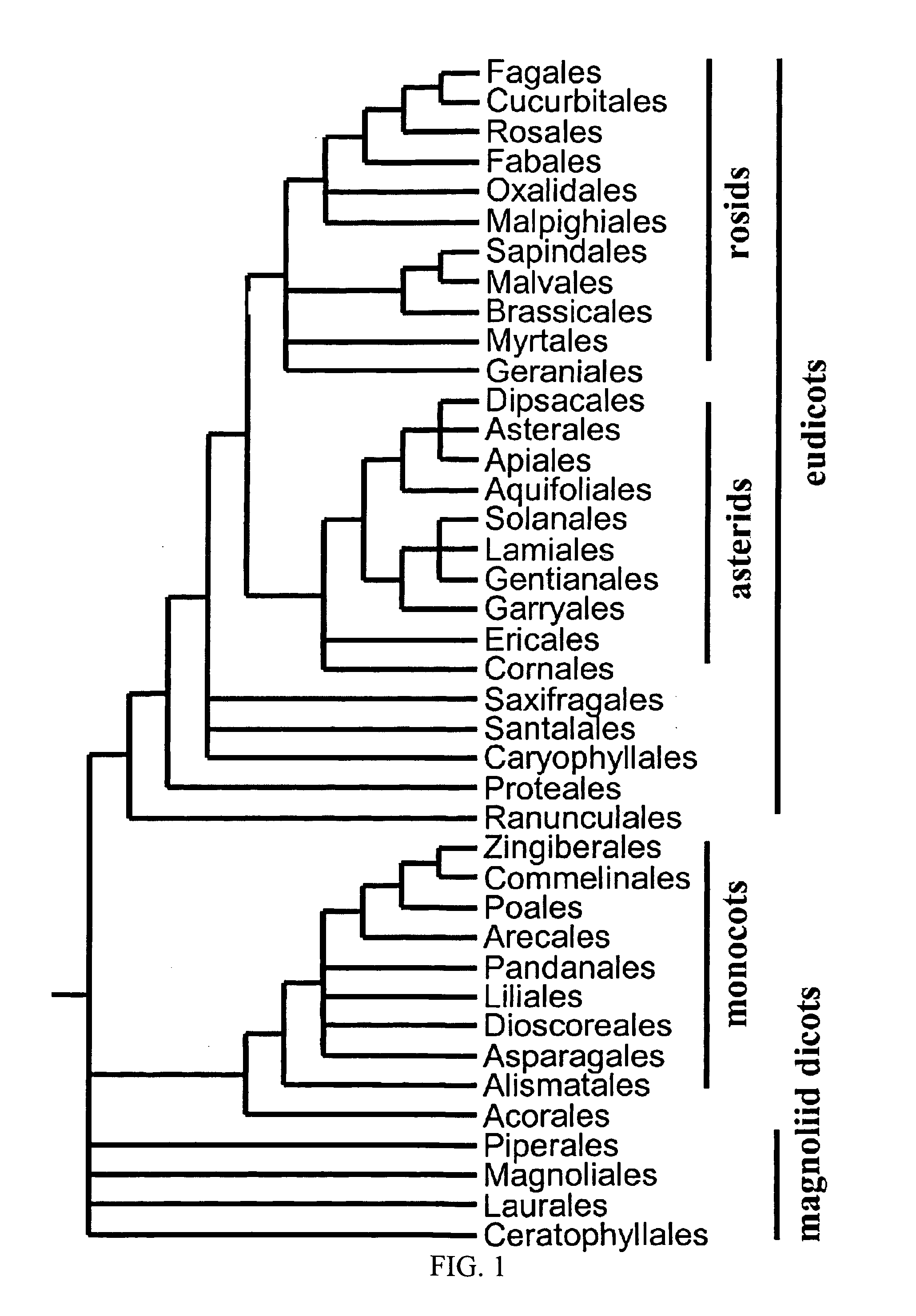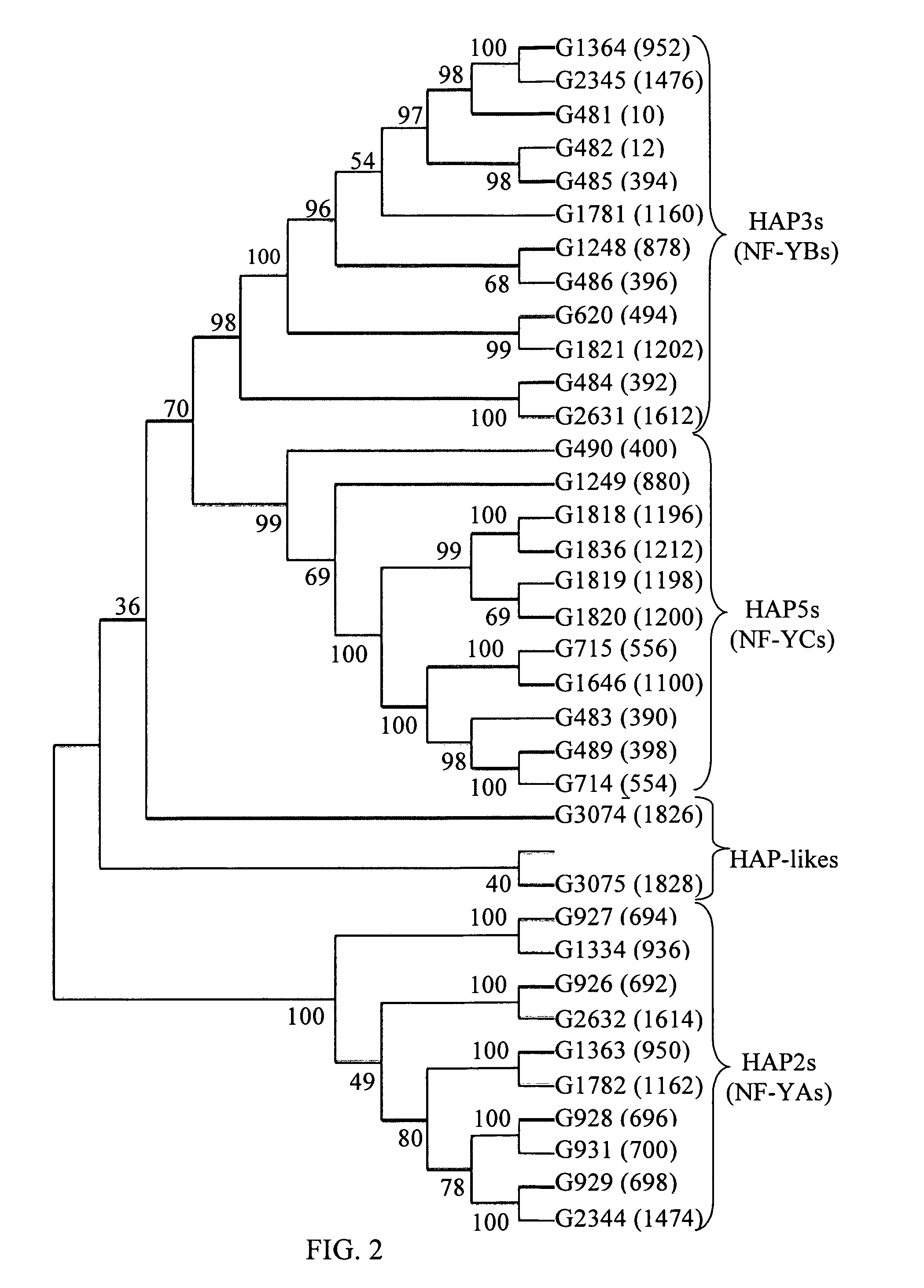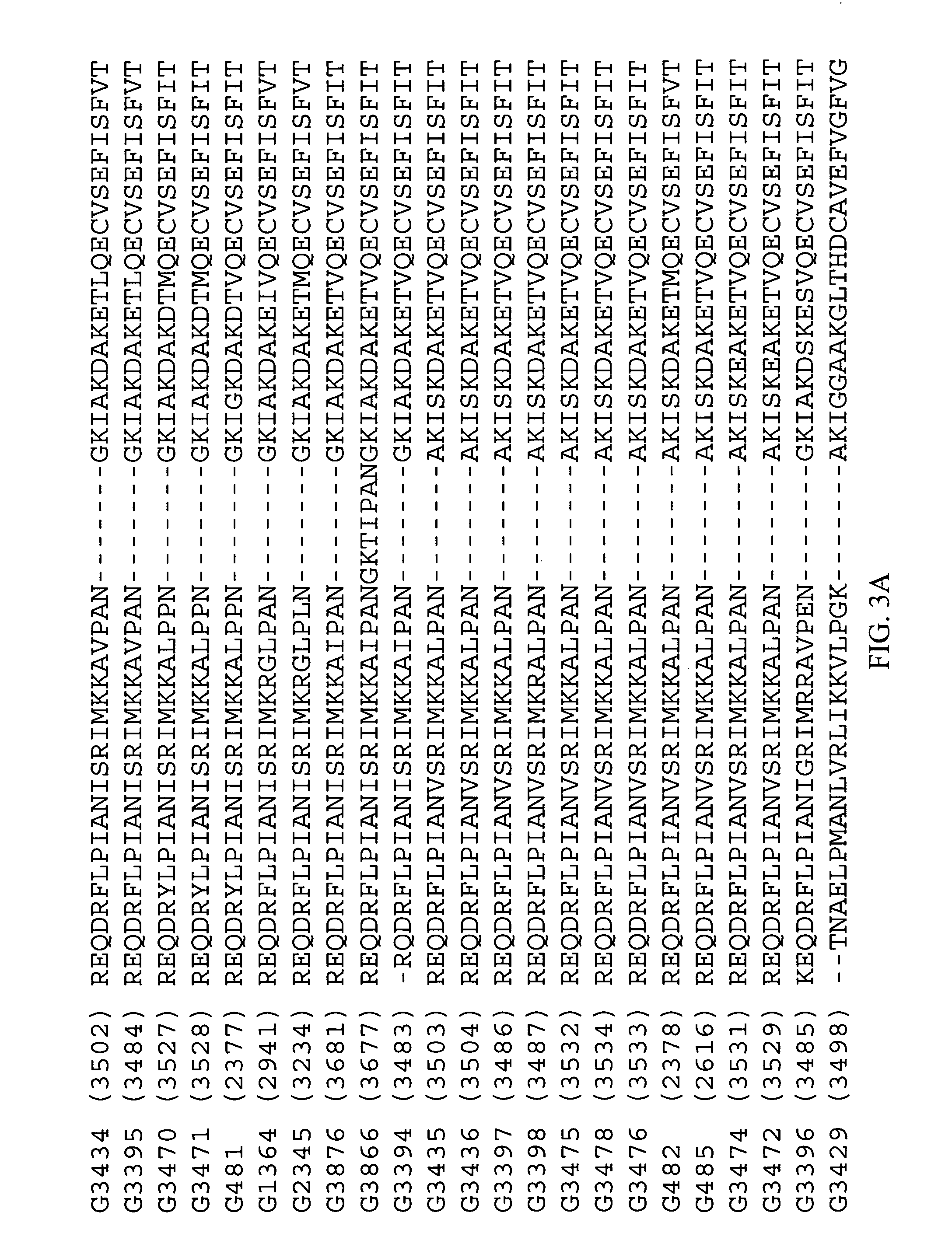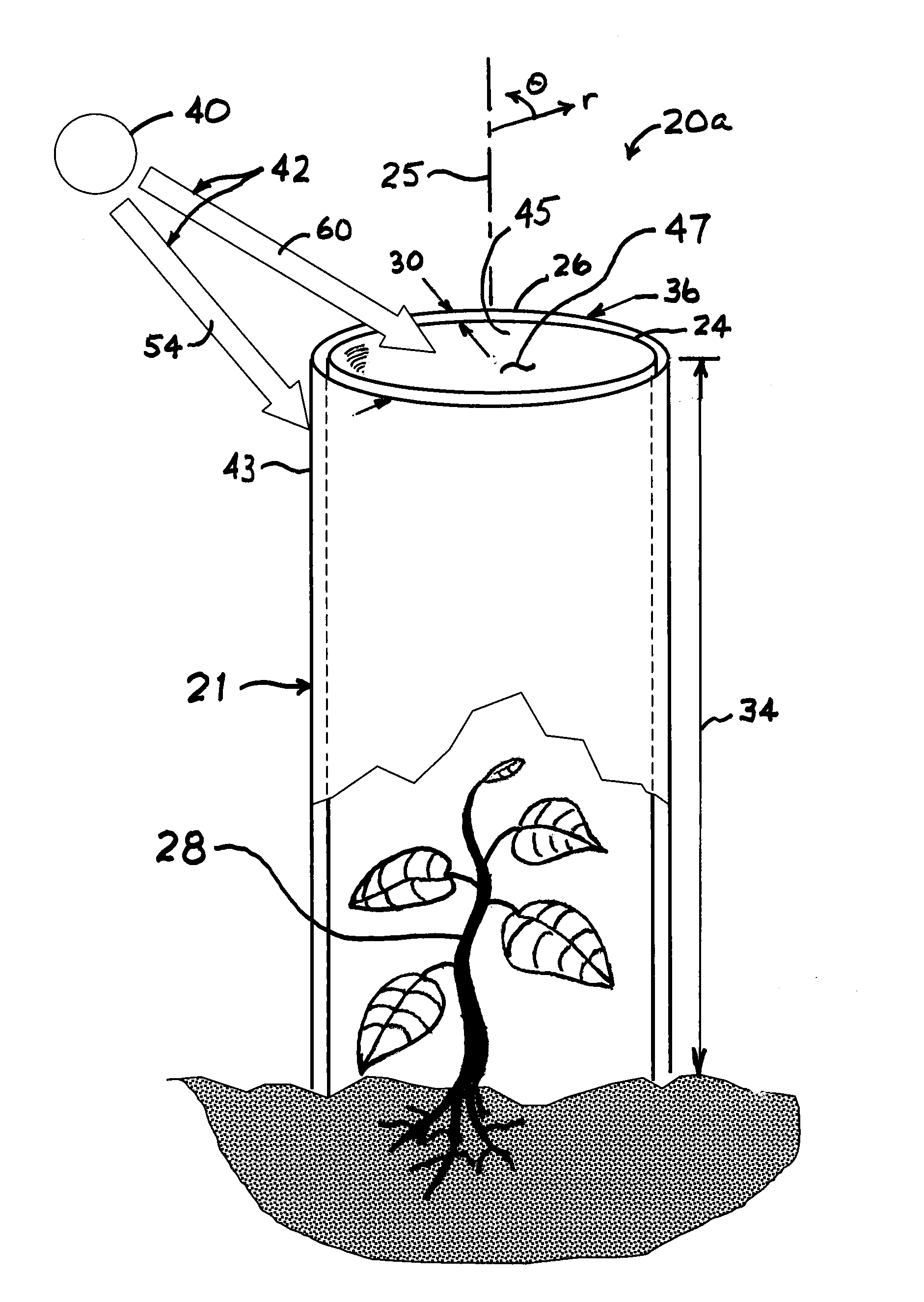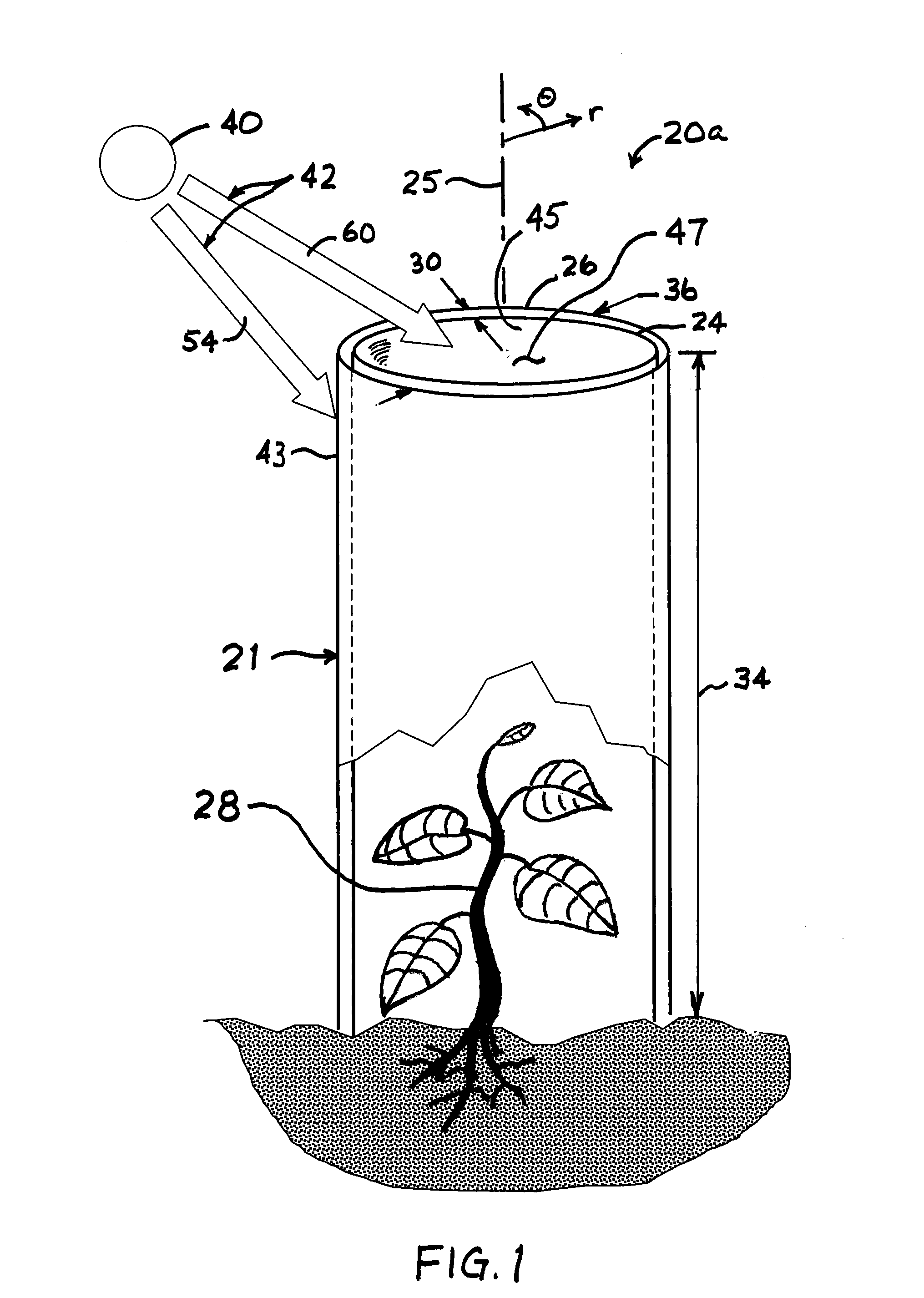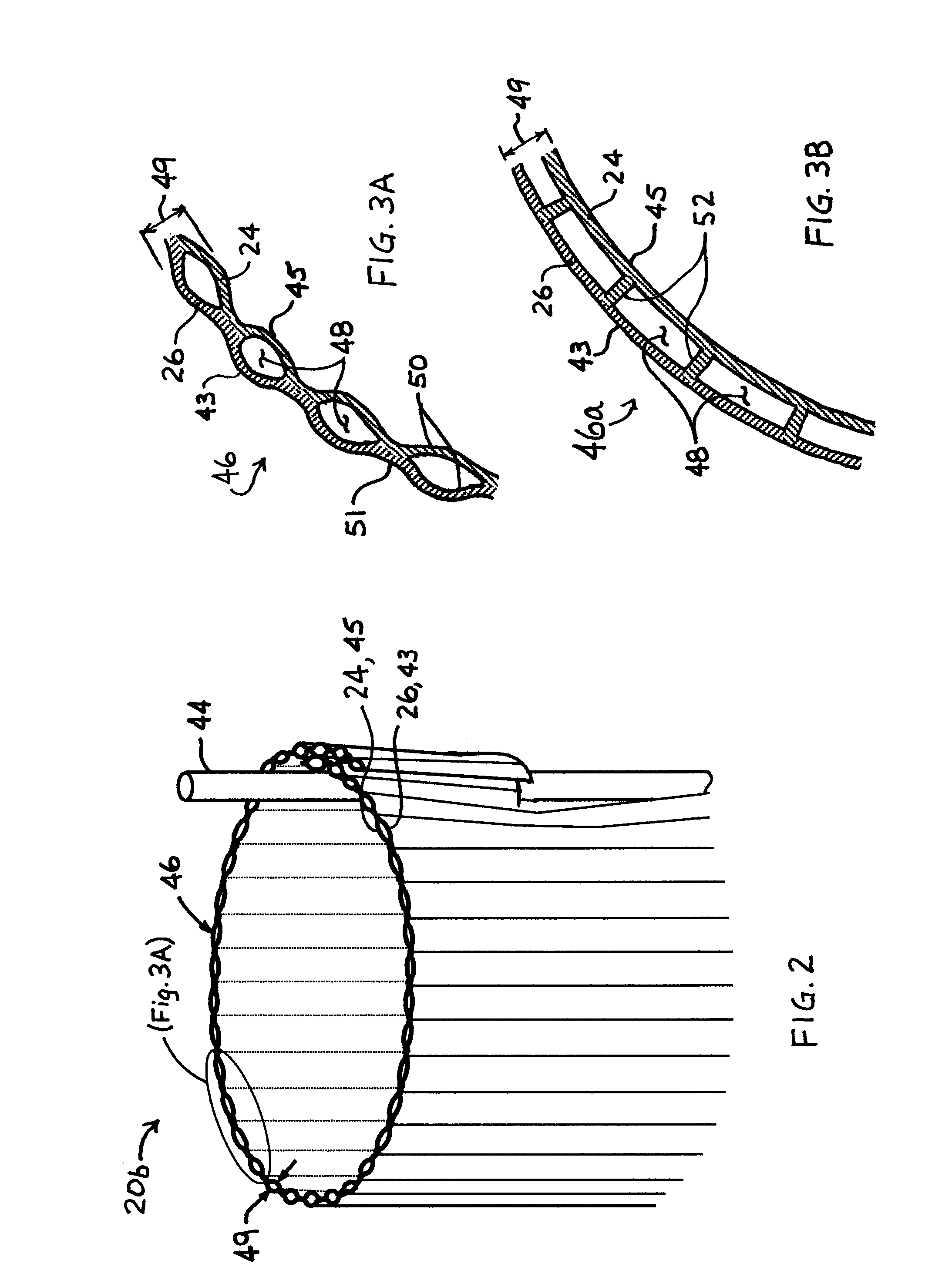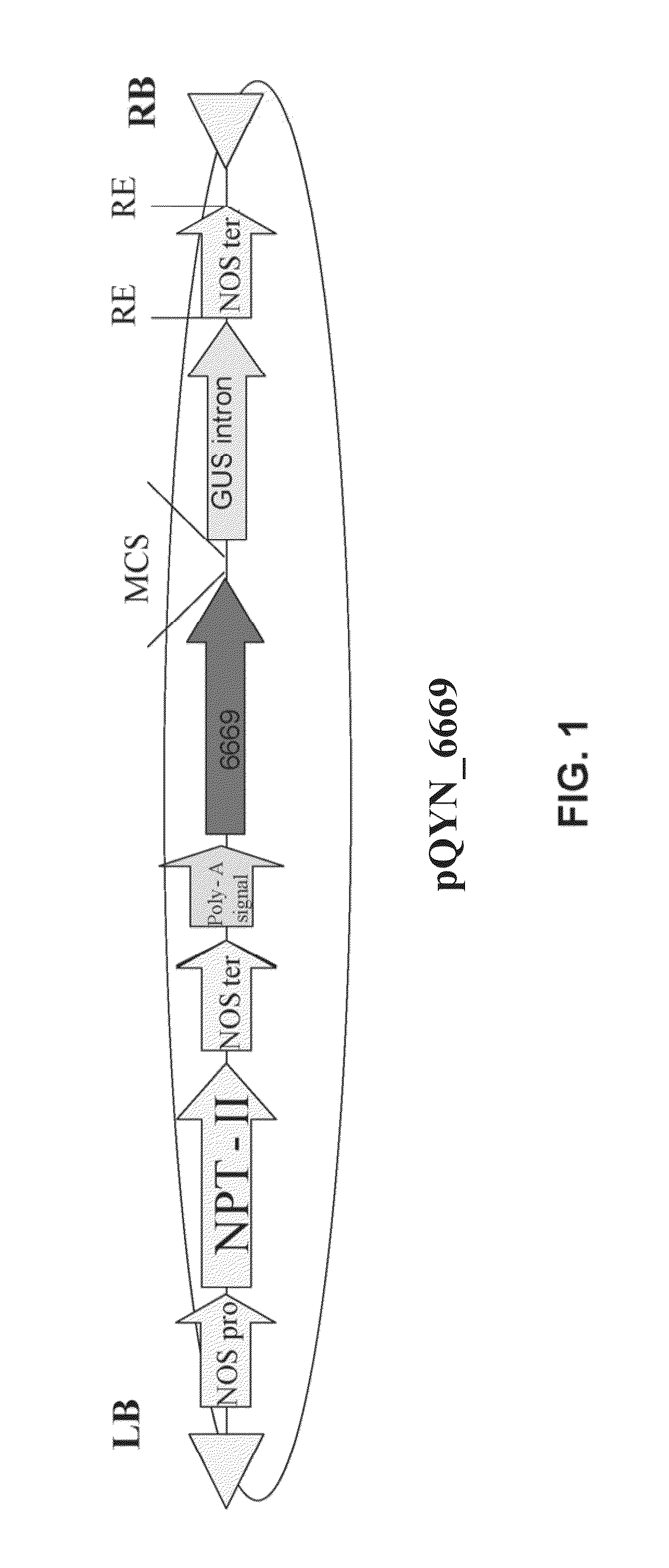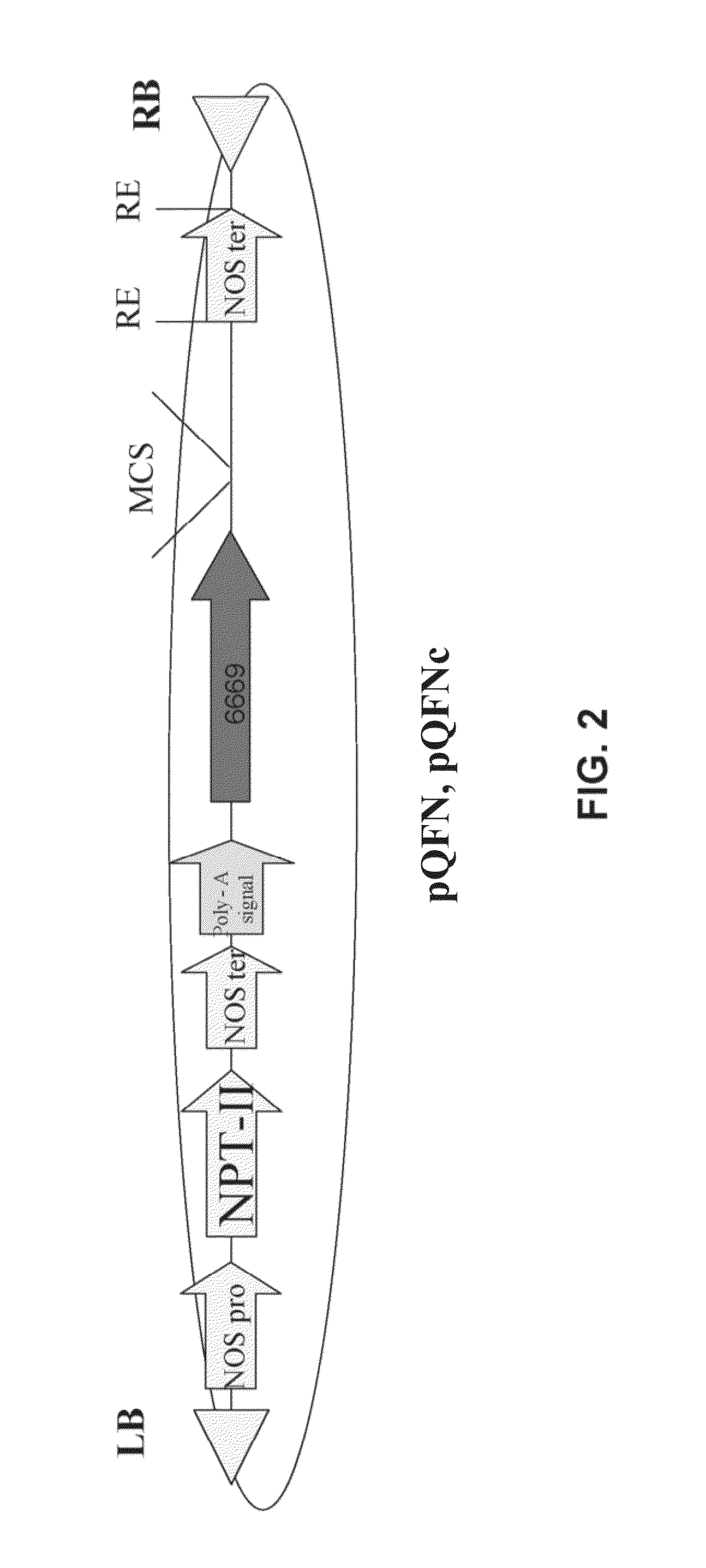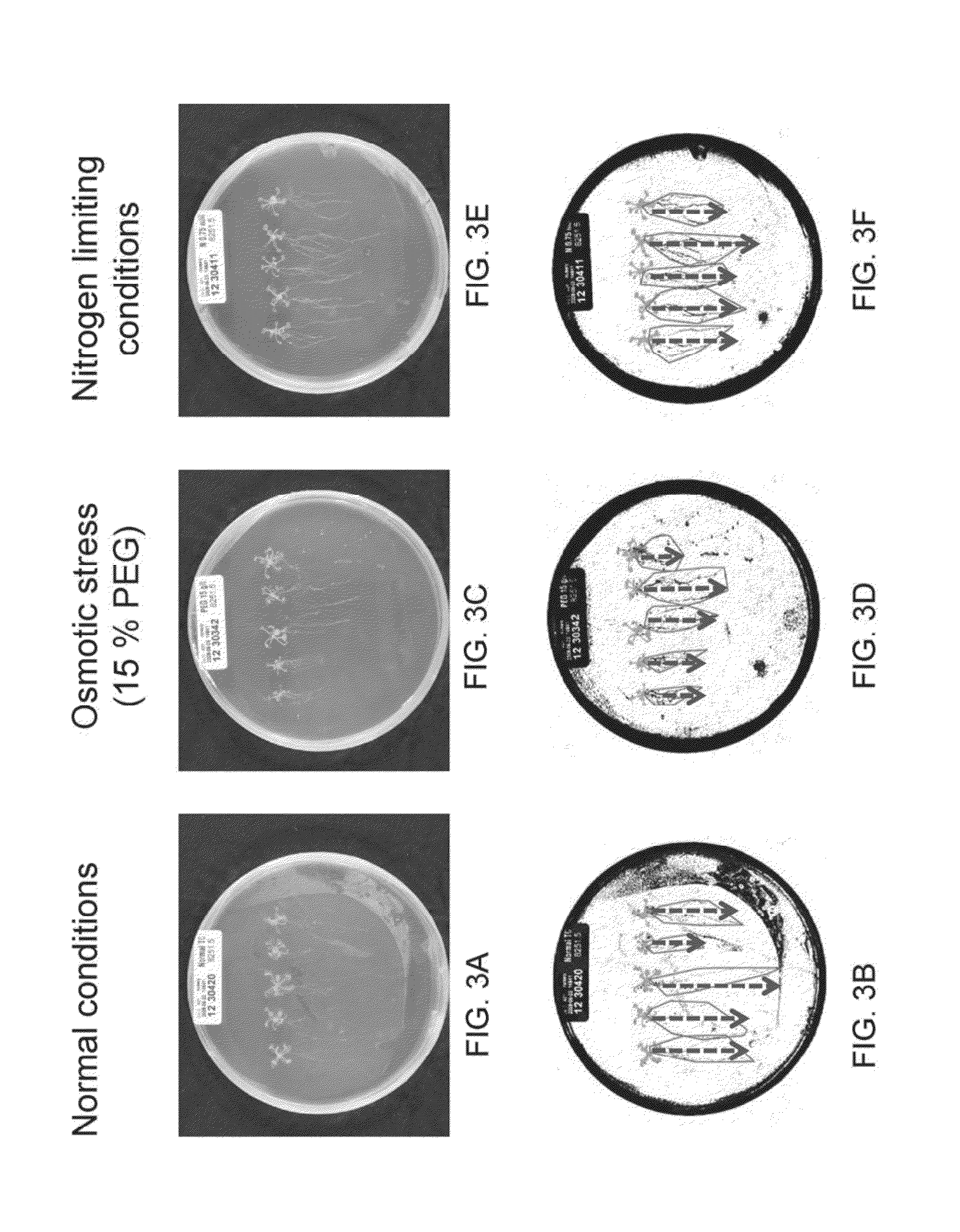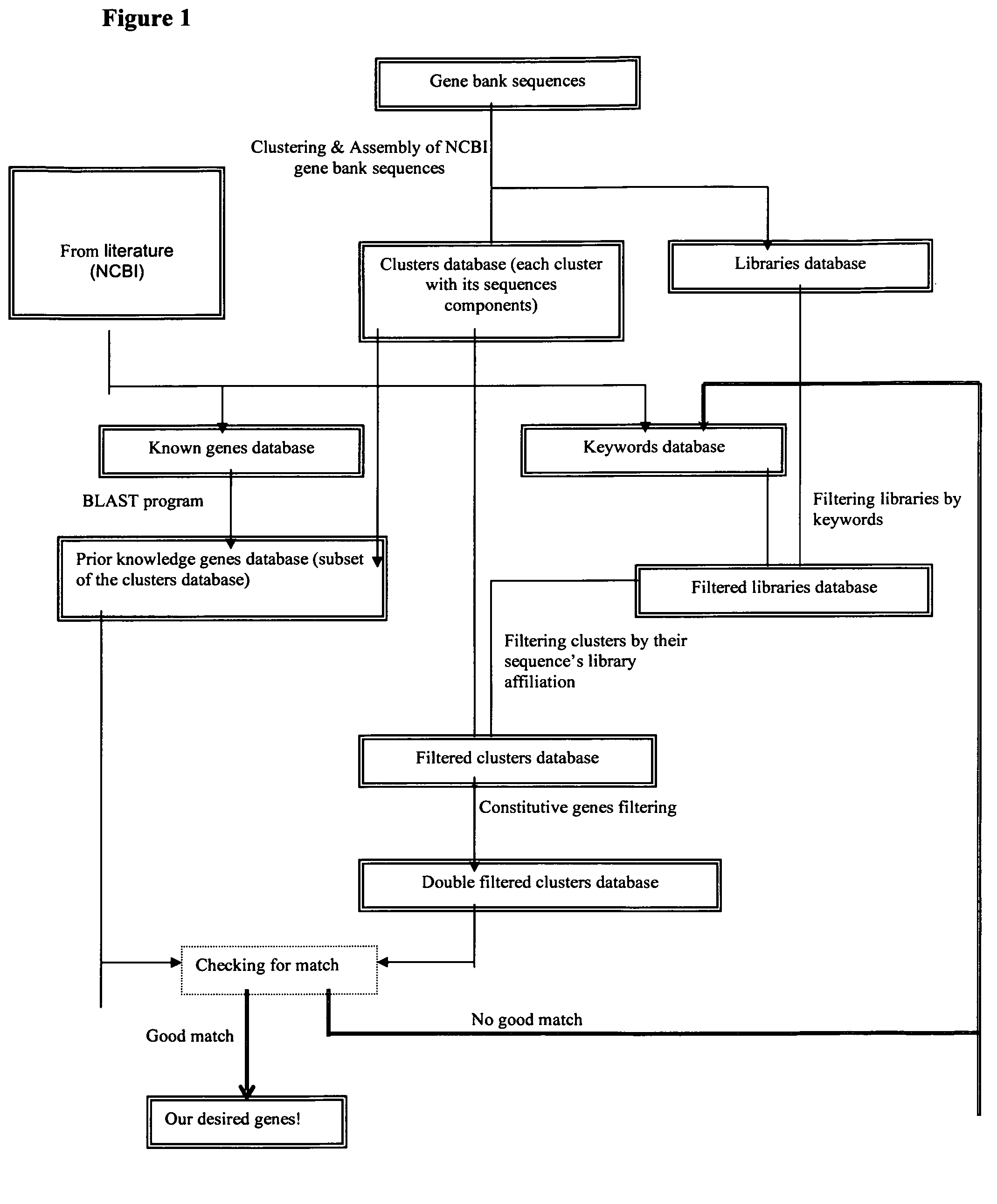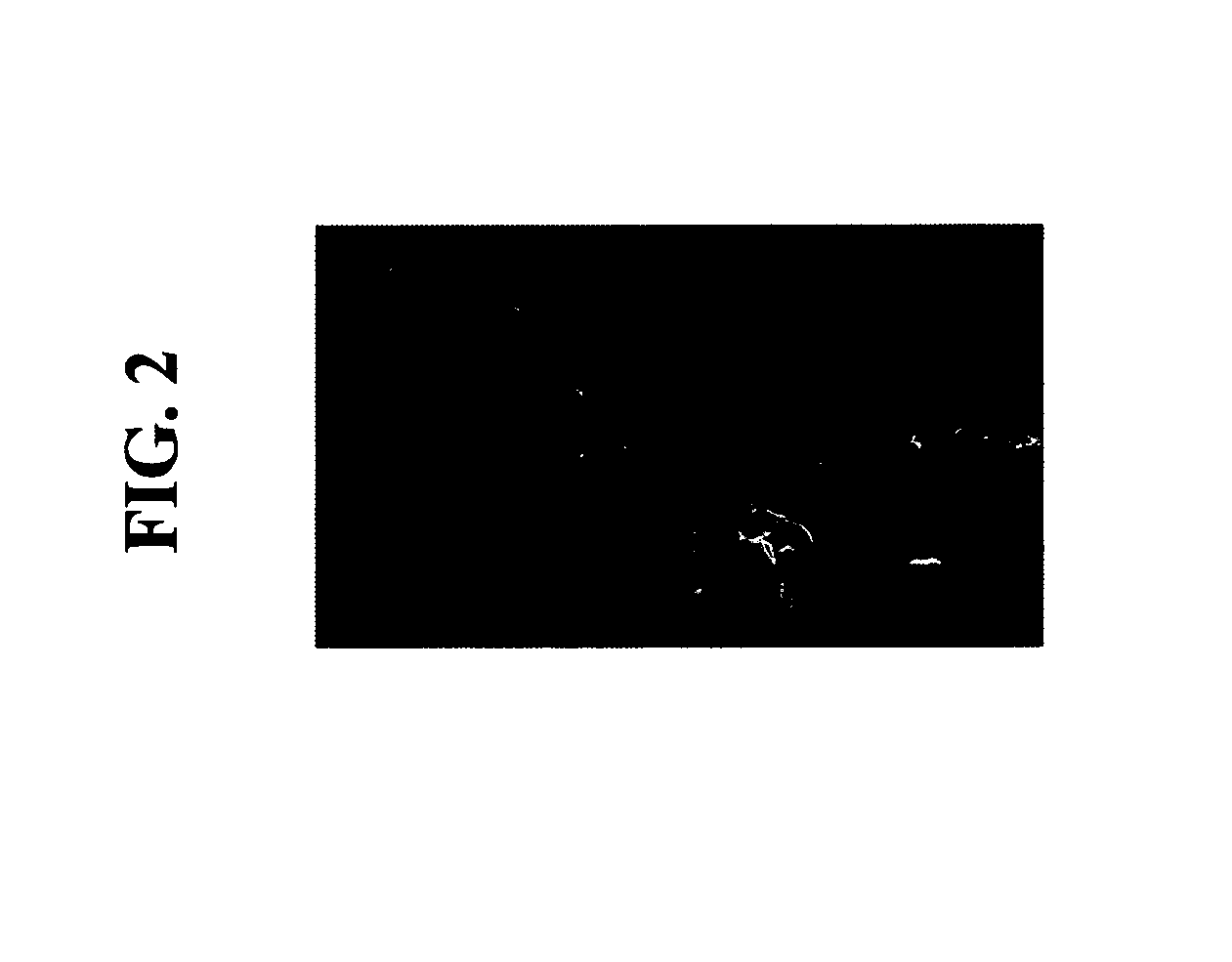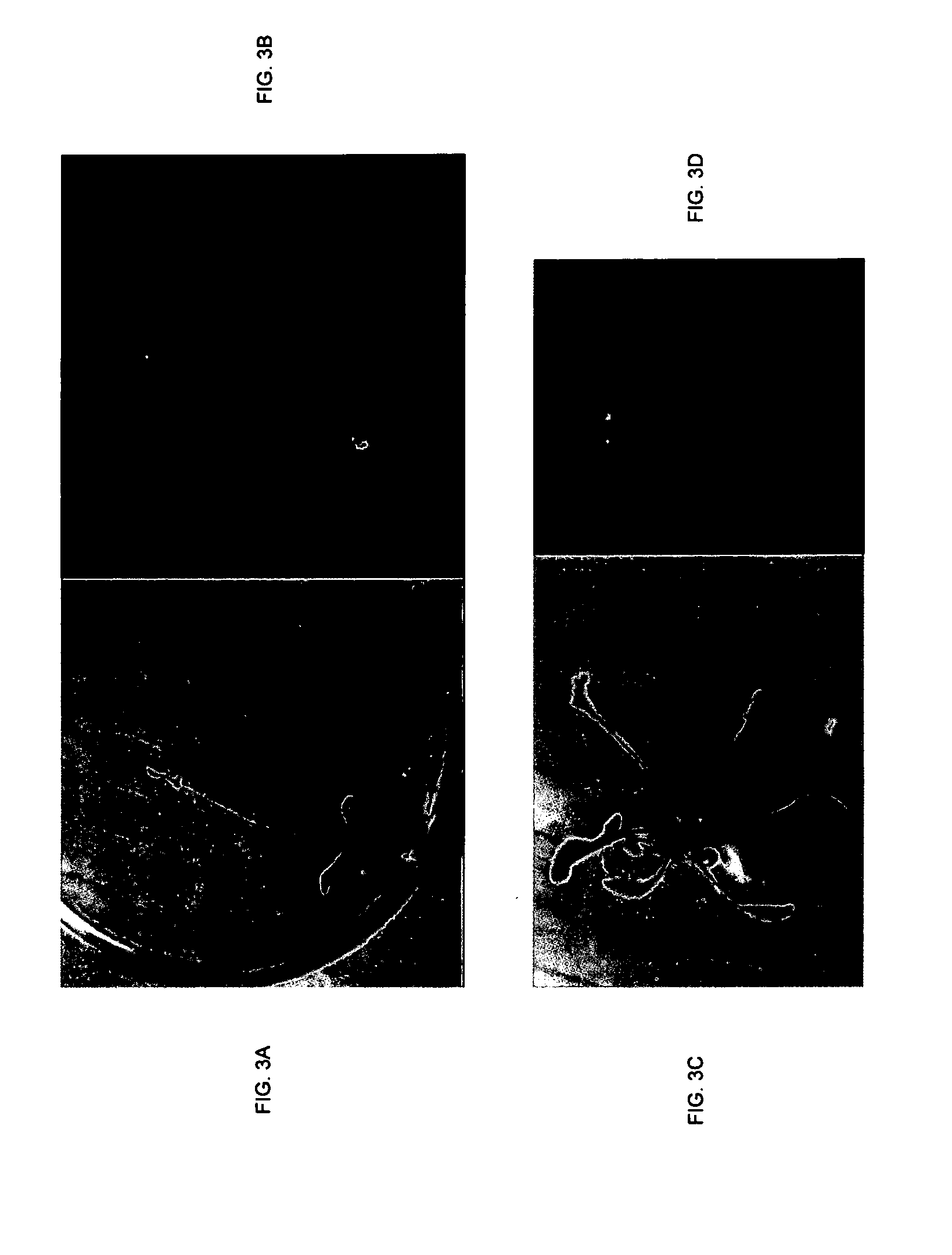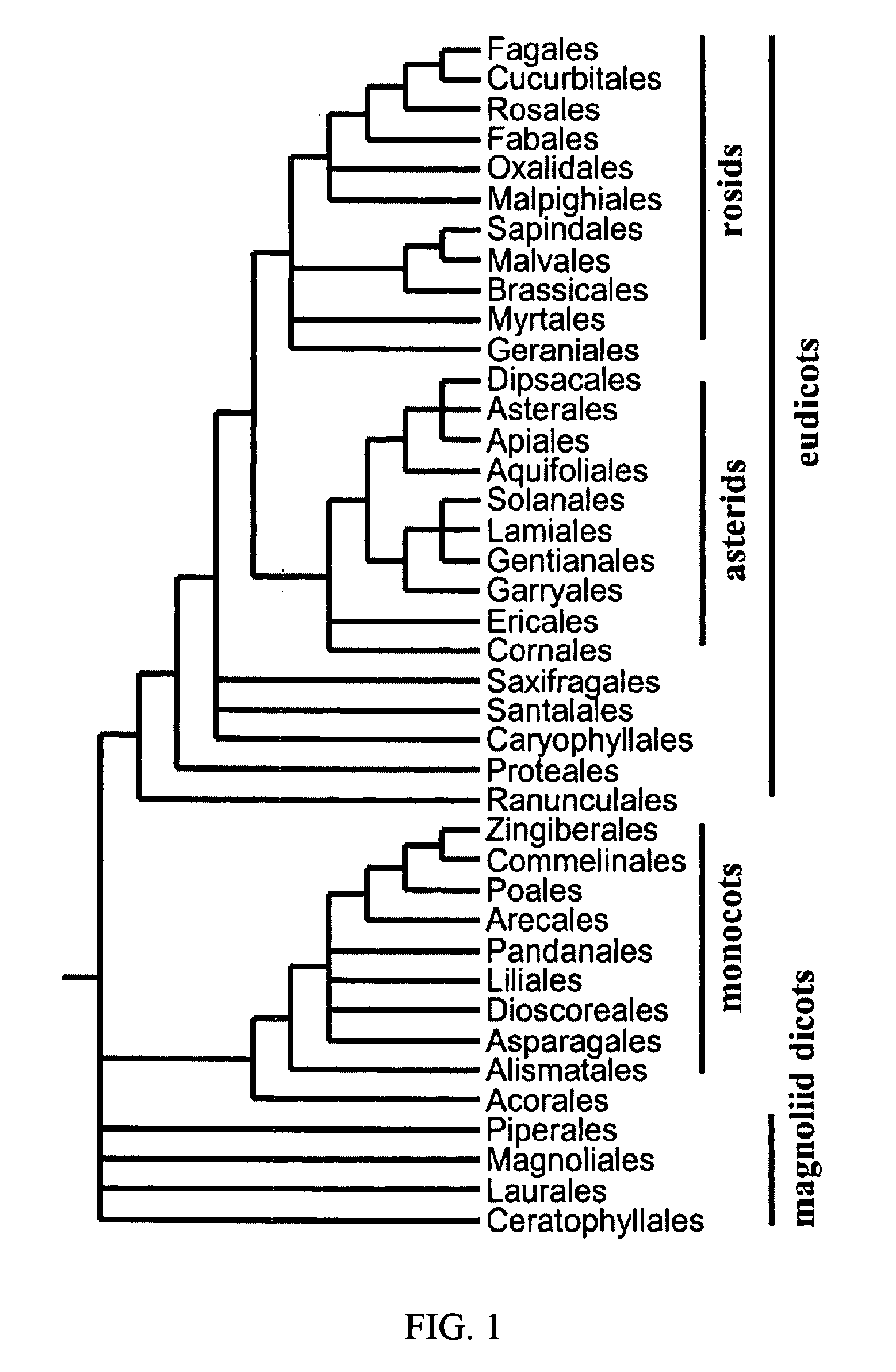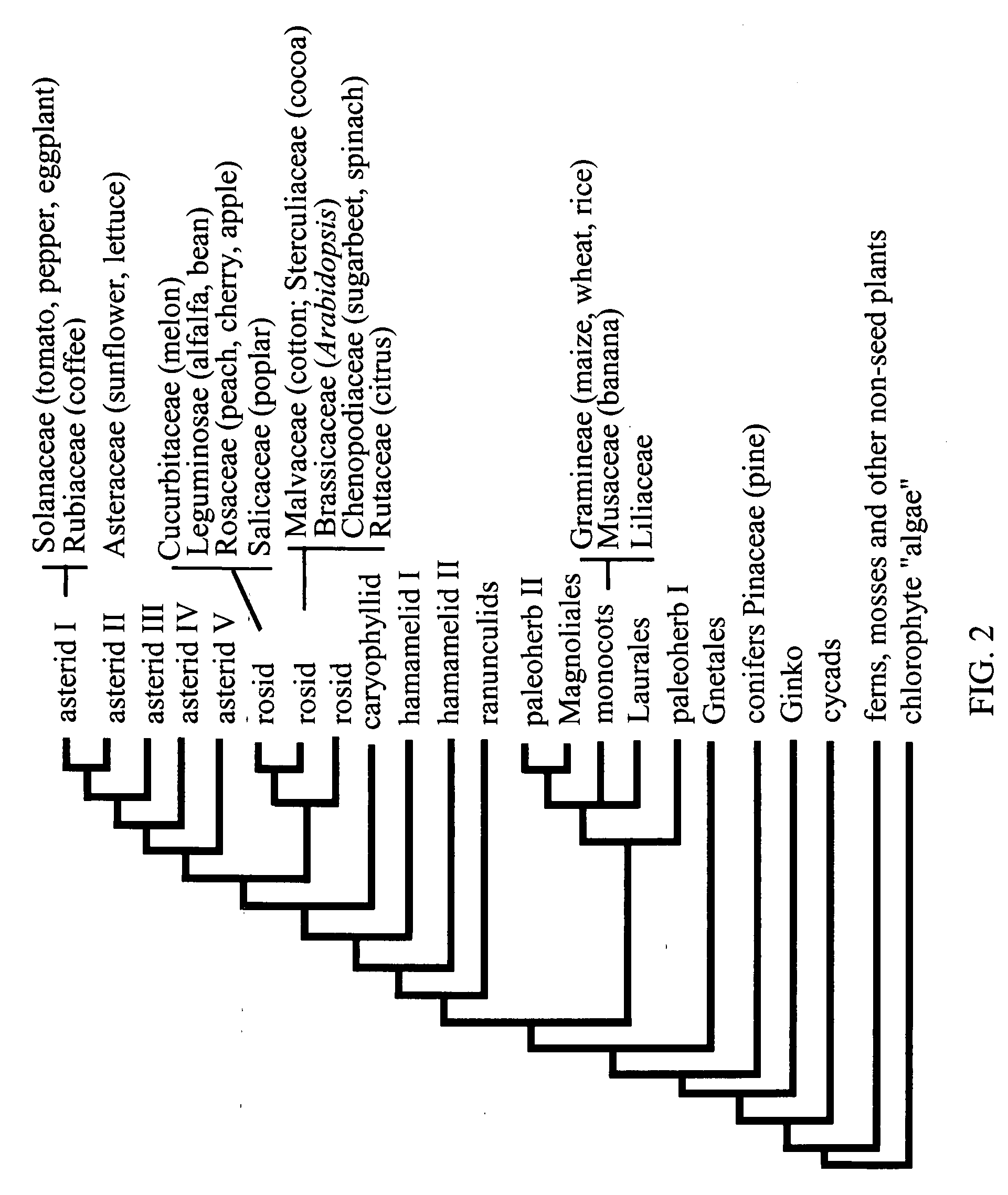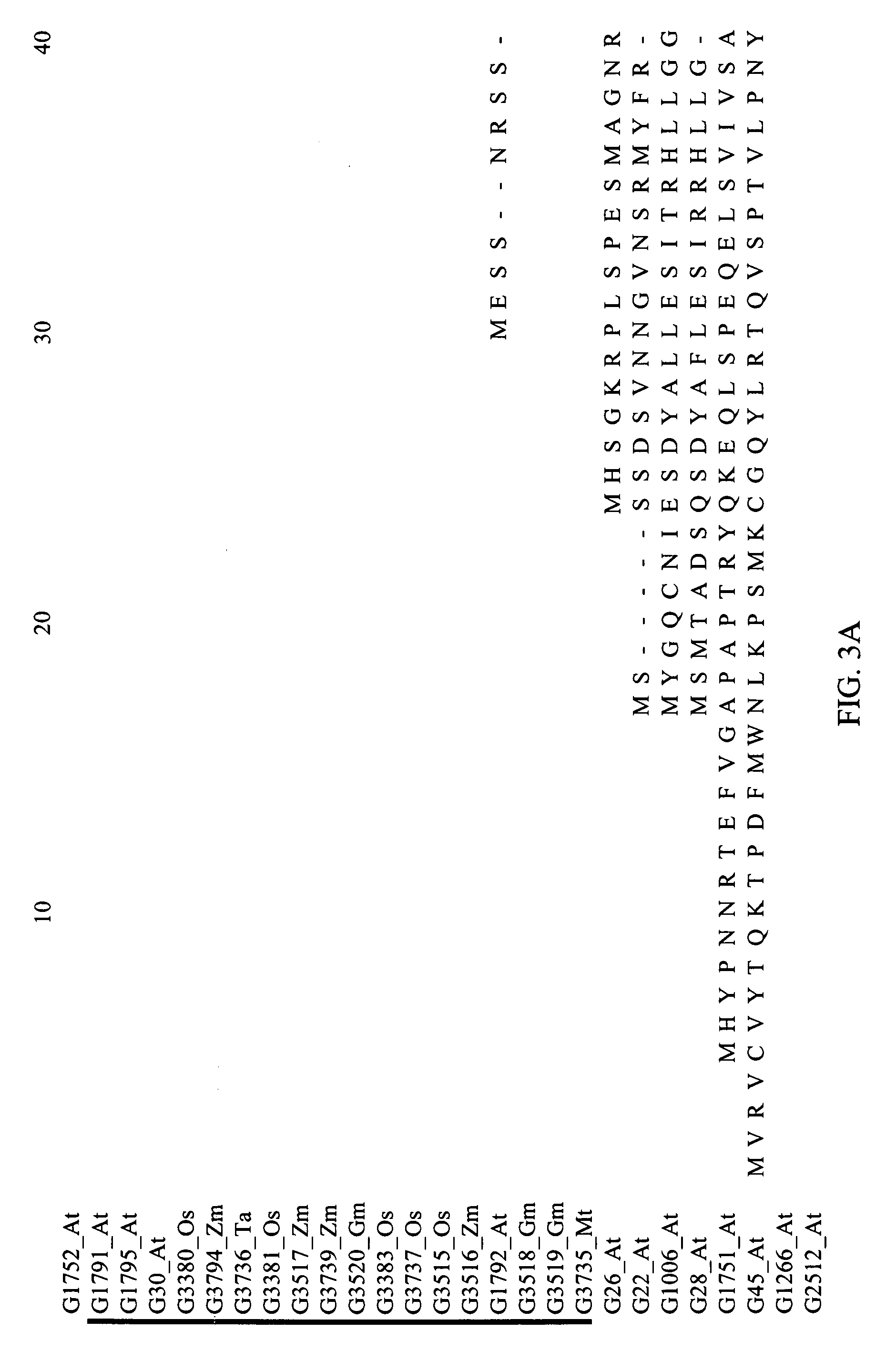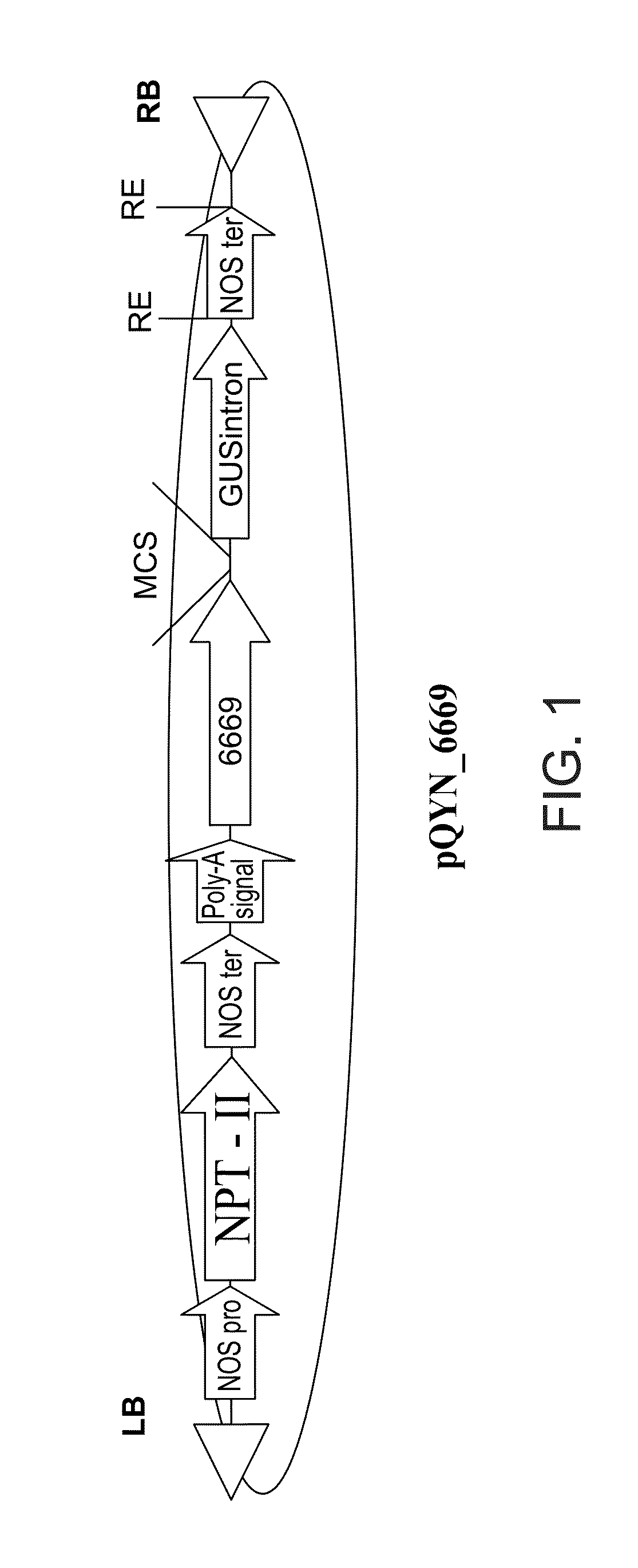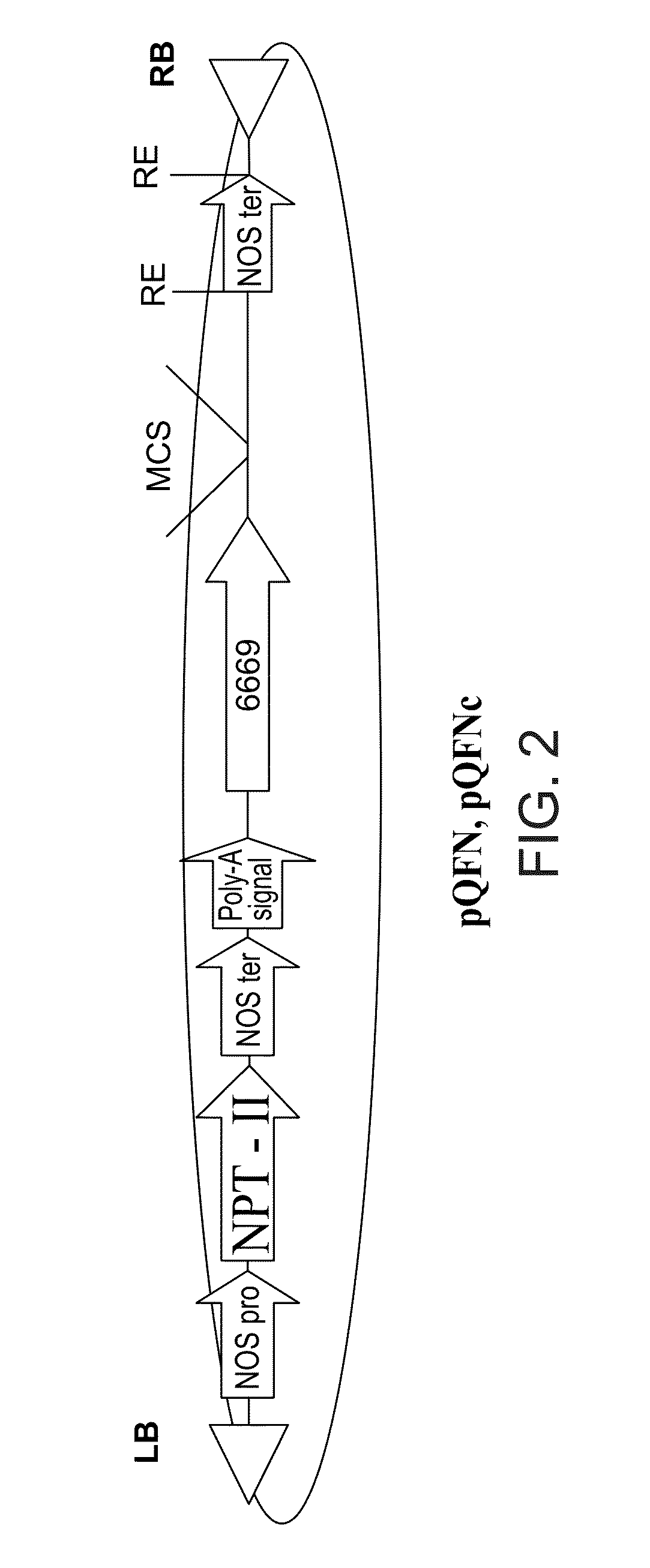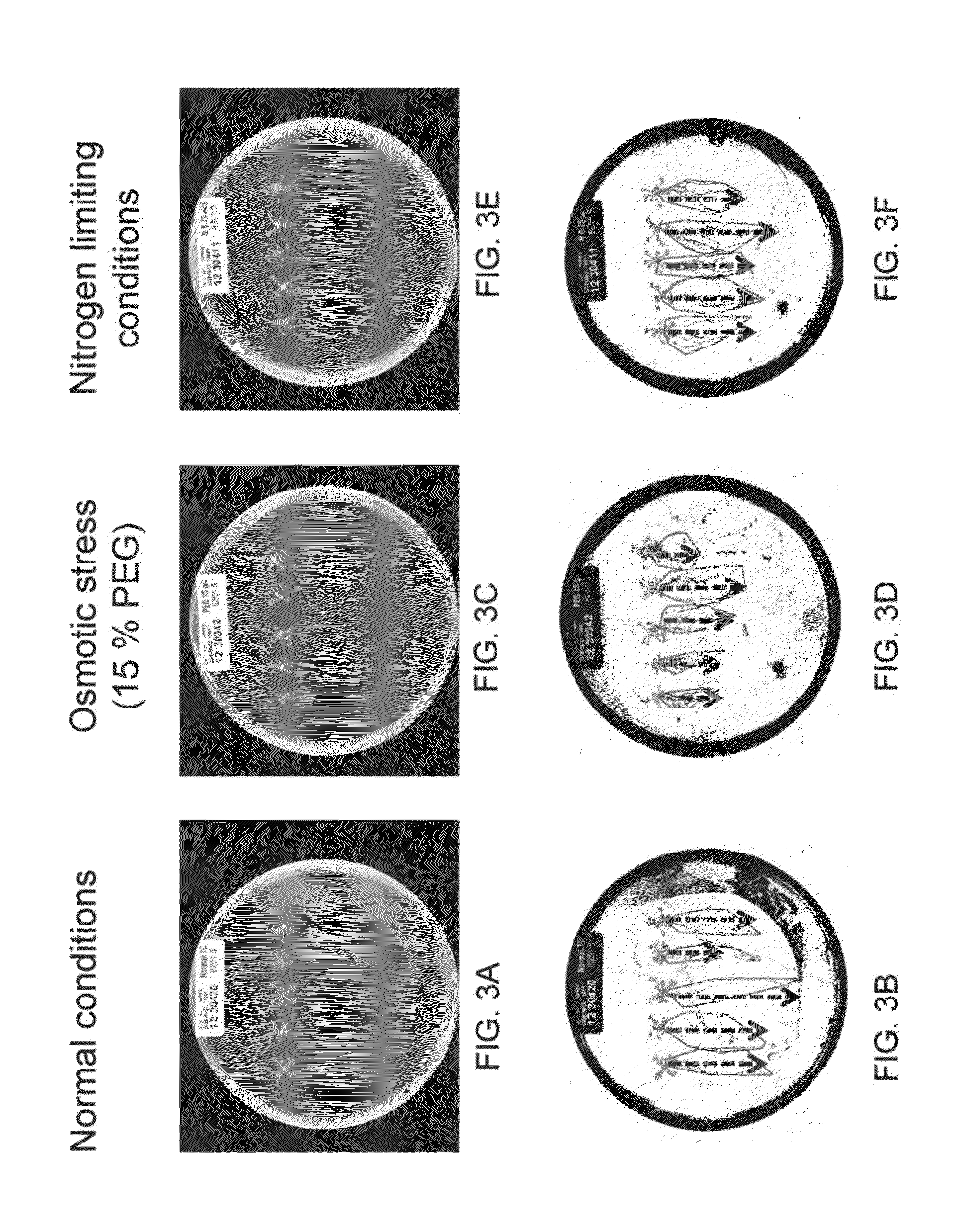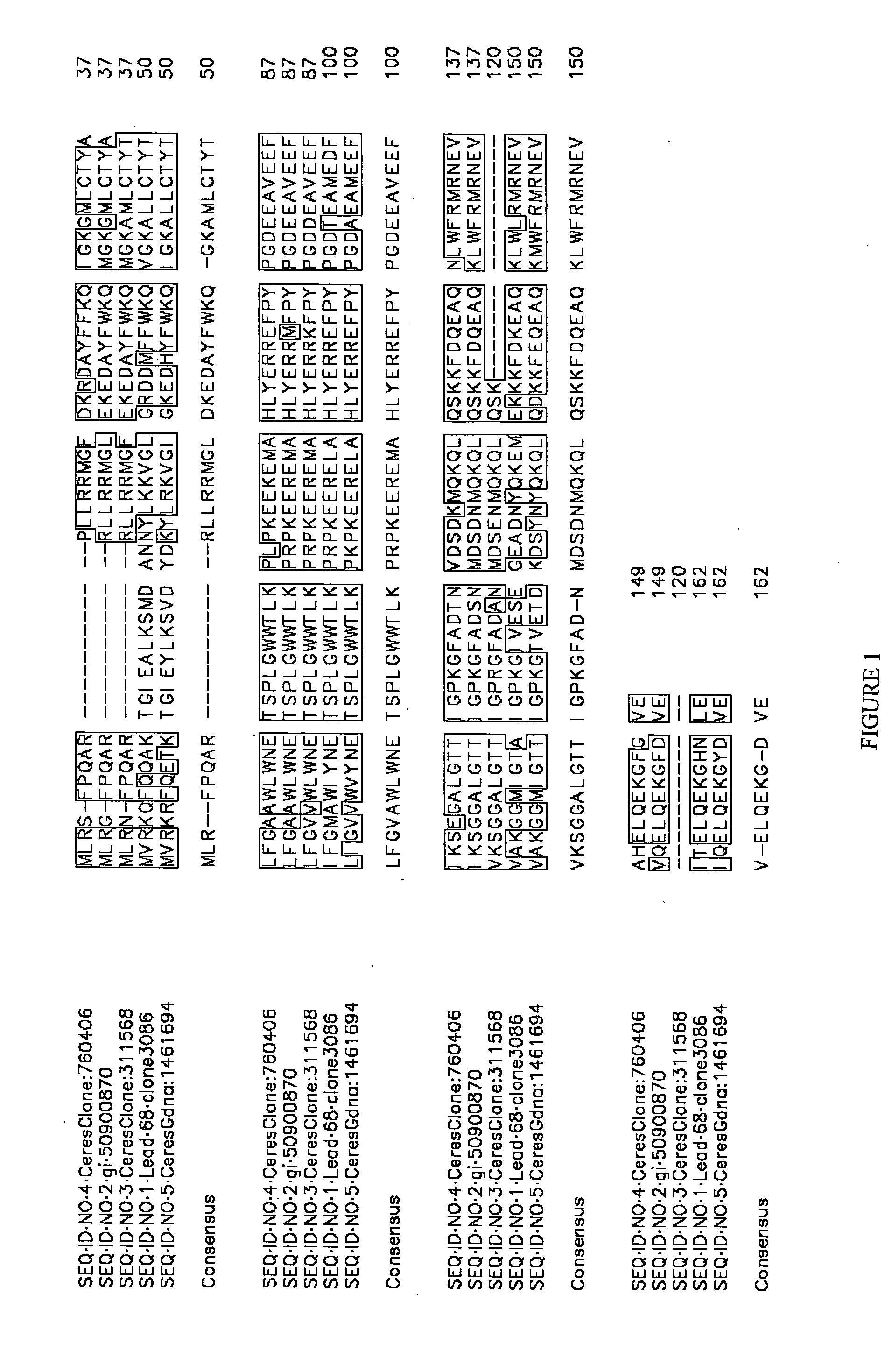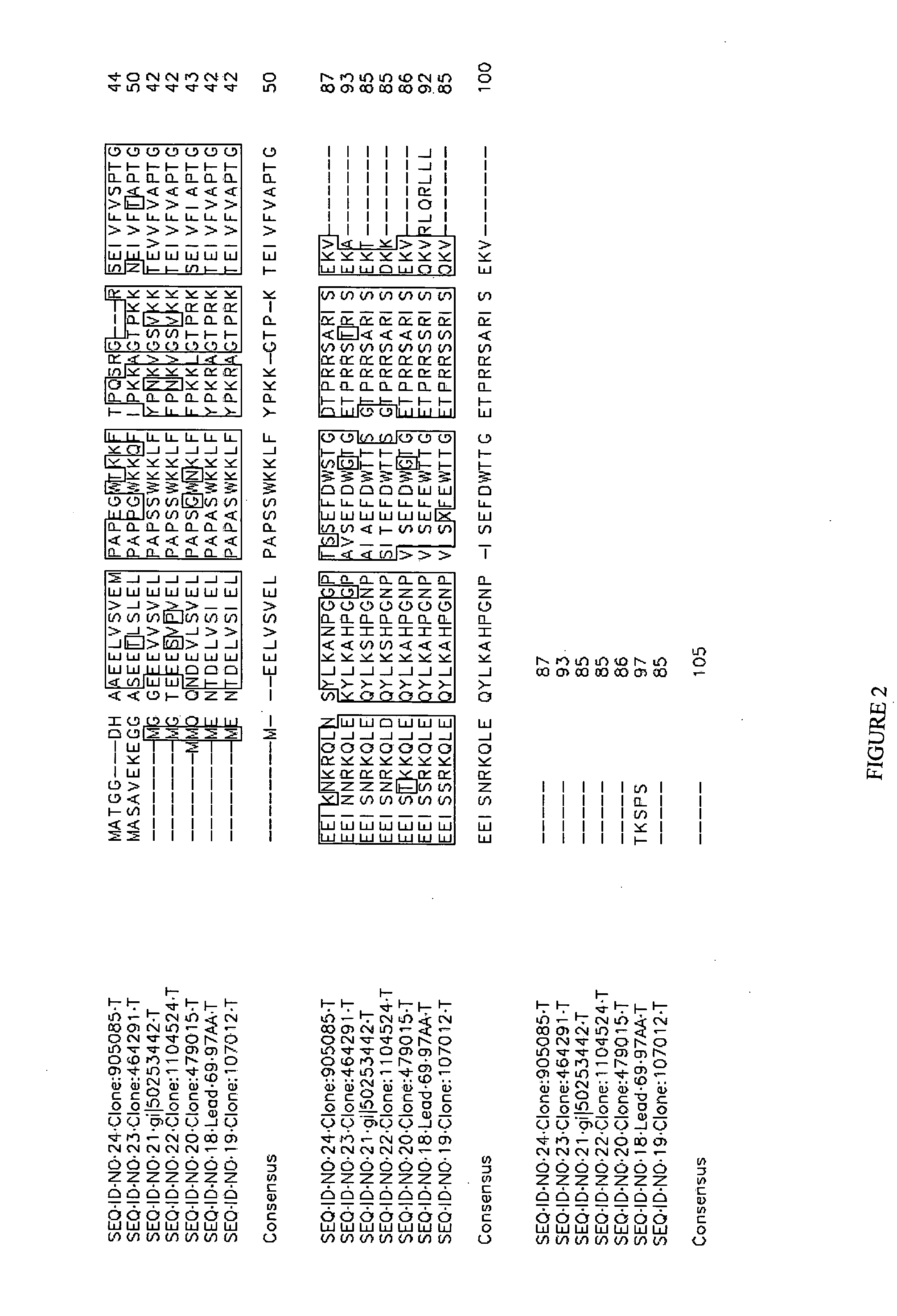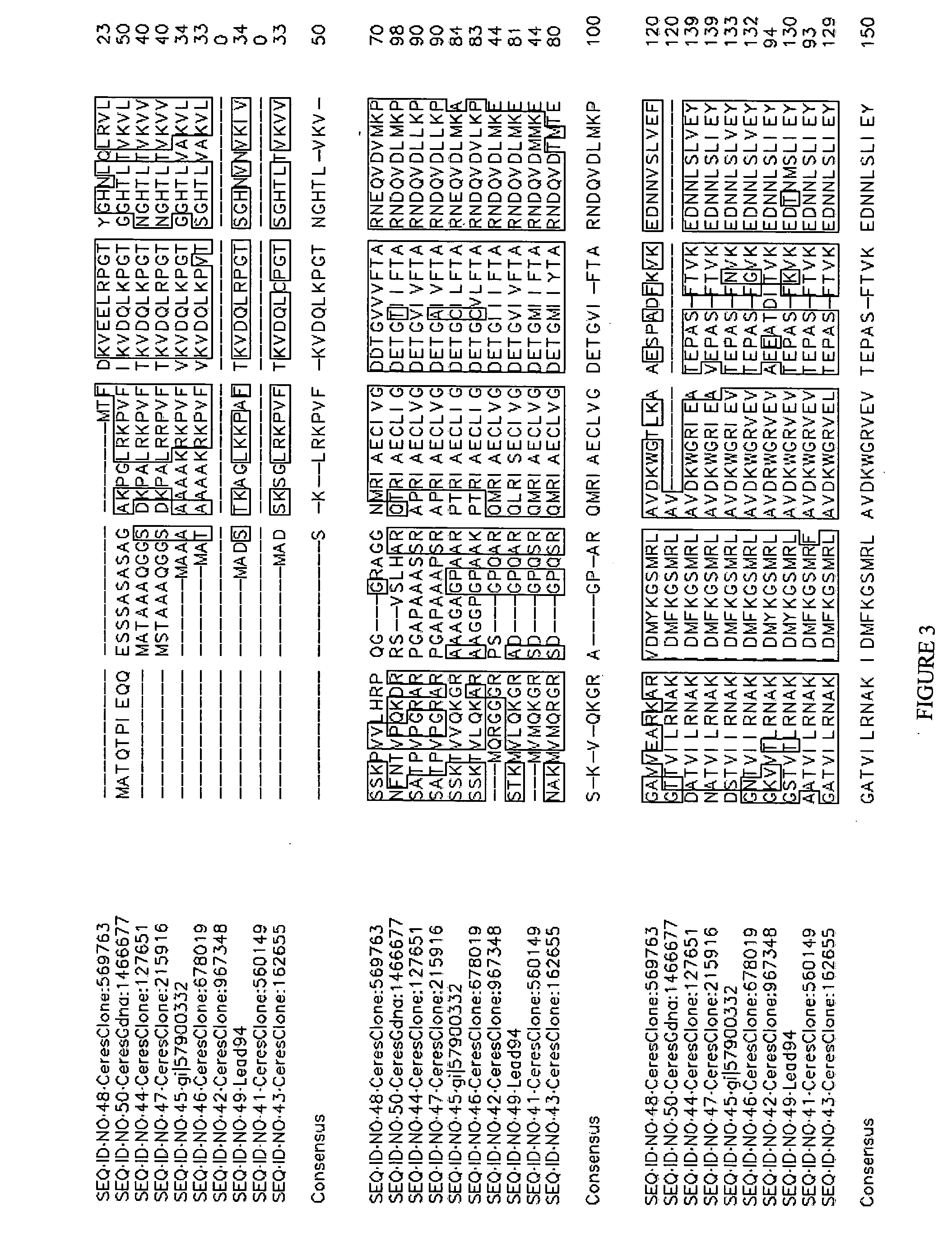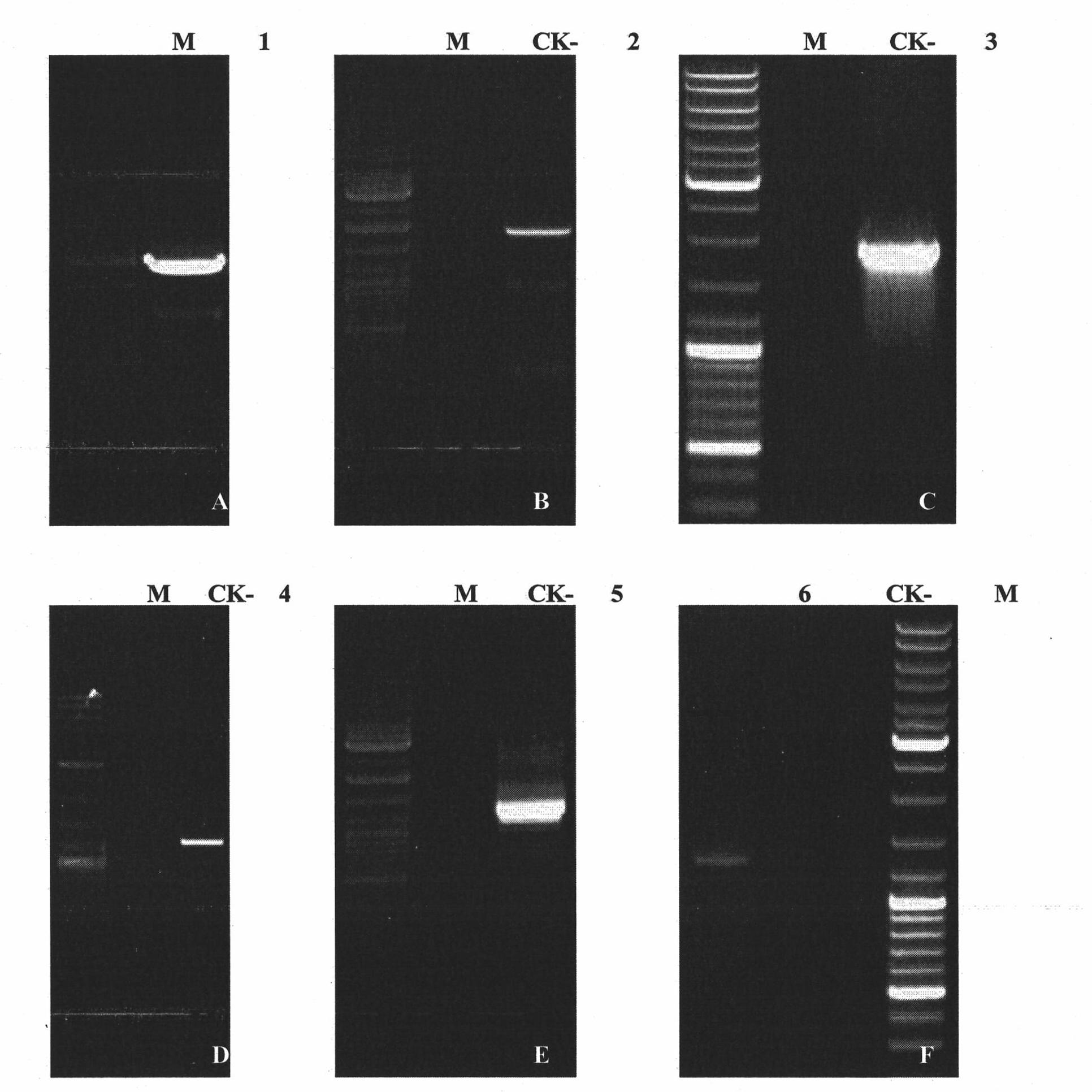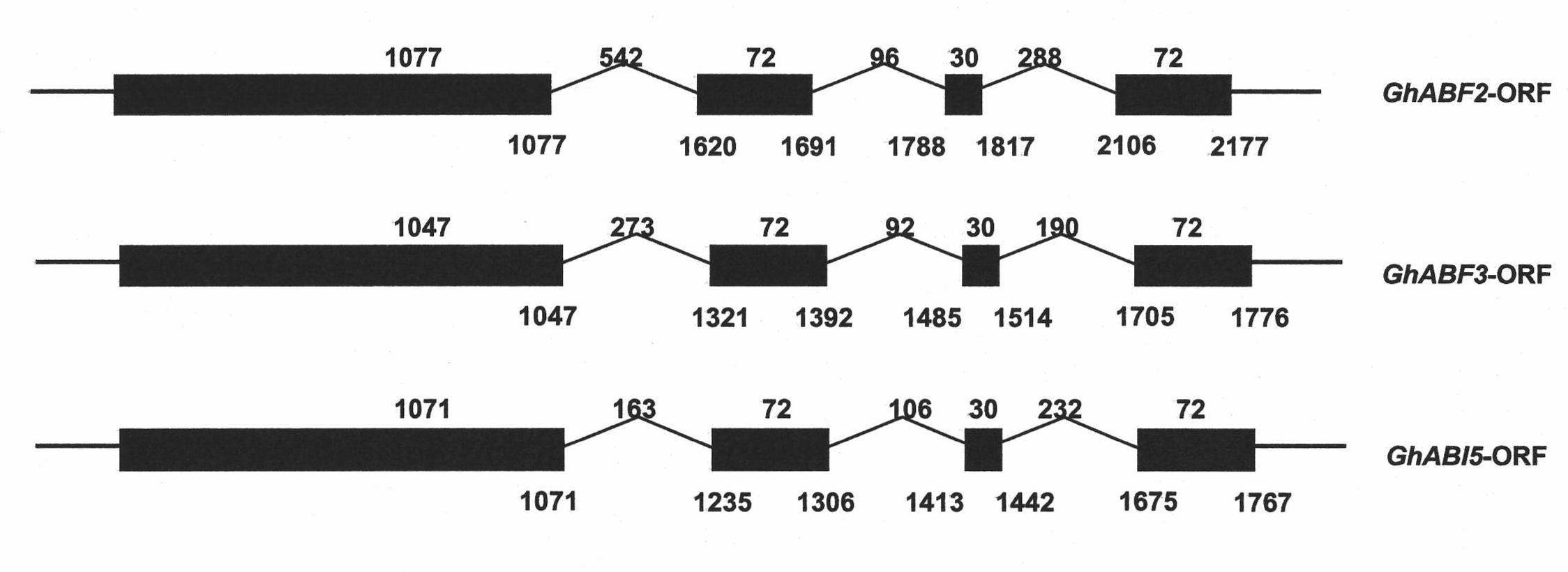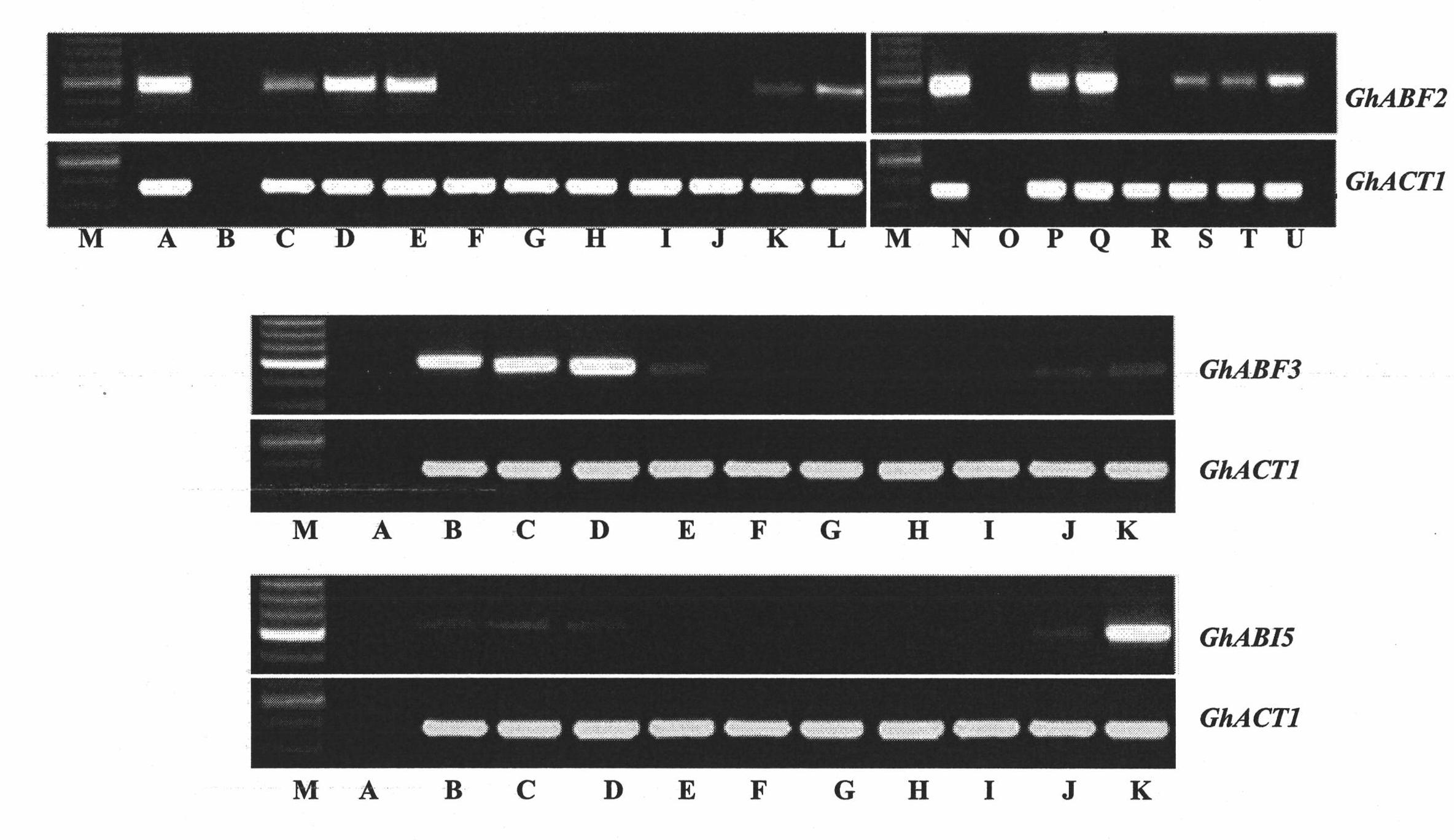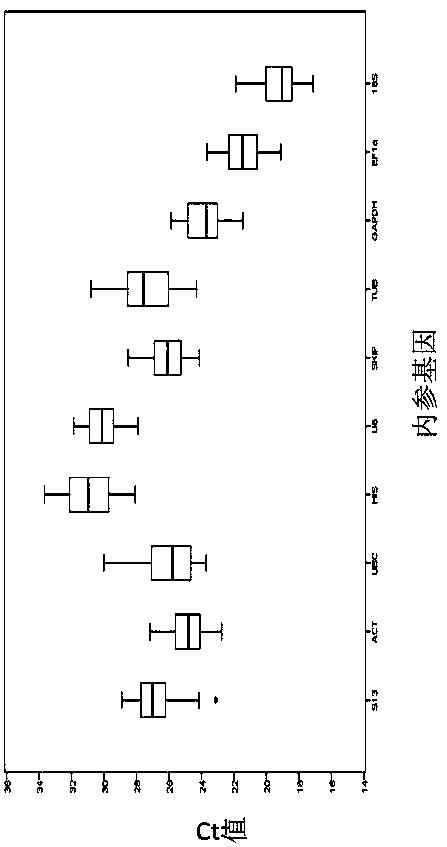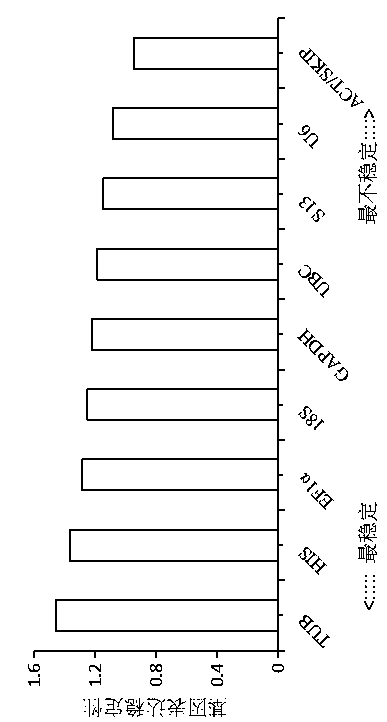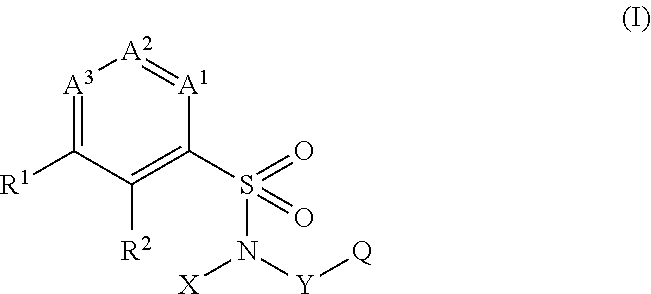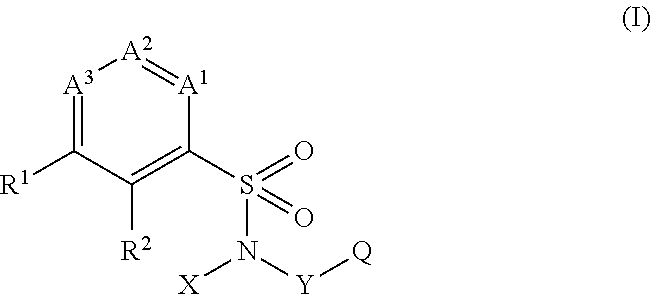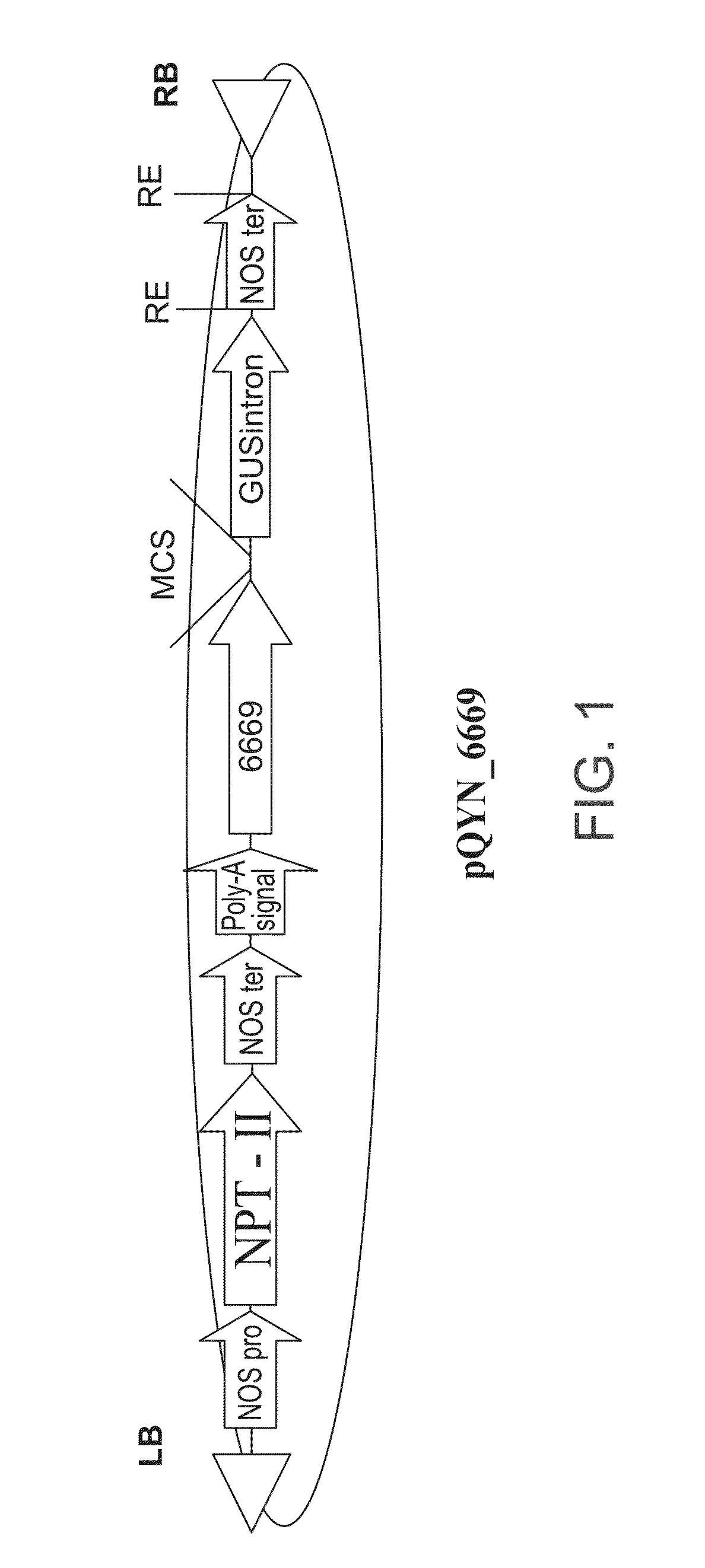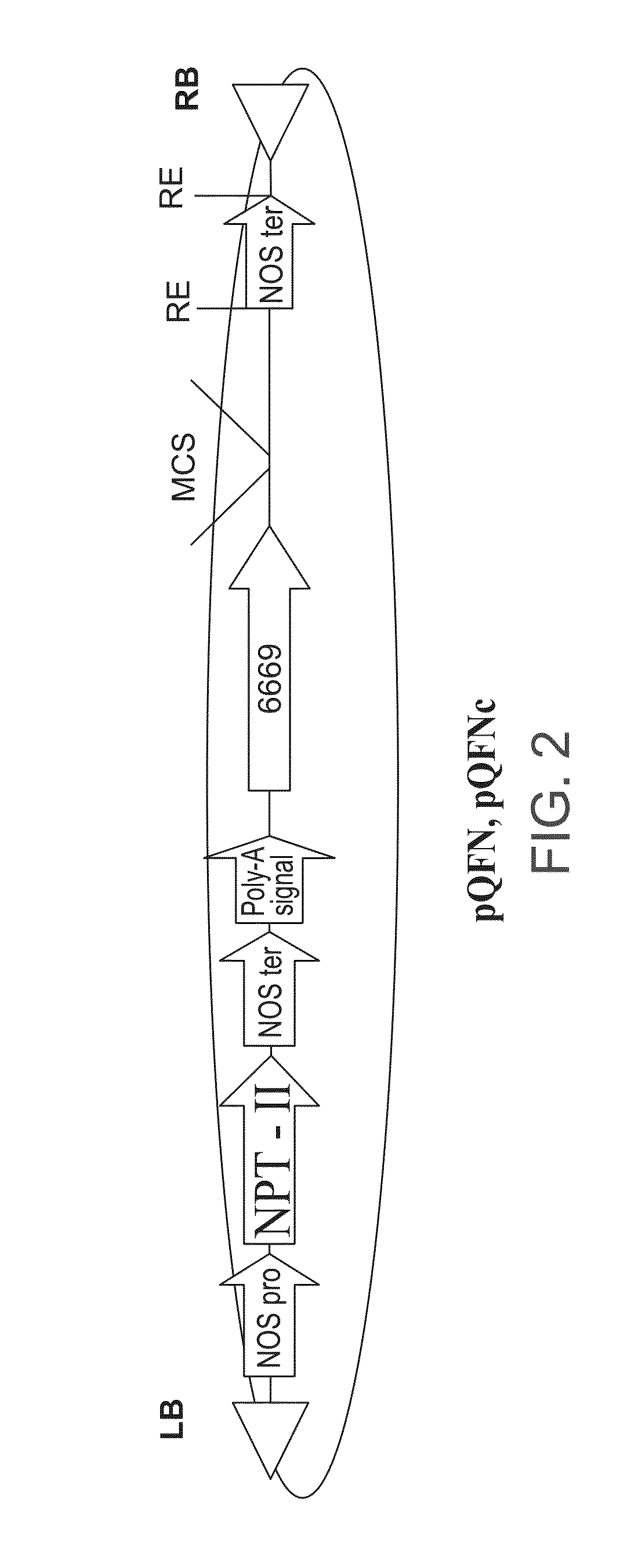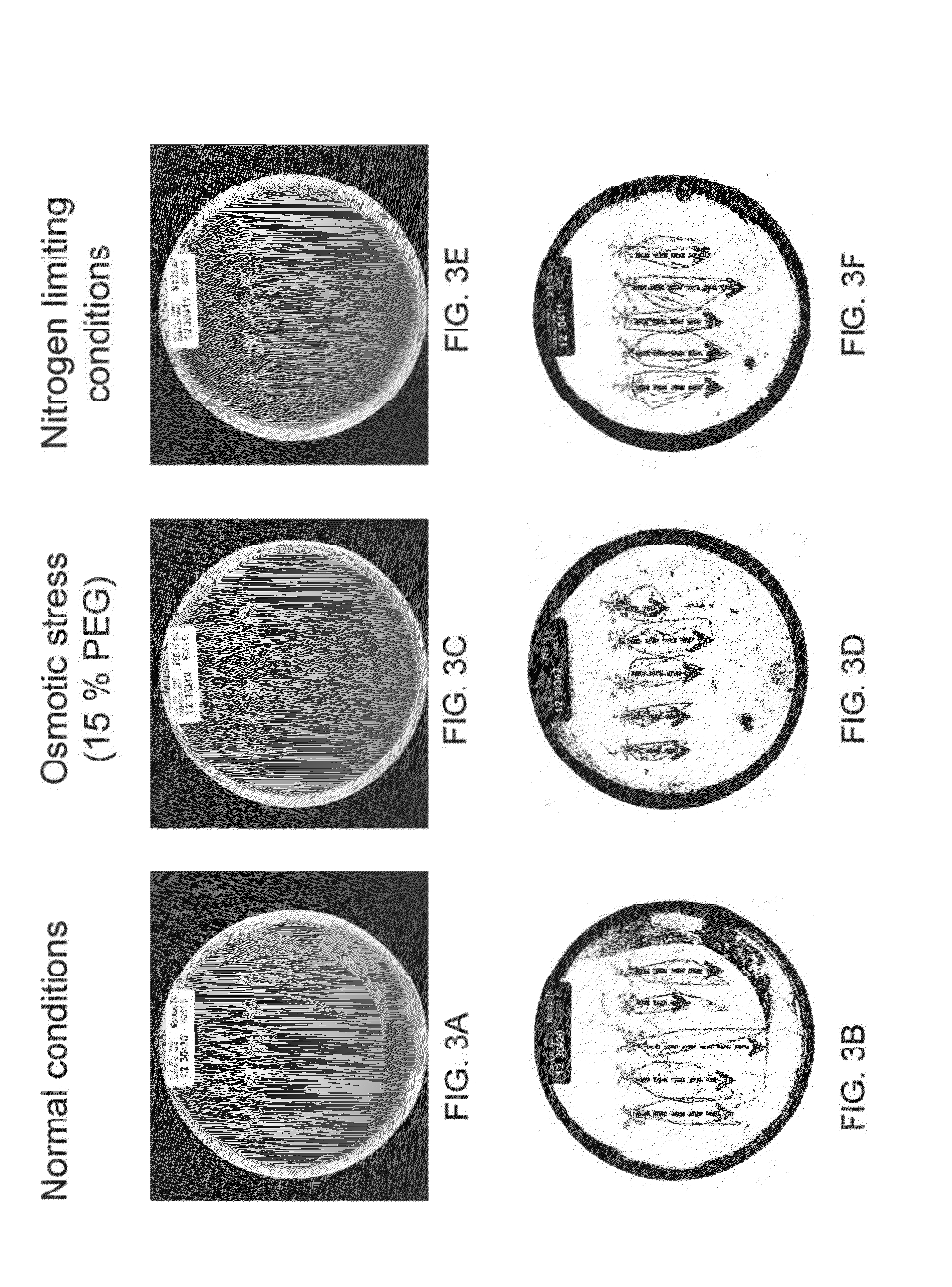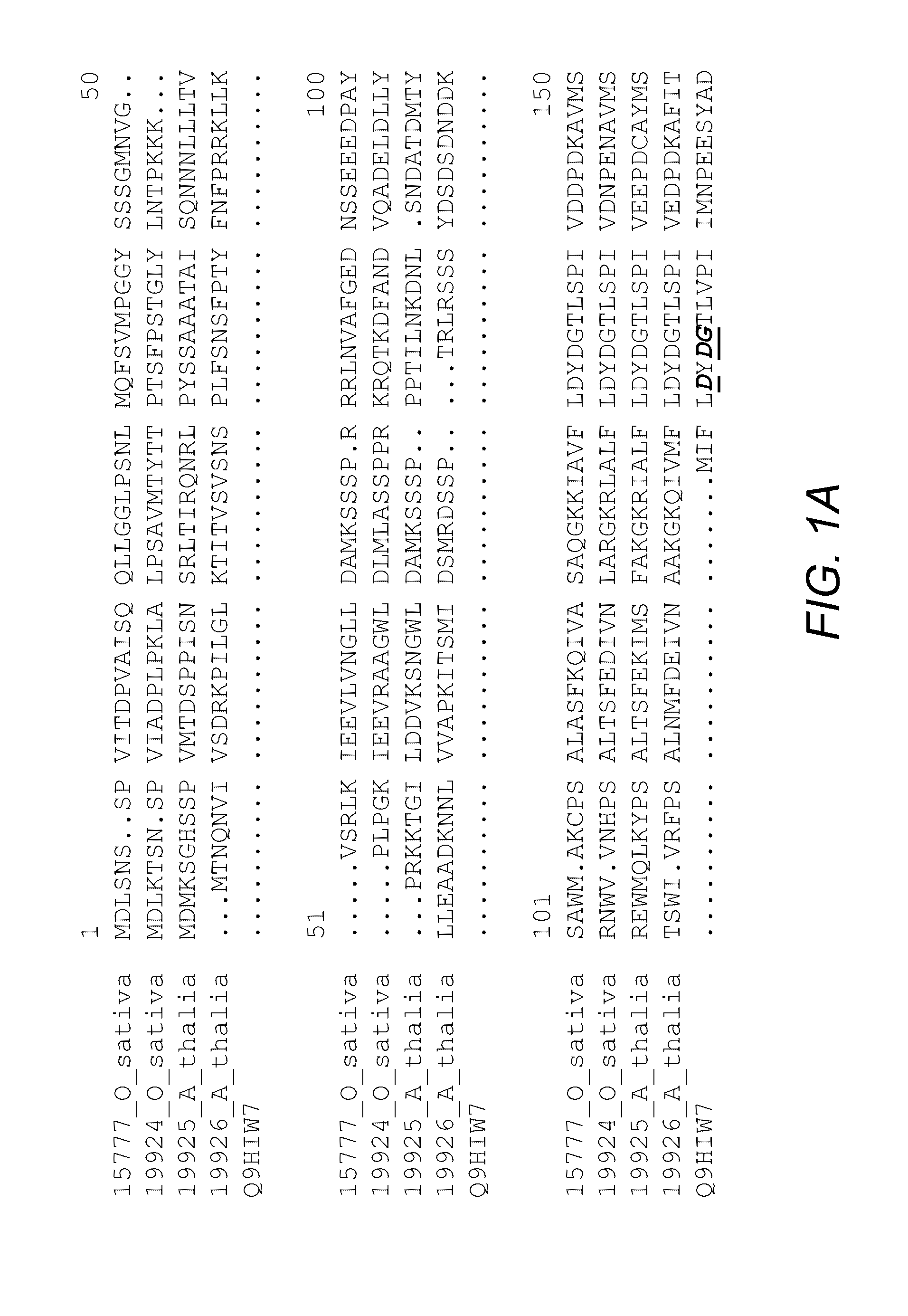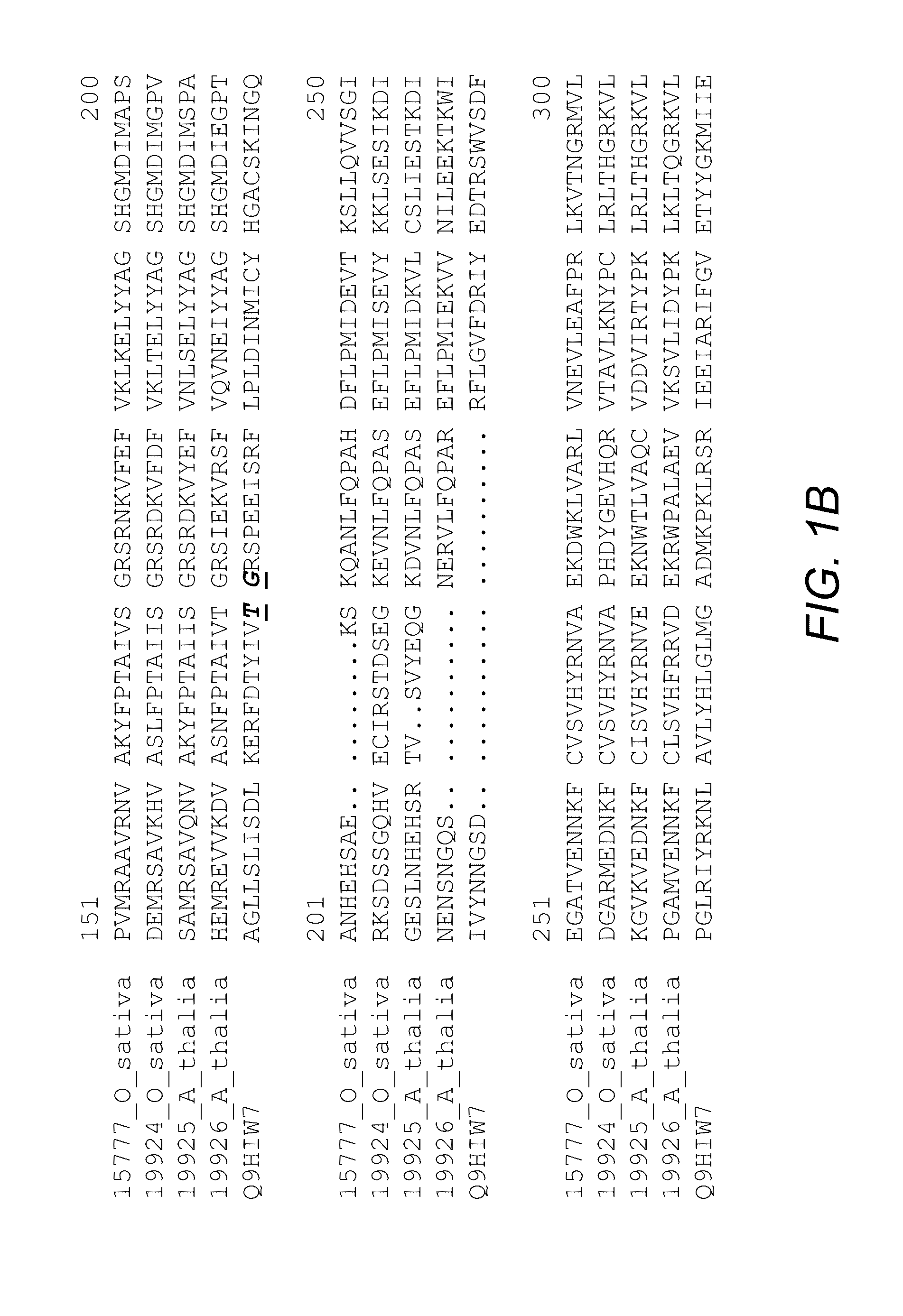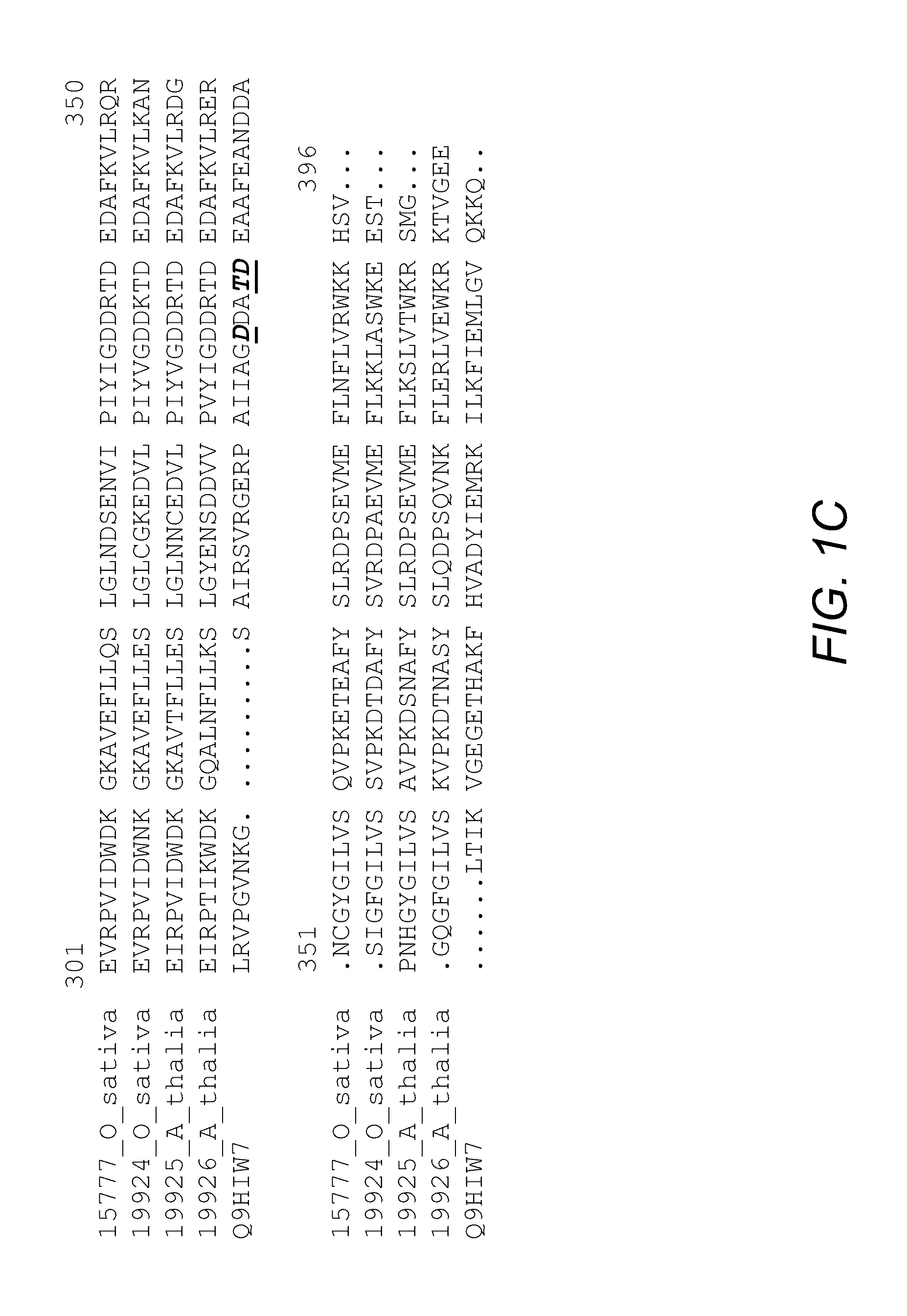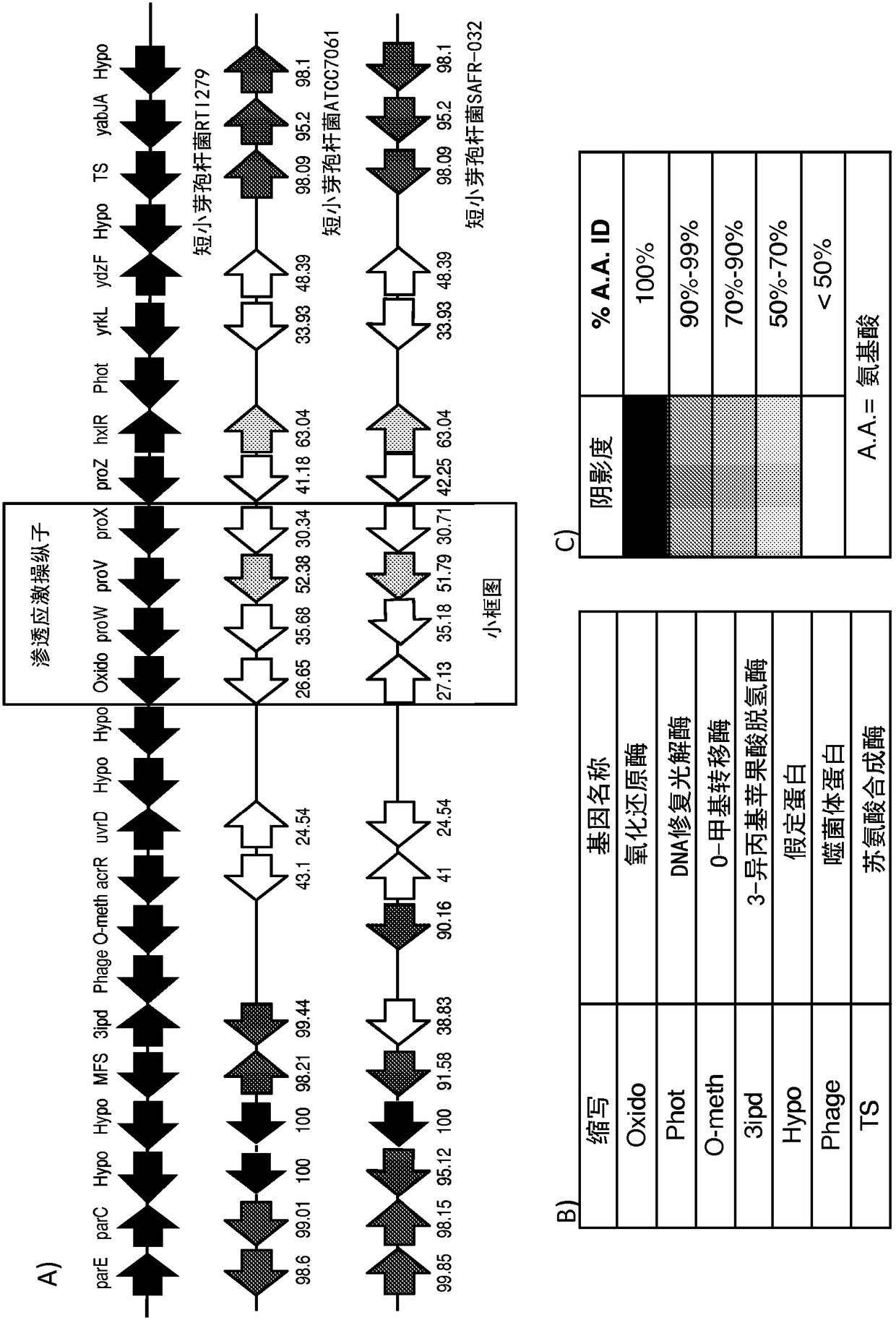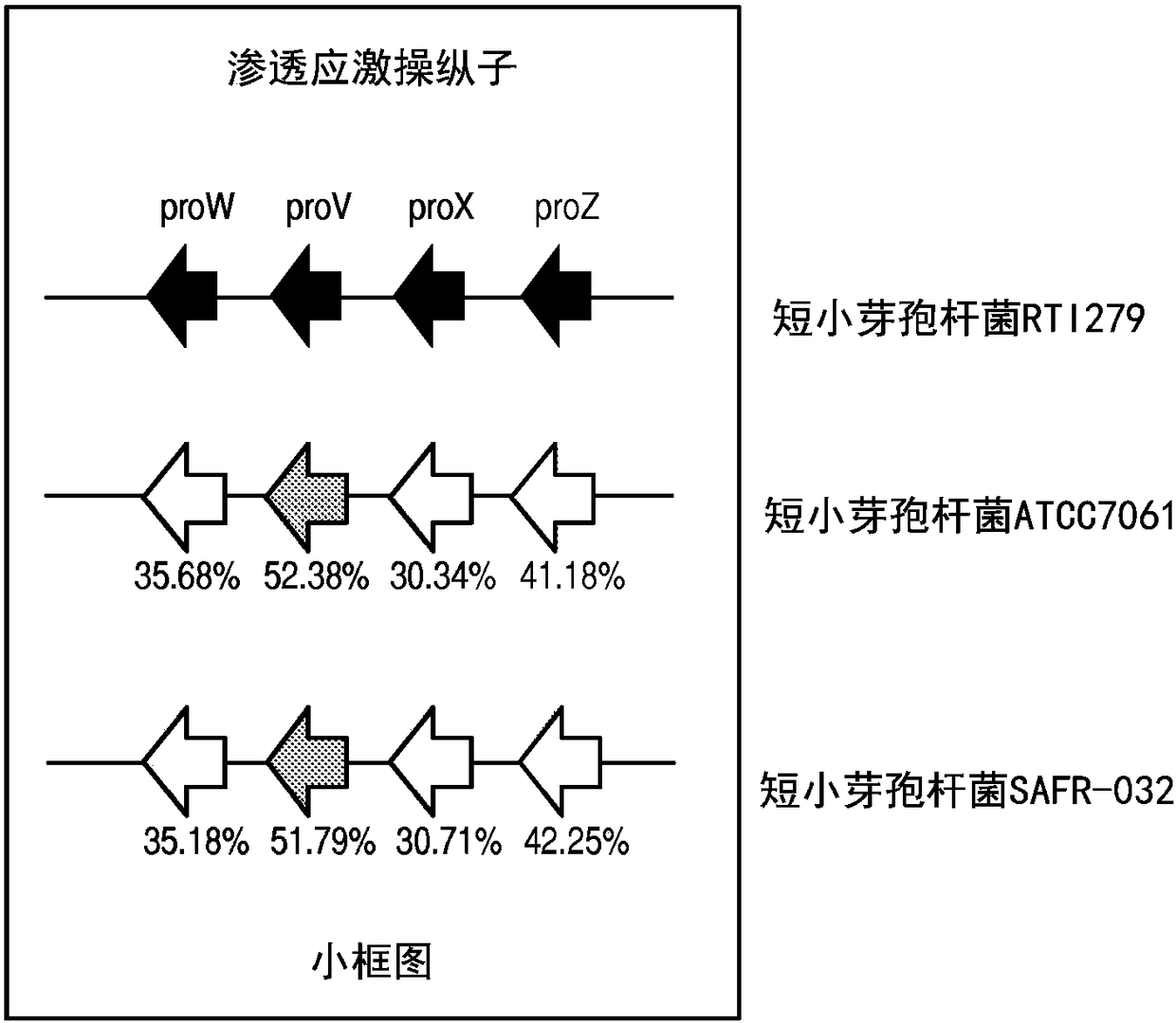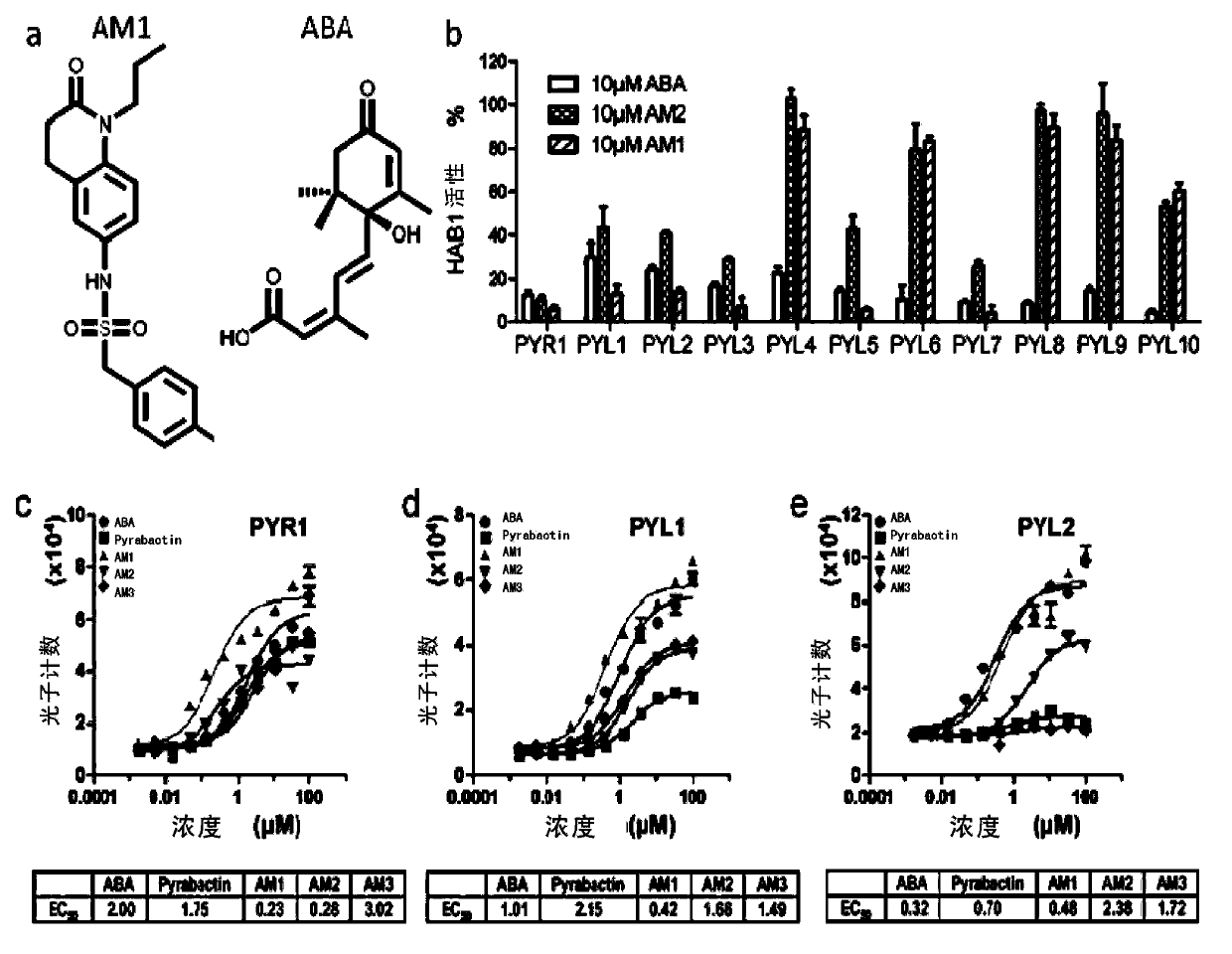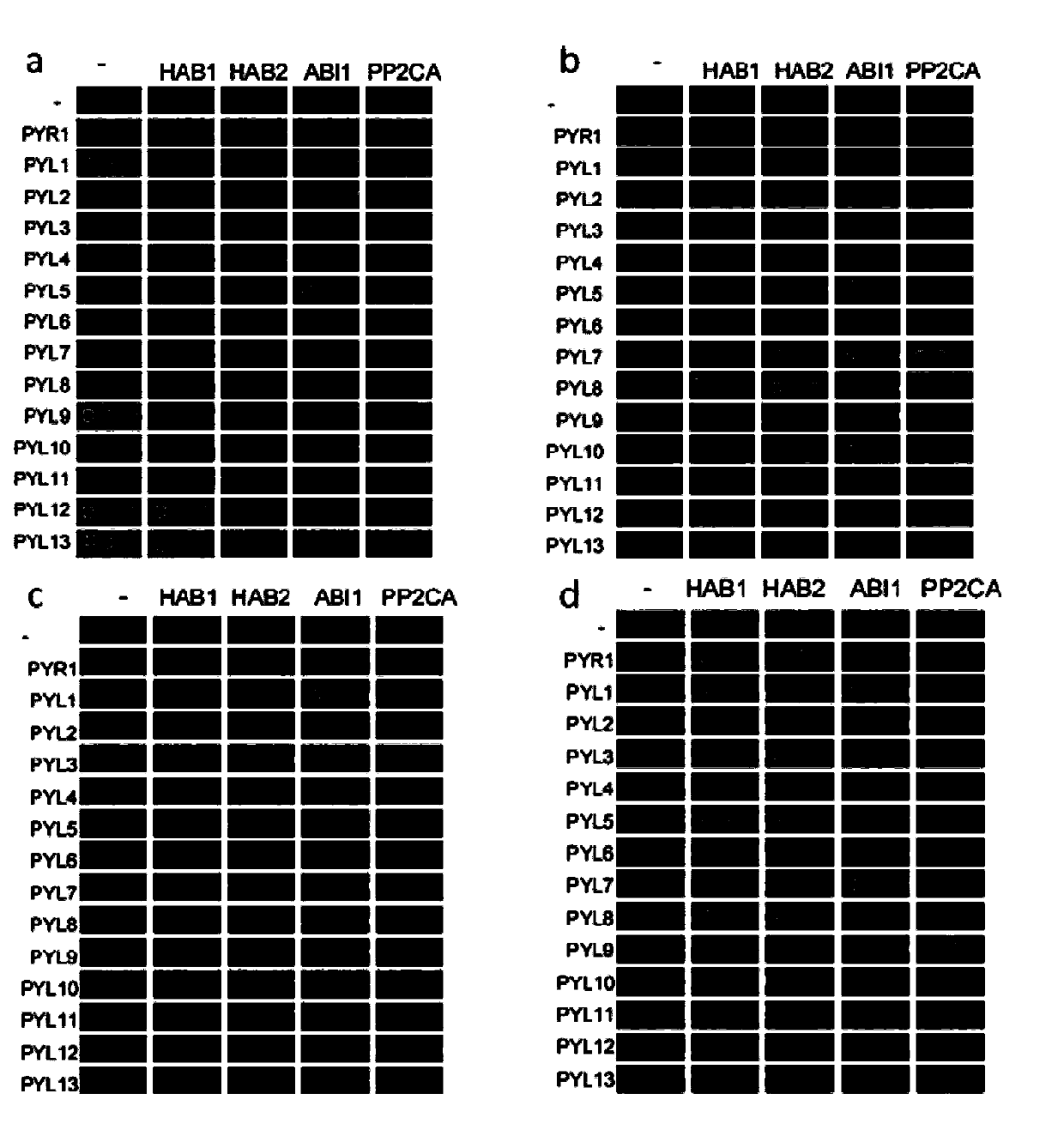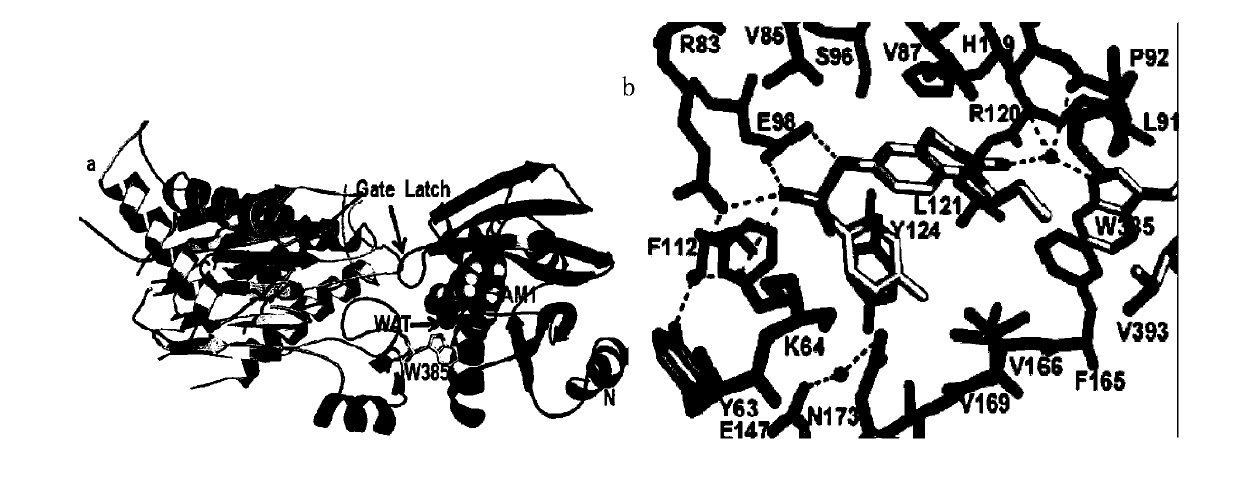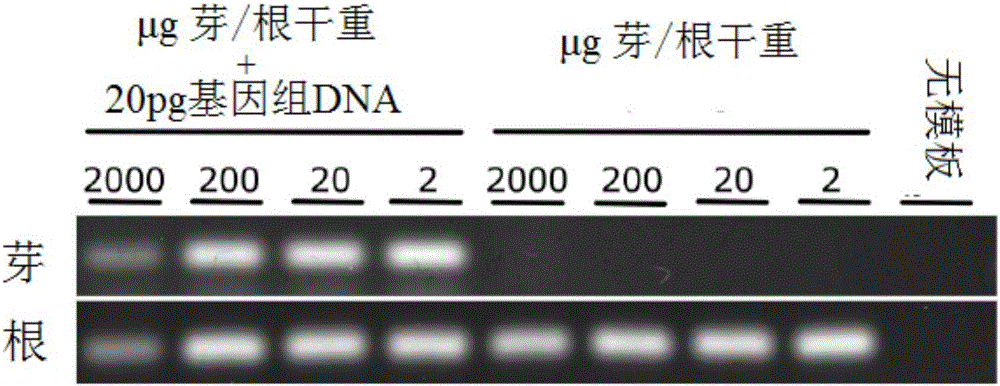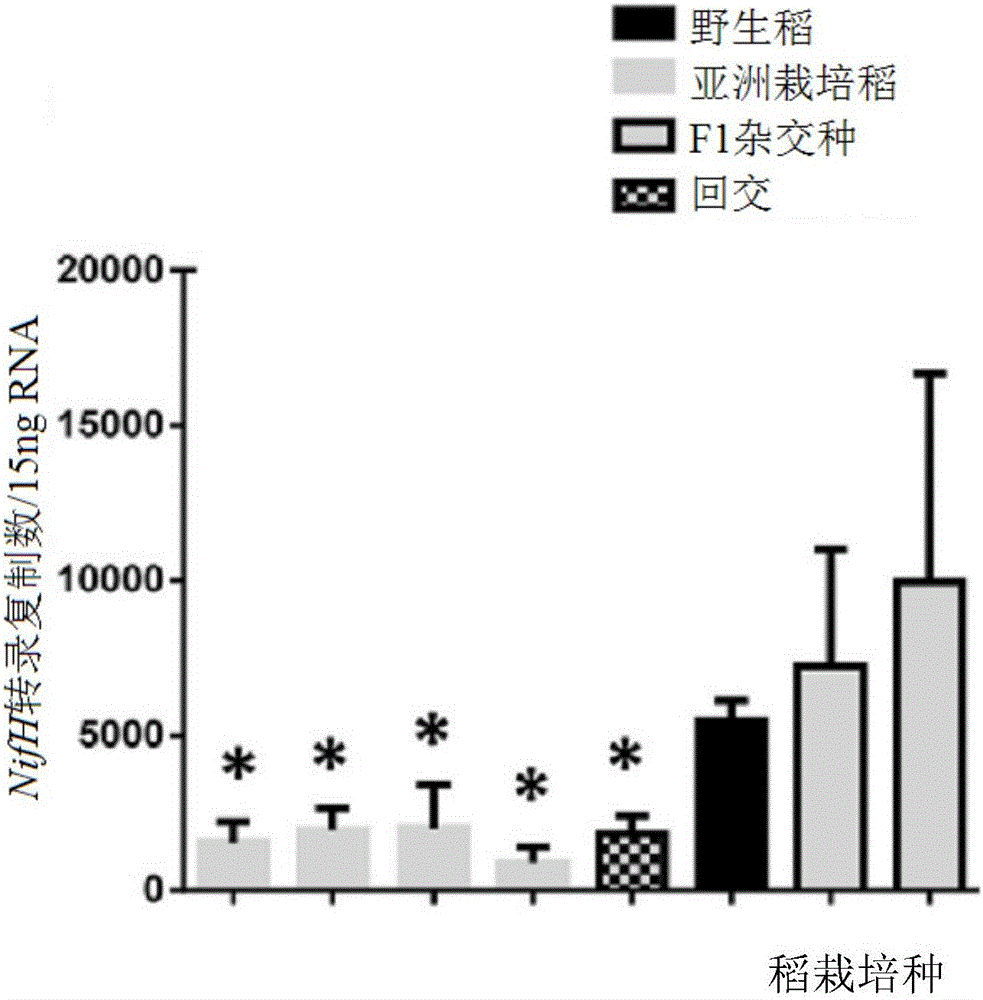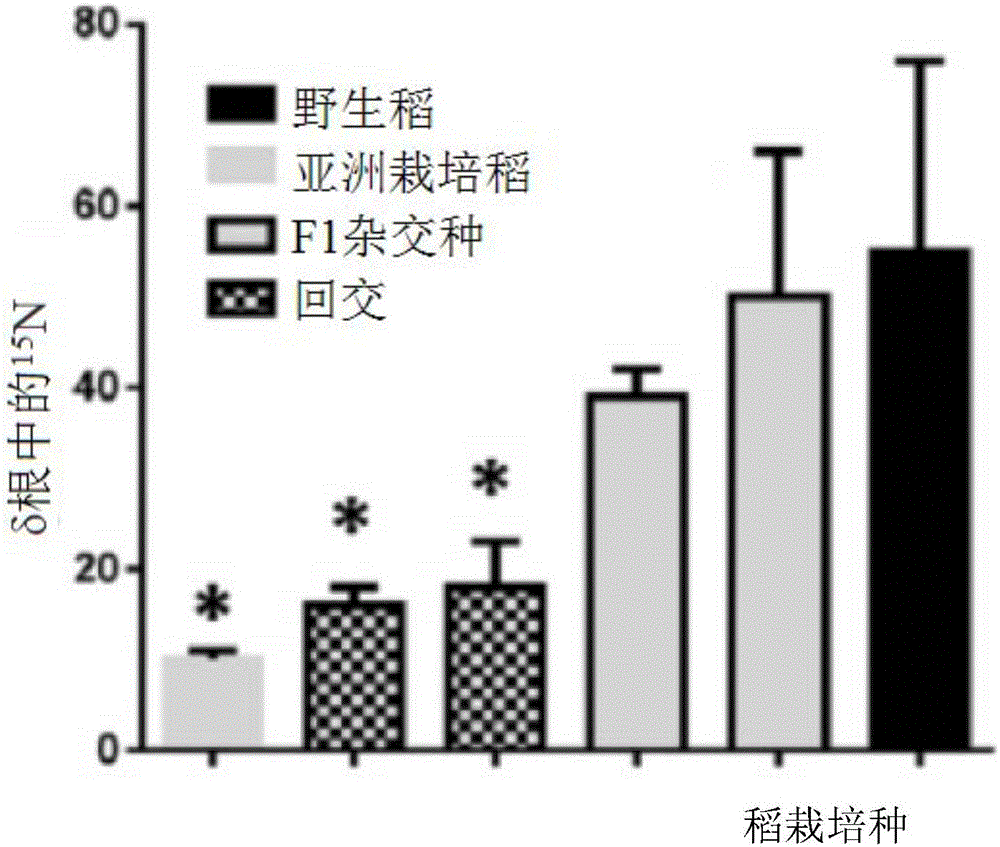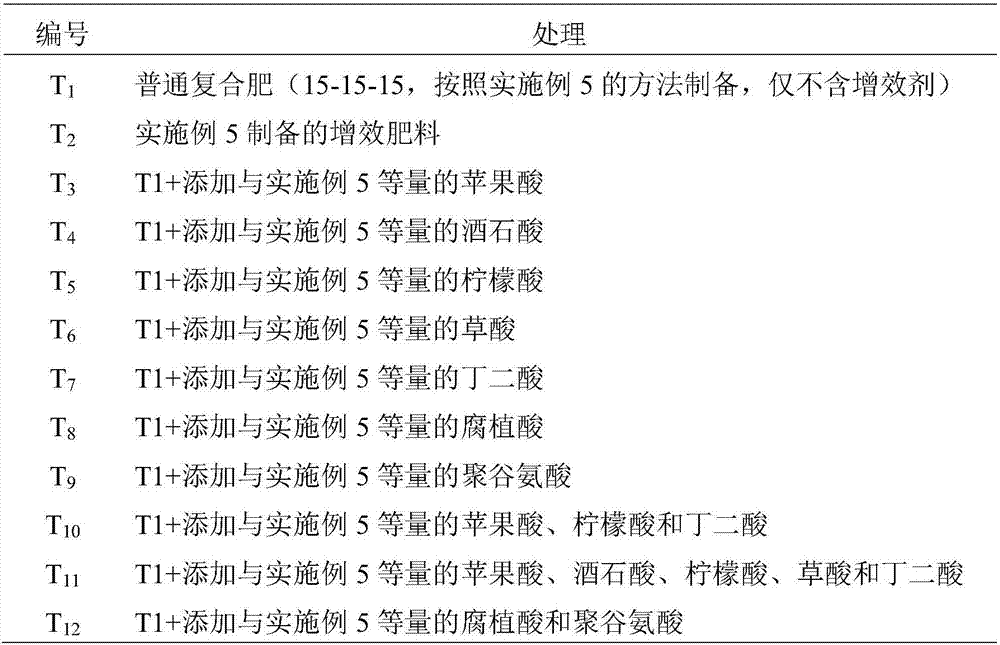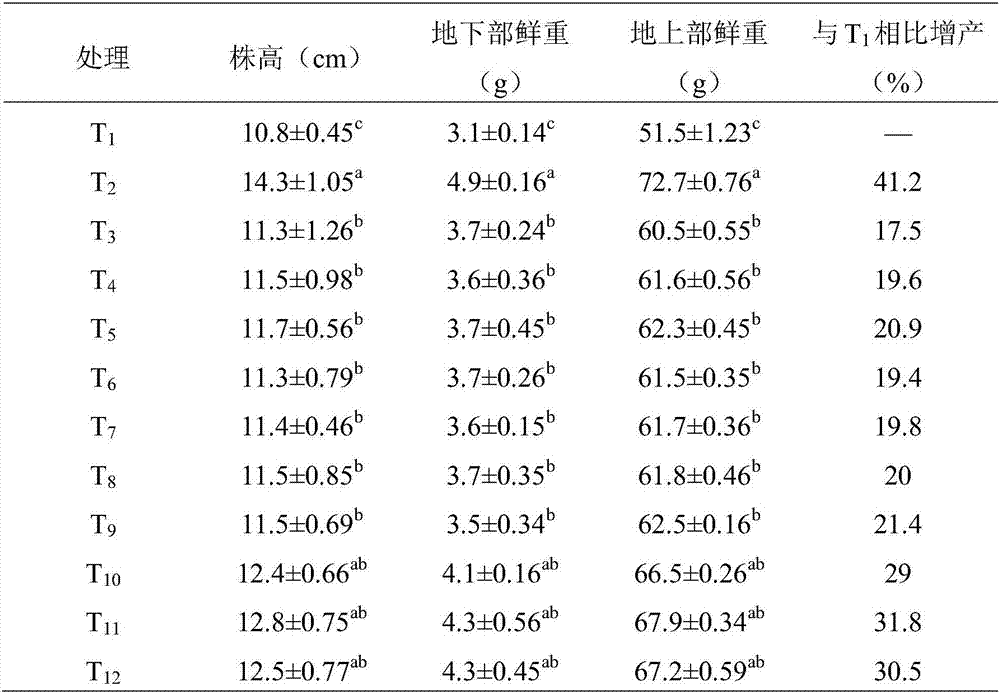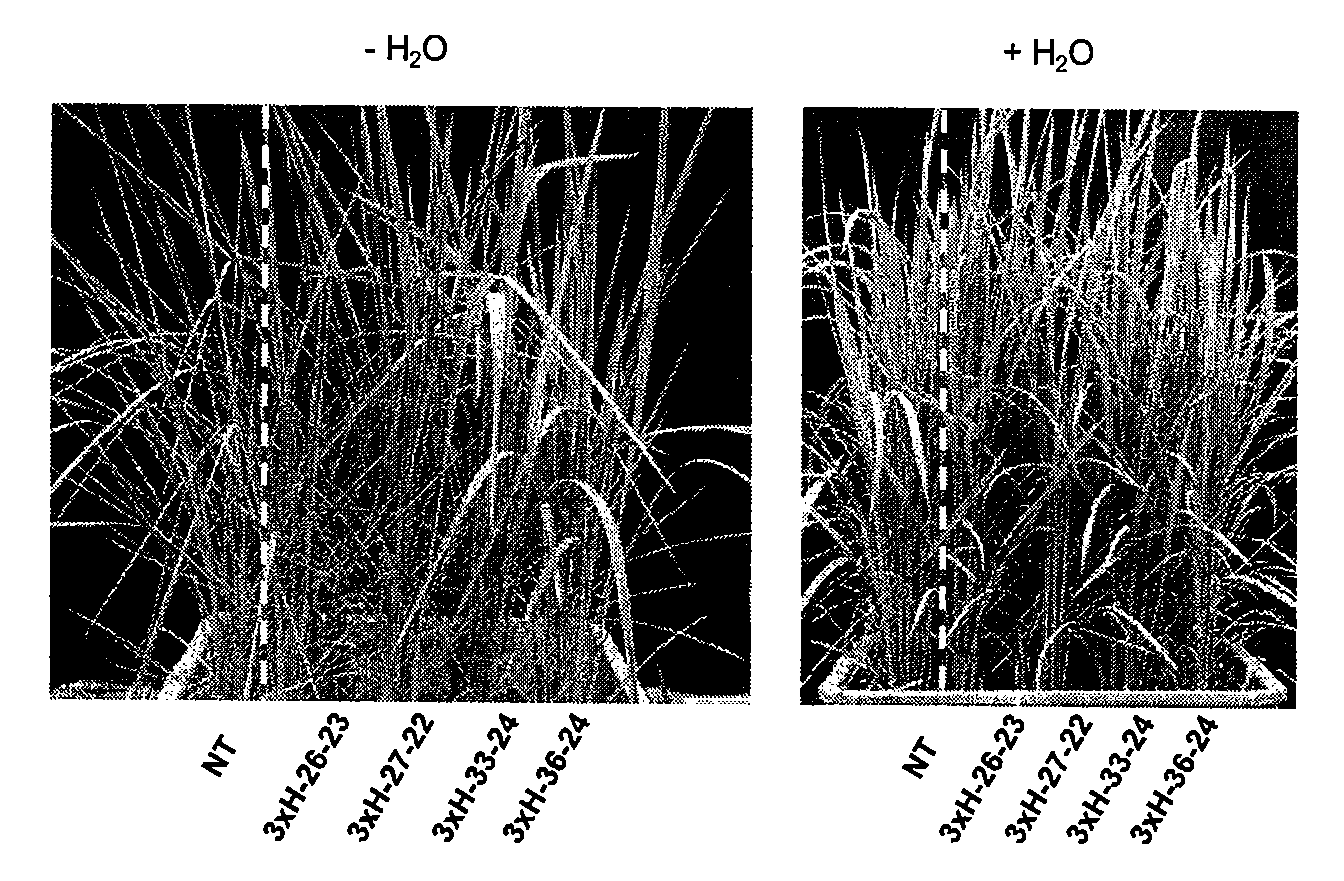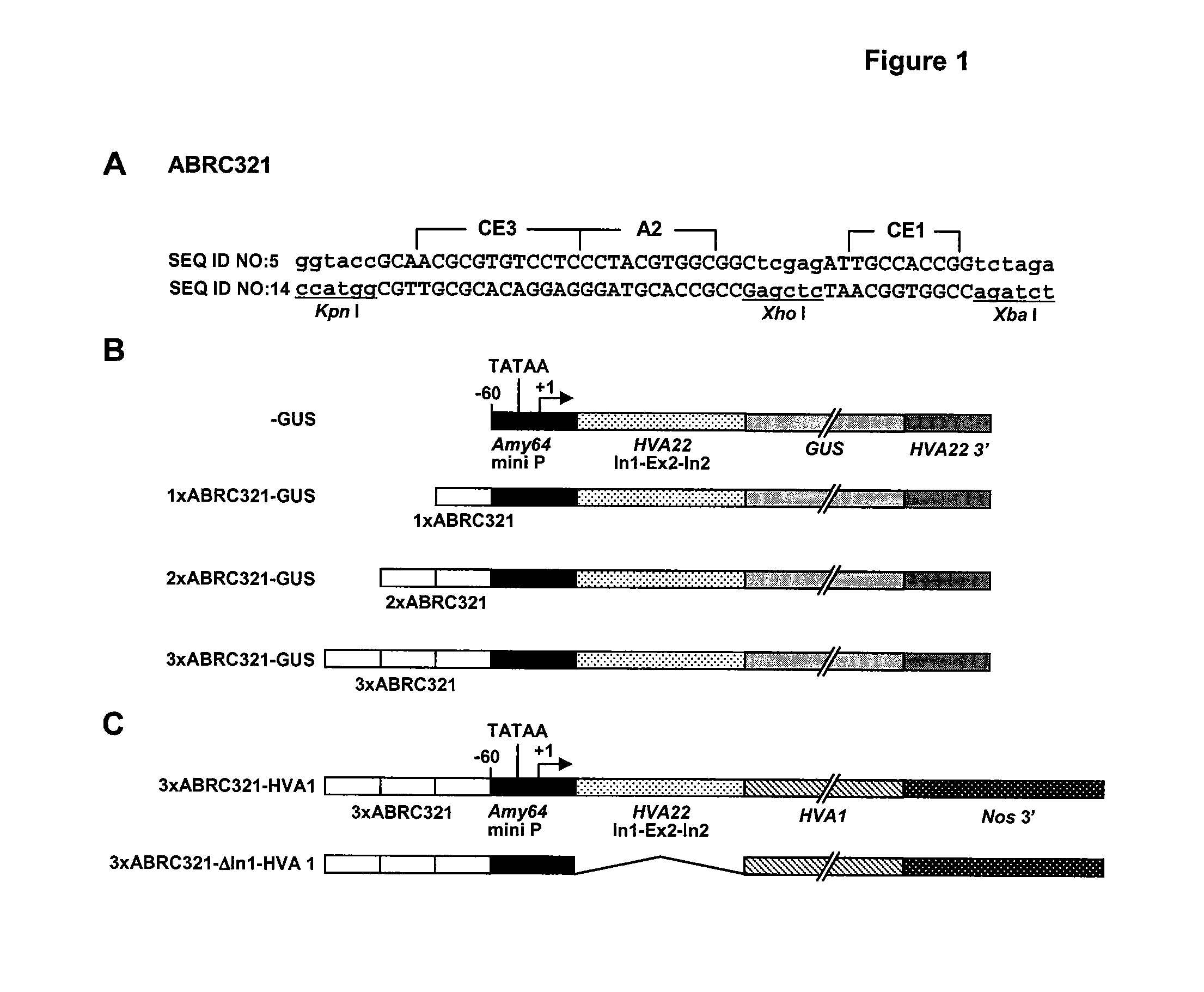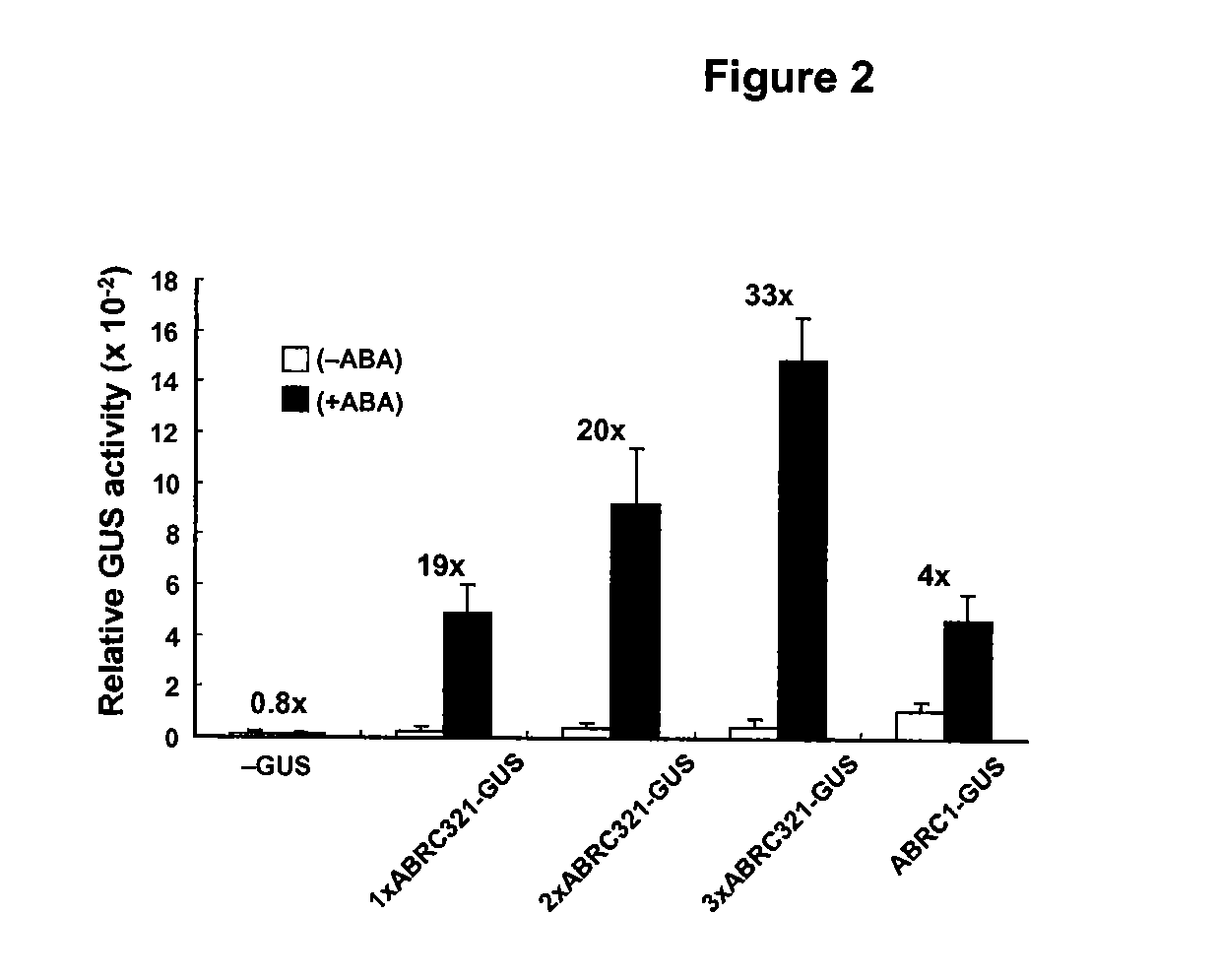Patents
Literature
514 results about "Abiotic stress" patented technology
Efficacy Topic
Property
Owner
Technical Advancement
Application Domain
Technology Topic
Technology Field Word
Patent Country/Region
Patent Type
Patent Status
Application Year
Inventor
Abiotic stress is the negative impact of non-living factors on the living organisms in a specific environment. The non-living variable must influence the environment beyond its normal range of variation to adversely affect the population performance or individual physiology of the organism in a significant way.
Plant transcriptional regulators of abiotic stress
InactiveUS20050086718A1Increased abiotic stress toleranceSugar derivativesMicroorganismsPolynucleotidePlant species
The invention relates to plant transcription factor polypeptides, polynucleotides that encode them, homologs from a variety of plant species, and methods of using the polynucleotides and polypeptides to produce transgenic plants having advantageous properties compared to a reference plant, including improved abiotic stress tolerance. Sequence information related to these polynucleotides and polypeptides can also be used in bioinformatic search methods to identify related sequences and is also disclosed.
Owner:MENDEL BIOTECHNOLOGY INC
Methods of increasing abiotic stress tolerance and/or biomass in plants and plants generated thereby
ActiveUS20060123516A1Improve toleranceIncrease biomassOther foreign material introduction processesTissue culturePolynucleotideAbiotic stress
Polynucleotide sequences and methods of utilizing same for increasing the tolerance of a plant to abiotic stresses and / or increasing the biomass and / or increasing the yield of a plant are provided.
Owner:EVOGENE LTD
Transcriptional regulation of plant biomass and abiotic stress tolerance
InactiveUS20050097638A1Increase biomassImprove toleranceSugar derivativesOther foreign material introduction processesWild typeTranscriptional regulation
The invention relates to plant transcription factor polypeptides, polynucleotides that encode them, homologs from a variety of plant species, and methods of using the polynucleotides and polypeptides to produce transgenic plants having advantageous properties, including increased biomass or improved cold or other osmotic stress tolerance, as compared to wild-type or reference plants. The invention also pertains to expression systems that may be used to regulate these transcription factor polynucleotides, providing constitutive, transient, inducible and tissue-specific regulation.
Owner:MONSANTO TECH LLC +1
Regulatory sequences for expressing gene products in plant reproductive tissue
ActiveUS20070006344A1Increase reproductive sink strengthIncrease capacitySugar derivativesOther foreign material introduction processesGene productRegulatory control
Expression cassettes causing specific regulatory control of transgene expression in plants, wherein the expression cassettes include regulatory sequences from the MADS gene family for expression of recombinant gene products in the reproductive tissue of plants for the purpose of generating abiotic stress tolerant plants.
Owner:SYNGENTA PARTICIPATIONS AG
Plants with improved water deficit and cold tolerance
The present invention provides nucleic acid constructs, including plasmids, expression vectors or expression cassettes comprising polynucleotides encoding CCAAT-binding transcription factor polypeptides that have the ability to increase a plant's tolerance to abiotic stress. Polynucleotides encoding functional CCAAT-binding transcription factors were incorporated into expression vectors, introduced into plants, and ectopically expressed. The encoded polypeptides of the invention significantly increased the cold and water deficit tolerance of the transgenic plants, as compared to tolerance to these stresses of control plants.
Owner:MENDEL BIOTECHNOLOGY INC
Methods for enhancing stress tolerance in plants and compositions thereof
ActiveUS20050097640A1Improve traitsIncrease productionImmunoglobulinsFermentationBiotechnologyIncreased tolerance
Increased tolerance to abiotic stress in a plant is provided by introducing DNA expressing a cold shock protein, e.g. bacterial cold shock protein.
Owner:MONSANTO TECH LLC
Methods of increasing abiotic stress tolerance and/or biomass in plants and plants generated thereby
ActiveUS20090089898A1Improve toleranceIncrease biomassImmunoglobulinsFermentationPolynucleotideAbiotic stress
Polynucleotide sequences and methods of utilizing same for increasing the tolerance of a plant to abiotic stresses and / or increasing the biomass, vigor and / or yield of a plant are provide
Owner:EVOGENE LTD
Methods of increasing abiotic stress tolerance and/or biomass in plants and plants generated thereby
ActiveUS7910800B2Improve toleranceIncrease biomassImmunoglobulinsFermentationNucleic acid sequencingPolynucleotide
Owner:EVOGENE LTD
Biotic and abiotic stress tolerance in plants
Transcription factor polynucleotides and polypeptides incorporated into nucleic acid constructs, including expression vectors, have been introduced into plants and were ectopically expressed. Transgenic plants transformed with many of these constructs have been shown to be more resistant to disease (in some cases, to more than one pathogen), or more tolerant to an abiotic stress (in some cases, to more than one abiotic stress). The abiotic stress may include, for example, salt, hyperosmotic stress, water deficit, heat, cold, drought, or low nutrient conditions.
Owner:MENDEL BIOTECHNOLOGY INC
Spectrally selective grow tube
InactiveUS20100299993A1Improve scalabilityReduce escapeSeed and root treatmentPlant phenotype modificationOrganismBiology
A biodegradable spectrally selective grow tube or tree shelter that improves the establishment of woody plant forms by reduction and / or elimination of certain biotic and abiotic stress factors. The grow tube may provide an enhanced micro climate that is humid, CO2-replenished and promotes photosynthesis by selectively propagating photosynthetically active radiation. In addition to providing a physical barrier to wind and herbivores, certain embodiments of the grow tube can also provide protection from chemical sprays while permitting ventilation of the grow tube. Various embodiments of the spectrally selective grow tube may comprise separate interior and exterior members for enhancement of the interior and exterior surface functions and that may be constructed from a biodegradeable polymer or paper-based material. The interior member can be dyed or pigmented to selectively transmit wavelengths of the visible spectrum known to promote photosynthesis, such as red light and / or blue light.
Owner:PLANTRA
Isolated polynucleotides and polypeptides for increasing plant yield and/or agricultural characteristics
ActiveUS20130125258A1Increase contentIncrease ratingsImmunoglobulinsFermentationNucleic acid sequencingPolynucleotide
Provided are isolated polynucleotides which comprise a nucleic acid sequence at least 80% identical to SEQ ID NO: 321, 1-320, 322-480, 793-2945 or 2946; isolated polypeptides which comprise an amino acid sequence at least 80% homologous to SEQ ID NO: 517, 481-516, 518-792, 2947-4662 or 4663, nucleic acid constructs comprising same, transgenic cells and plants expressing same and methods of using same for increasing yield, biomass, growth rate, vigor, oil content, fiber yield, fiber quality, abiotic stress tolerance, and / or nitrogen use efficiency of a plant.
Owner:EVOGENE LTD
Methods of increasing abiotic stress tolerance and/or biomass in plants
ActiveUS7554007B2Increase biomassHigh yieldTissue cultureOther foreign material introduction processesPolynucleotideAbiotic stress
Provided are methods of increasing the tolerance of a plant to abiotic stresses and / or increasing the biomass and / or increasing the yield of a plant by expressing within the plant an exogenous polynucleotide homologous to SEQ ID NO:13.
Owner:EVOGENE LTD
Conferring biotic and abiotic stress tolerance in plants
The invention relates to plant transcription factor polypeptides, polynucleotides that encode them, homologs from a variety of plant species, and methods of using the polynucleotides and polypeptides to produce transgenic plants having advantageous properties, tolerance low nitrogen, cold and water deficit conditions, and resistance to disease, as compared to wild-type or other control plants.
Owner:MENDEL BIOTECHNOLOGY INC
Isolated polynucleotides and polypeptides, and methods of using same for improving plant properties
ActiveUS20130276169A1Improve toleranceHigh yieldImmunoglobulinsFermentationBiotechnologyPolynucleotide
Provided are isolated polynucleotides which are at least 80% homologous to SEQ ID NO: 320, 1-319, 321-473, 836-1652, 1654-3221, 3225-3241, 3243-3630, 3632-4176 or 4177; and isolated polypeptides which are at least 80% homologous to SEQ ID NO: 760, 474-759, 761-770, 772-835 and 4178-4195, 4197-4213, 4215-4216, 4218-5334, 5336-5522, 5524-5754, 5756-6215, 6217, 6220-6223, 6230, 6232, 6235-6607, 6609-6614, 6620-7129 or 7130, nucleic acid constructs comprising the isolated polynucleotides, transgenic plants expressing same and methods of using same for increasing abiotic stress tolerance, yield, biomass, growth rate, vigor, oil content, fiber yield, fiber quality, and / or nitrogen use efficiency of a plant.
Owner:EVOGENE LTD
Methods for increasing tolerance to abiotic stress in plants
ActiveUS20110232181A1Improve toleranceTolerance to abiotic stressBiocidePlant growth regulatorsIncreased toleranceCarboxylic acid
The present invention provides a method for increasing tolerance to abiotic stress and / or reducing the consequence of abiotic stress in a plant or part thereof comprising contacting a plant or part thereof with a composition comprising an effective amount of dicarboxylic acid or derivative thereof.
Owner:CROP MICROCLIMATE MANAGEMENT
Nucleotide sequences and polypeptides encoded thereby for enhancing plant drought tolerance
InactiveUS20060150285A1Improve drought toleranceBryophytesSugar derivativesIncreased toleranceNucleotide sequencing
Isolated polynucleotides and polypeptides encoded thereby are described, together with the use of those products for making transgenic plants with increased tolerance to abiotic stress (e.g., high or low temperature, drought, flood).
Owner:CERES INC
N-Acetylcysteine Amide (Nac Amide) for Enhancing Plant Resistance and Tolerance to Environmental Stress
InactiveUS20080274888A1Reduce and prevent adverse reactionReduce prevent adverse reactionBiocidePlant growth regulatorsFrostOxidative stress
The potent antioxidant N-acetylcysteine amide (NAC amide), or a physiologically acceptable derivative, salt, or ester thereof, is topically or exogenously applied to a plant, or part thereof, to reduce or prevent adverse reactions of plants and crops to environmental biotic and abiotic stresses, such as extremes of temperature, drought, humidity, frost, rain, as well as the presence or invasion of a variety of pests and pathogens. Such environmental stresses can result in oxidative stress and the correlated production (and buildup) of free radicals in plant cells, which damages plant cells and tissues and can lead to plant death. NAC amide reduces, prevents, alleviates, or otherwise counteracts such oxidative stress and free radical production, which adversely effect the overall growth and viability of the plant.
Owner:SAEGIS PHARMA
Three cotton ABF/AREB/ABI5/DPBF type transcription factors and coding genes and application thereof
InactiveCN102060919AMicrobiological testing/measurementMicroorganism based processesBiotechnologyNucleotide
The invention discloses three novel cotton ABF / AREB / ABI5 / DPBF type transcription factors GhABF2, GhABF3 and GhABI5, and coding genes and application thereof. Amino acid sequences of the GhABF2, GhABF3 and GhABI5 are shown as SEQ ID NO: 2, 5 and 8 respectively. Nucleotide sequences of the coding genes GhABF2, GhABF3 and GhABI5 are shown as SEQ ID NO: 1, 4 and 7 respectively. The invention also discloses the structural characteristics on genomic deoxyribonucleic acid (DNA) and a ribonucleic acid (RNA) editing law of reading frame regions of the coding genes GhABF2, GhABF3 and GhABI5. The invention also discloses the cotton expression characteristics and yeast expression characteristics of the three genes and the characteristic that the three genes can improve the drought resistance of arabidopsis thaliana. The genes provide gene resources for culturing a plant variety resistant to abiotic stress, and have great significance for improving the abiotic stress resistance of plants.
Owner:THE INST OF BIOTECHNOLOGY OF THE CHINESE ACAD OF AGRI SCI +1
Increasing abiotic stress tolerance in plants
InactiveUS20160037772A1Reduced fruit sizeReduce yieldBiocideDead plant preservationPlant hormoneVegetable oil
Methods for treating a plant comprise contacting a plant or a part of a plant with one or more of 9-oxononanoic acid, arachidonic acid, or a salt or ester thereof; wherein the amount is effective to increase tolerance to abiotic stress in the plant or to reduce a consequence of abiotic stress in the plant. Additional ingredients can be included such as dicarboxylic acids, pipecolic acid, or salicylic acid, or salts / esters thereof; sunblocks such as kaolin or calcium carbonate; carriers such as inert powders or liquids; and co-treatment materials such as fertilizers, plant nutrients, biostimulants, micronutrients, amino acids, plant hormones, pesticides, fungicides, insecticides, nematicide, stearic acid, vegetable oil, or phospholipid.
Owner:GUERRERO MENDEZ MARIO MIGUEL
Transcriptional activators involved in abiotic stress tolerance
InactiveUS7253000B2Sugar derivativesOther foreign material introduction processesNucleic acid sequencingNucleotide sequencing
The present invention provides compositions and methods for regulating expression of nucleotide sequences in a plant. Compositions comprise novel nucleic acid sequences encoding a transcription factor involved in modulating gene expression in response to abiotic stress such as cold or drought. Methods for expressing the nucleic acid sequence in a plant and improving cold and / or drought tolerance of plants are also provided.
Owner:PIONEER HI BRED INT INC
Screening method for real-time fluorescent quantitative PCR reference genes of Hibiscus hamabo Sieb.et Zucc
The invention belongs to the technical field of plant gene engineering, and discloses a screening method for real-time fluorescent quantitative PCR reference genes of Hibiscus hamabo Sieb.et Zucc. Thescreening method utilizes a transcriptome database of Hibiscus hamabo Sieb.et Zucc, selects 10 candidate reference genes, and takes 10 candidate reference gene sequences as templates to design real-time fluorescent quantitative PCR specific primers, selects different tissues of Hibiscus hamabo Sieb.et Zucc and Hibiscus hamabo Sieb.et Zucc leaves under various abiotic stresses and hormone treatments as experimental materials for performing a fluorescent quantitative PCR experiment, and finally, performs data analysis by applying geNorm, NormFinder and BestKeeper software. The most stable reference genes in the screening method are ACT and SKIP. The screening method for real-time fluorescent quantitative PCR reference genes of Hibiscus hamabo Sieb.et Zucc establishes a screening system forstable reference genes of hibiscus hamabo, and provides stable reference genes for developing gene function research of Hibiscus hamabo Sieb.et Zucc.
Owner:INST OF BOTANY JIANGSU PROVINCE & CHINESE ACADEMY OF SCI
Synergistic bioinoculant composition comprising bacterial strains of accession Nos. NRRL B-30486, NRRL B-30487, and NRRL B-30488 and a method of producing said composition thereof
InactiveUS20030211119A1Maximum viabilityReduce mortalityBiocideBio-organic fraction processingBacteroidesPhosphate
The present invention relates to a synergistic composition useful as bioinoculant, said composition comprising bacterial strains of accession Nos. NRRL B-30486, NRRL B-30487, and NRRL-B 30488, individually or in all possible combinations, and optionally carrier, with each of the strains showing plant promotery activity, phytopathogenic fungi controlling activity, abiotic stress conditions tolerating capability, phosphate solubilization capability under abiotic stress conditions; further, a method of producing said composition thereof, and in addition, a method of isolating said bacterial strains from cow 'Sahiwal'.
Owner:COUNCIL OF SCI & IND RES
Aryl-and hetarylsulfonamides as active ingredients against abiotic plant stress
Use of substituted sulfonamides of the formula (I) or salts thereoffor enhancing stress tolerance in plants to abiotic stress, especially for enhancing plant growth and / or for increasing plant yield.
Owner:BAYER INTELLECTUAL PROPERTY GMBH
Isolated polynucleotides and polypeptides, and methods of using same for increasing plant yield and/or agricultural characteristics
ActiveUS20160272987A1Increase capacityIncrease contentClimate change adaptationPlant peptidesBiotechnologyFiber
Provided are isolated polypeptides which are at least 80% homologous to SEQ ID NOs: 710-1153 and 9276-15726, isolated polynucleotides which are at least 80% identical to SEQ ID NOs: 1-709 and 1157-9275, nucleic acid constructs comprising same, transgenic cells expressing same, transgenic plants expressing same and method of using same for increasing yield, abiotic stress tolerance, growth rate, biomass, vigor, oil content, photosynthetic capacity, seed yield, fiber yield, fiber quality, fiber length, and / or nitrogen use efficiency of a plant.
Owner:EVOGENE LTD
Methods of increasing yield and stress tolerance in a plant by decreasing the activity of a trehalose-6-phosphate phosphatase
InactiveUS9556449B2High Class III T6PP protein activityHydrolasesVector-based foreign material introductionBiotechnologyTrehalose
The present invention relates generally to the field of molecular biology and regards various polynucleotides, polypeptides and methods that may be employed to enhance yield in transgenic plants. Specifically the transgenic plants may exhibit any one of the traits consisting of increased yield, increased tolerance to abiotic stress, increased cell growth and increased nutrient use efficiency.
Owner:SYNGENTA PARTICIPATIONS AG
Microbial compositions for use in combination with soil insecticides for benefiting plant growth
Compositions and methods are provided for benefiting plant growth. The compositions contain isolated bacterial or fungal strains having properties beneficial to plant growth and development that can provide beneficial growth effects when delivered in a liquid fertilizer in combination with a soil insecticide to plants, seeds, or the soil or other growth medium surrounding the plant or seed. The beneficial growth effects include one or a combination of improved seedling vigor, improved root development, improved plant health, increased plant mass, increased yield, improved appearance, improvedresistance to osmotic stress, improved resistance to abiotic stresses, or improved resistance to plant pathogens. The isolated bacterial strains include those of the Bacillus species including speciessuch as Bacillus pumilus, Bacillus licheniformis, and Bacillus subtilis.
Owner:FMC CORP
Small molecule compound for enhancing plant stress resistance
InactiveCN104170823AImprove stress resistanceImprove drought tolerancePlant growth regulatorsBiocideSalinityBiology
The invention relates to a small molecular compound for enhancing plant stress resistance, and firstly reveals that small molecular compound AM1 has similar physiological activity with ABA, can significantly enhance plant tolerance to abiotic stress (commonly including cold, drought, salinity, osmotic pressure, heat and the like) widely existing in environment, and has higher application value.
Owner:SHANGHAI INST OF BIOLOGICAL SCI CHINESE ACAD OF SCI
Transgenic plants for nitrogen fixation
InactiveCN105874070ALow artificial nitrogen application requirementsMicrobiological testing/measurementClimate change adaptationGenetic MaterialsNutrient deficiency
Provided are genetic material and nucleic acid sequences useful of increasing yield, biomass, growth rate, vigor, nitrogen use efficiency and / or abiotic stress tolerance, preferably tolerance to nutrient deficiency of a plant. Specifically, the improvement of nitrogen fixation properties in cultivated plants is described.
Owner:UNIV OF BREMEN
Fertilizer synergist, synergistic fertilizer and preparation method of synergistic fertilizer
ActiveCN106866242AReduce usageIncrease profitOrganic fertilisersLayered/coated fertilisersPotassiumSuccinic acid
The invention discloses a fertilizer synergist. The fertilizer synergist contains malic acid, tartaric acid, citric acid, oxalic acid, succinic acid, humic acid and polyglutamic acid in a mass ratio of (0.01-0.12) to (0.01-0.12) to (0.10-0.26) to (0.10-0.27) to (0.10-0.22) to (0.01-0.1) to (0.01-0.1). The invention further discloses a synergistic fertilizer containing the fertilizer synergist and a preparation method of the synergistic fertilizer. The synergistic fertilizer has the following effects: (1) elements of nitrogen, phosphorus and potassium in soil can be activated, and the utilization rate of the fertilizer can be increased; (2) TCA cycle of plants is activated, and the energy supply is improved; (3) the absorption of elements of iron and magnesium is promoted, and the plant photosynthesis is enhanced; (4) the root heavy metals and the other abiotic stress are relieved; and (5) a soil microenvironment is improved, the soil activity is stimulated, and yields of food crops, leaf vegetables and melon-fruit commercial crops are effectively increased.
Owner:贵州西洋实业有限公司
Abiotic stress tolerant transgenic plants
InactiveUS20090133154A1Highly inducibleSimilar and high rateSugar derivativesBacteriaAbscisic acidResistant genes
In a transgenic plant, a stress-responsive promoter containing CE3 and ABRE2 from HVA1 ABRC3 and CE1 from HVA22 ABRC1, directs low background expression of a gene under normal growth conditions, but is highly inducible by an abiotic stress, such as abscisic acid, dehydration, salt or cold. Compared with the wild type plant, the transgenic plant that expresses a stress-resistant gene under the control of the stress-responsive promoter is more resistant and / or tolerant to abiotic stresses and exhibits similar or higher growth rate and strength under regular or normal environmental conditions.
Owner:ACAD SINIC
Features
- R&D
- Intellectual Property
- Life Sciences
- Materials
- Tech Scout
Why Patsnap Eureka
- Unparalleled Data Quality
- Higher Quality Content
- 60% Fewer Hallucinations
Social media
Patsnap Eureka Blog
Learn More Browse by: Latest US Patents, China's latest patents, Technical Efficacy Thesaurus, Application Domain, Technology Topic, Popular Technical Reports.
© 2025 PatSnap. All rights reserved.Legal|Privacy policy|Modern Slavery Act Transparency Statement|Sitemap|About US| Contact US: help@patsnap.com
